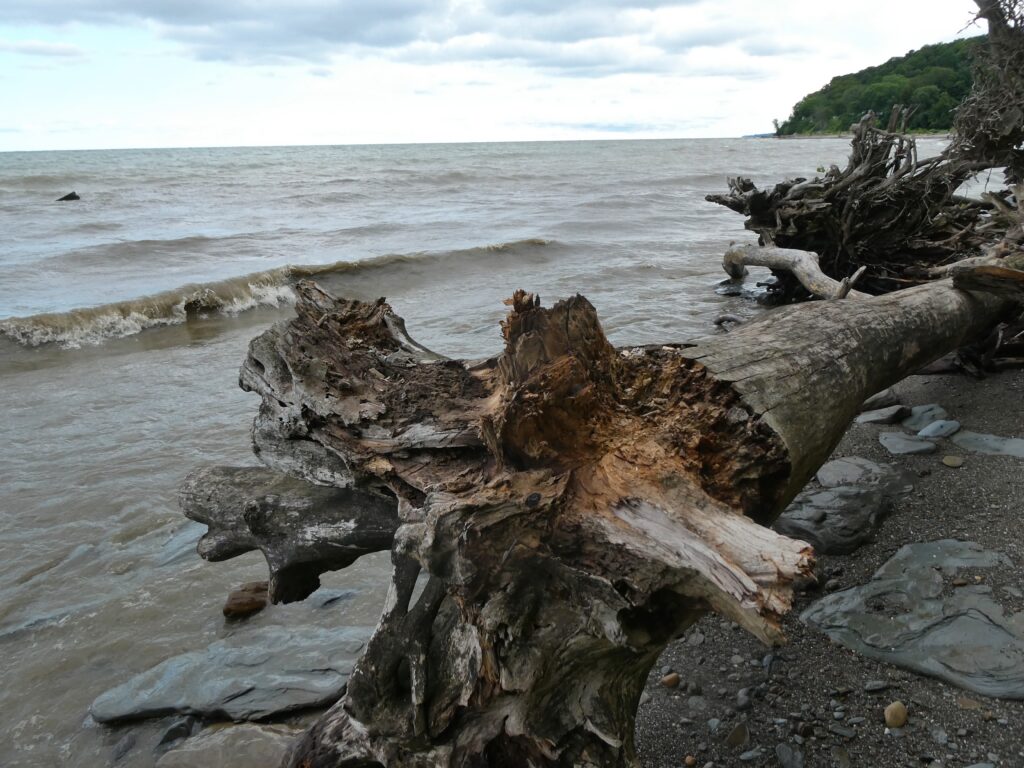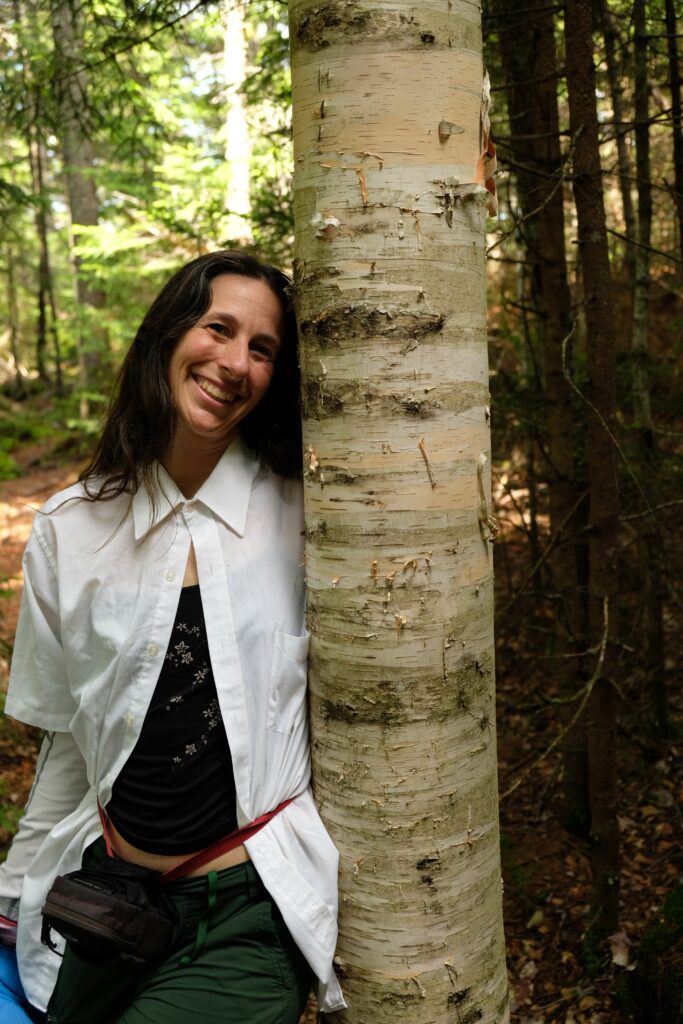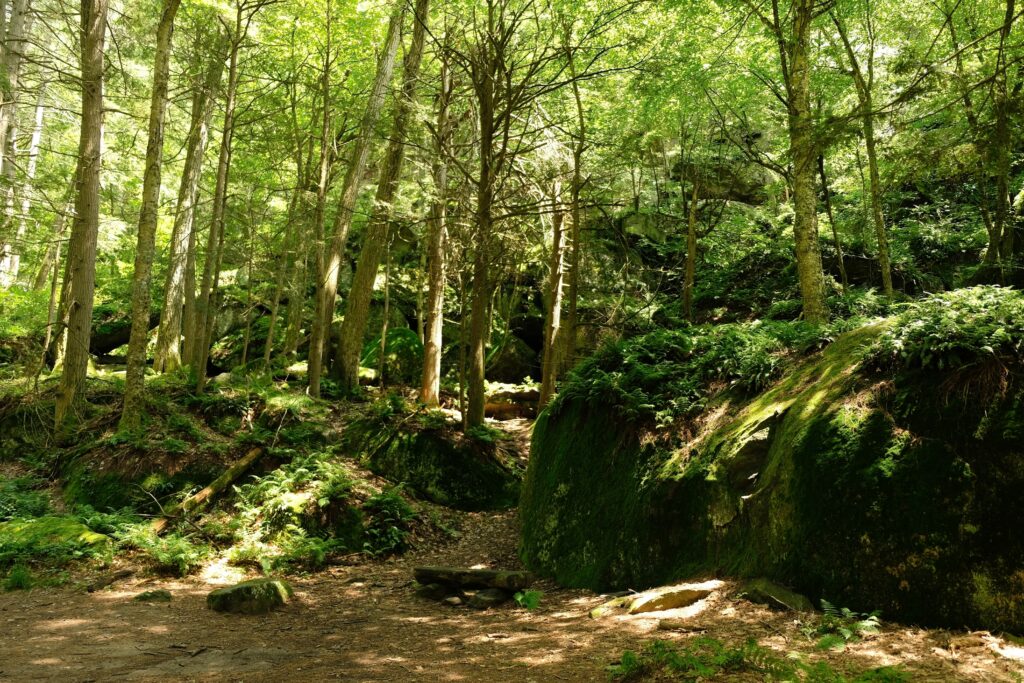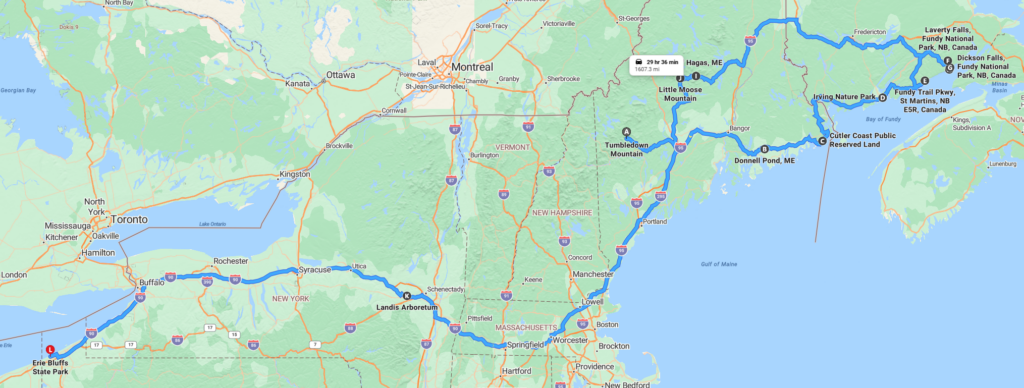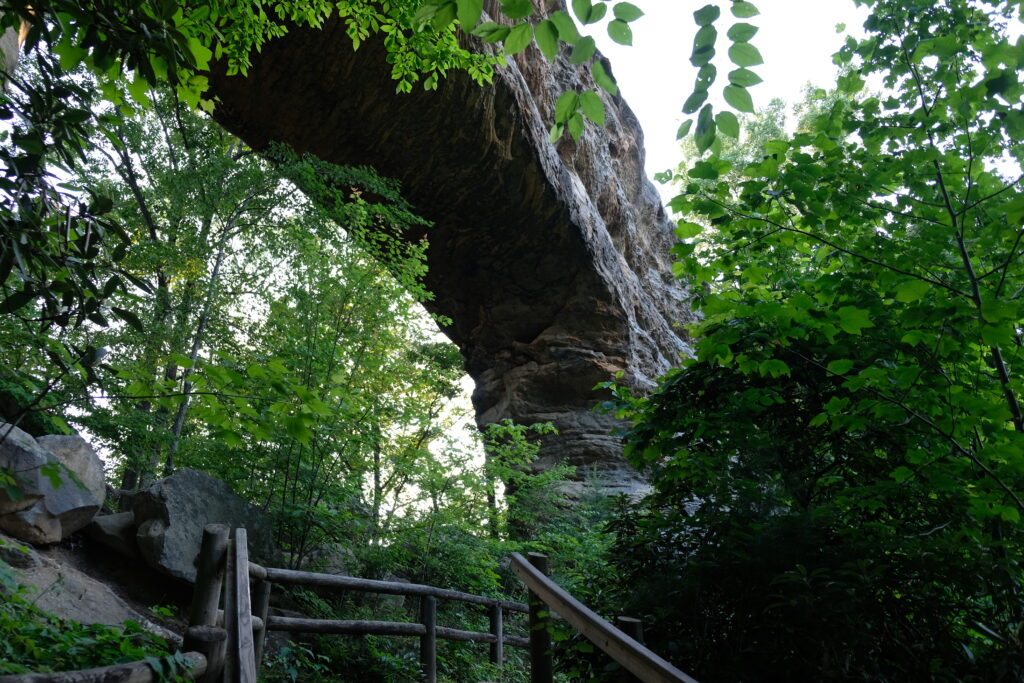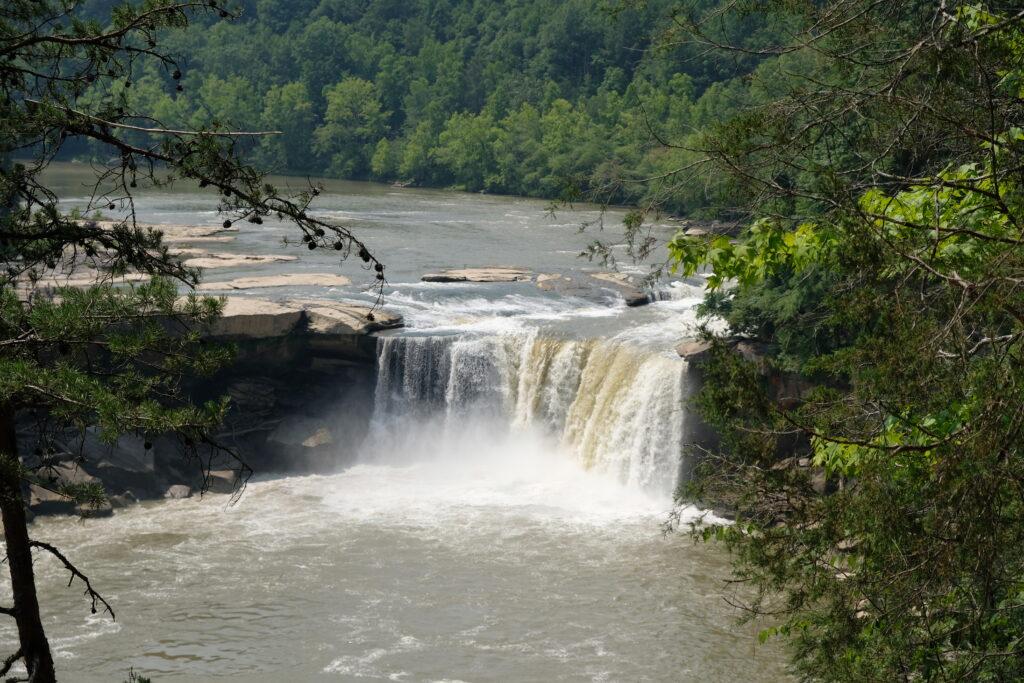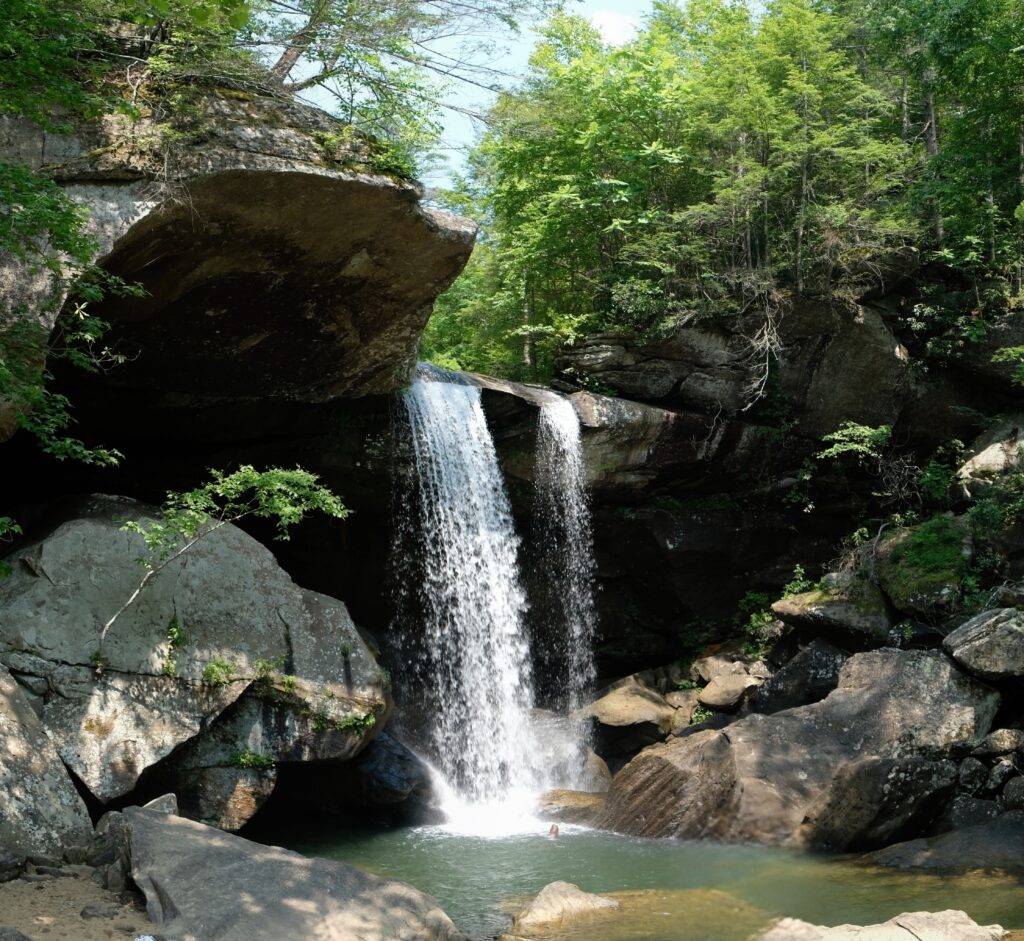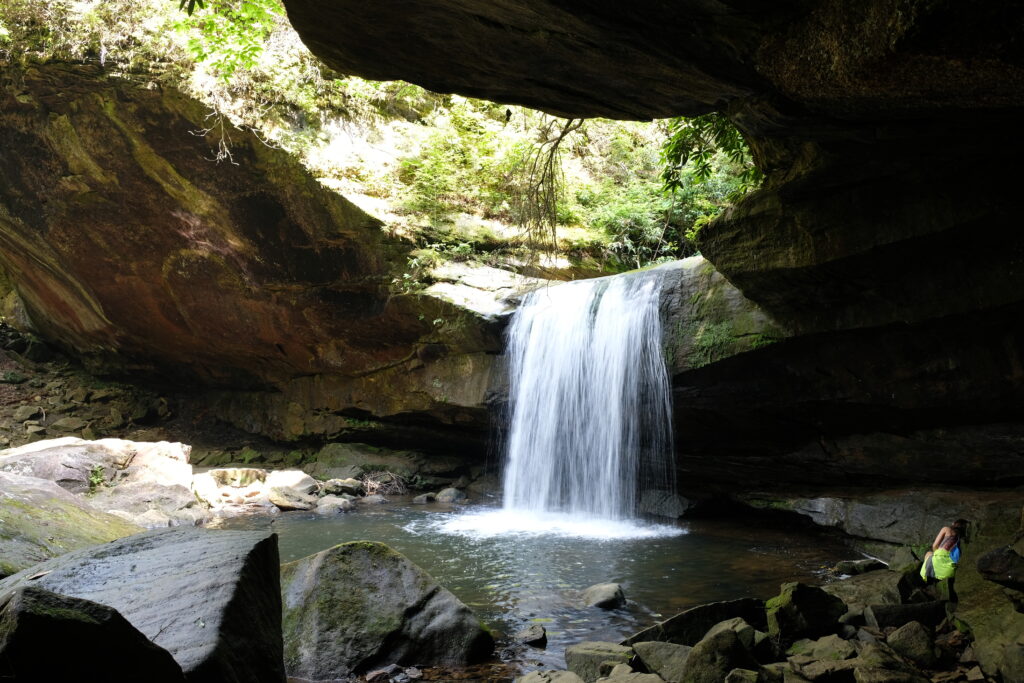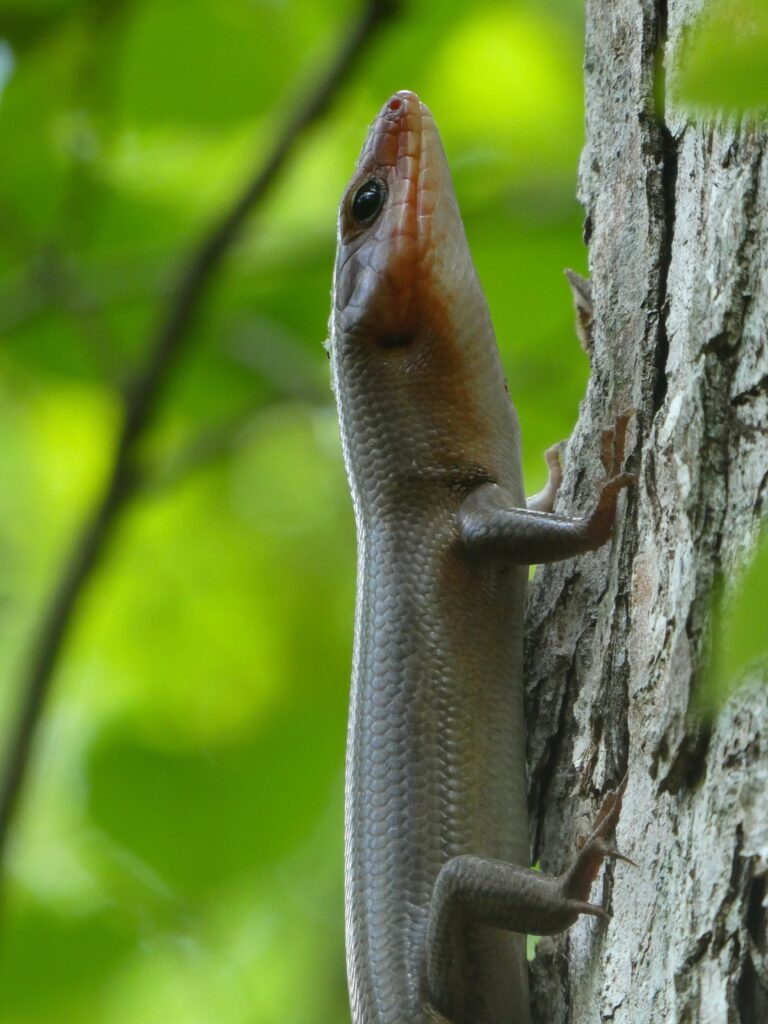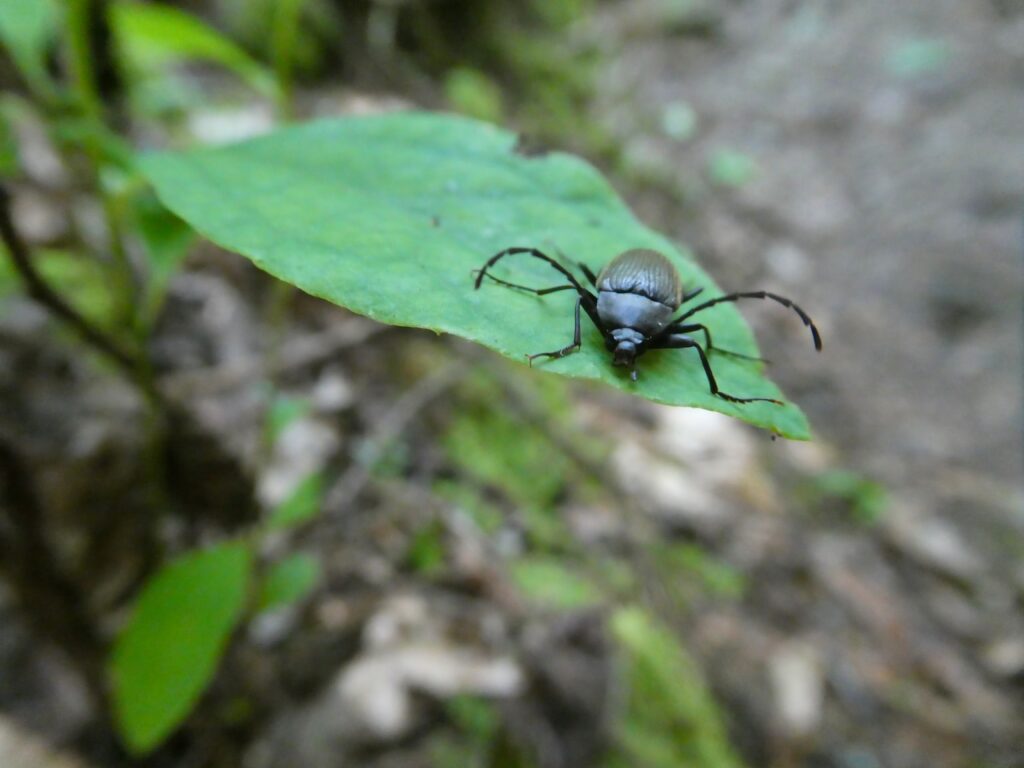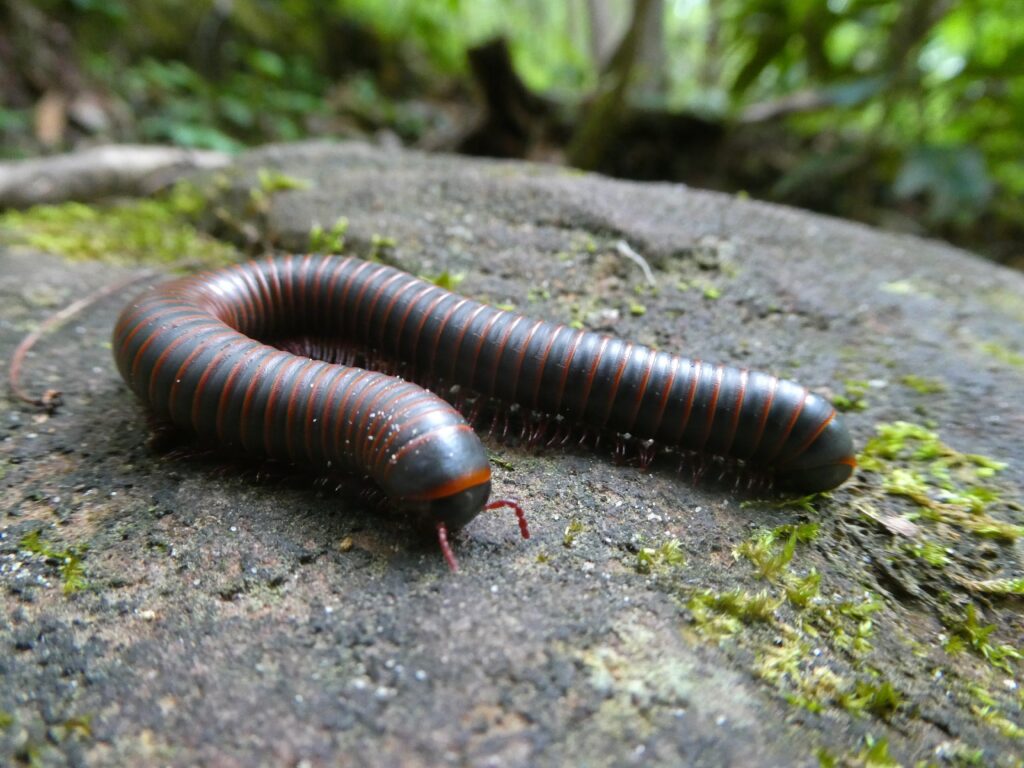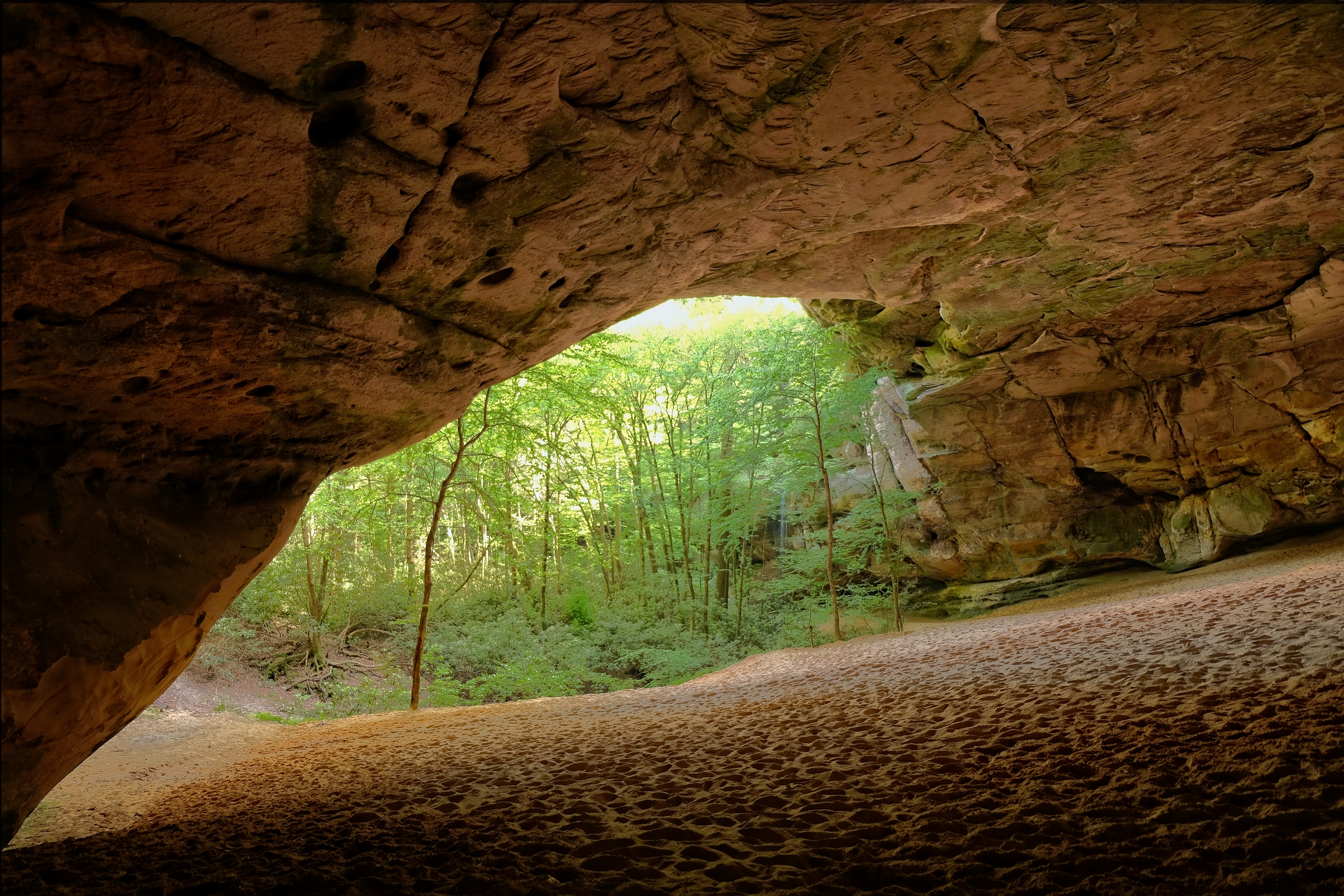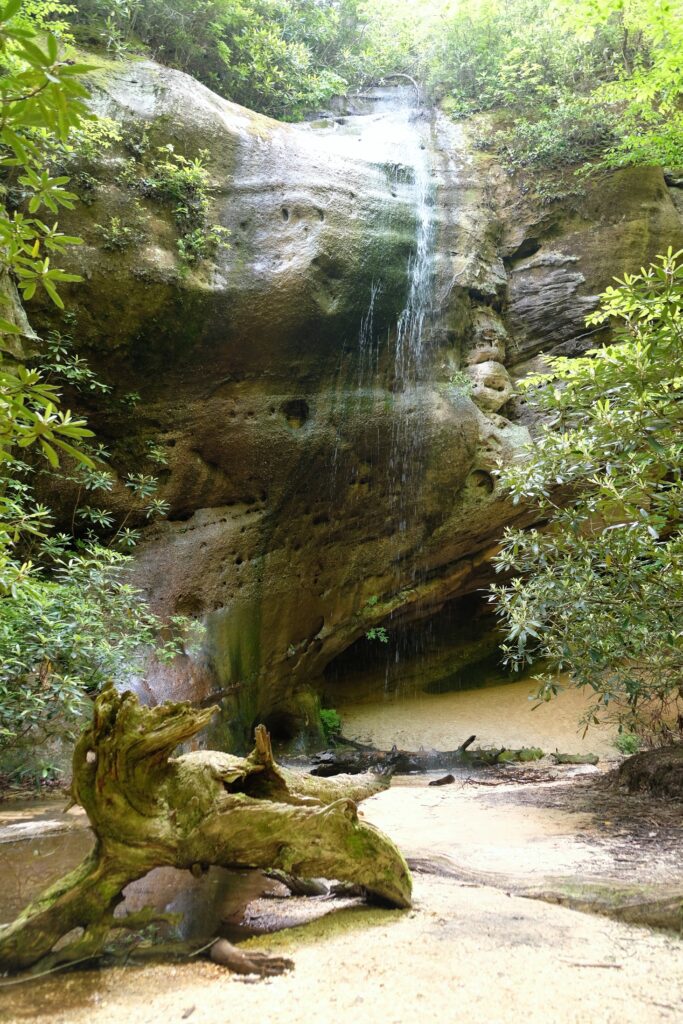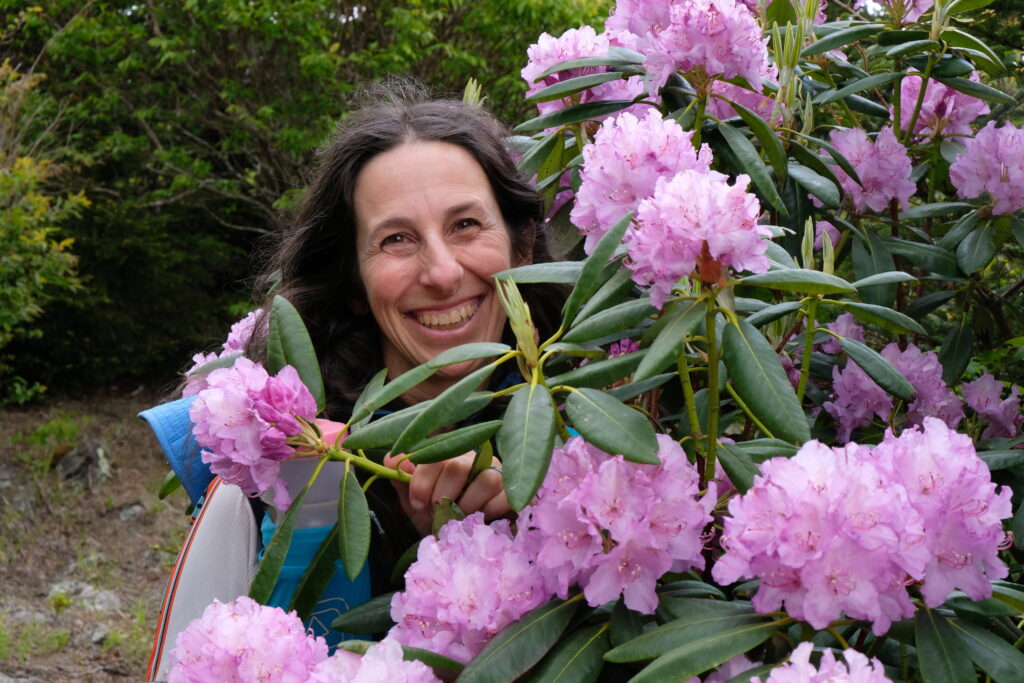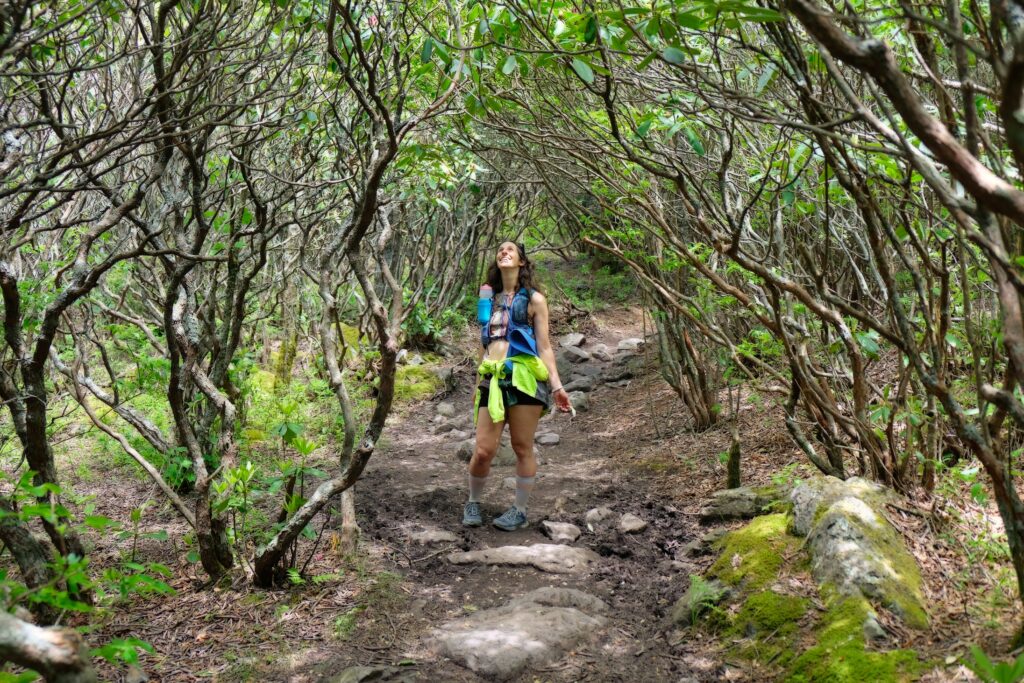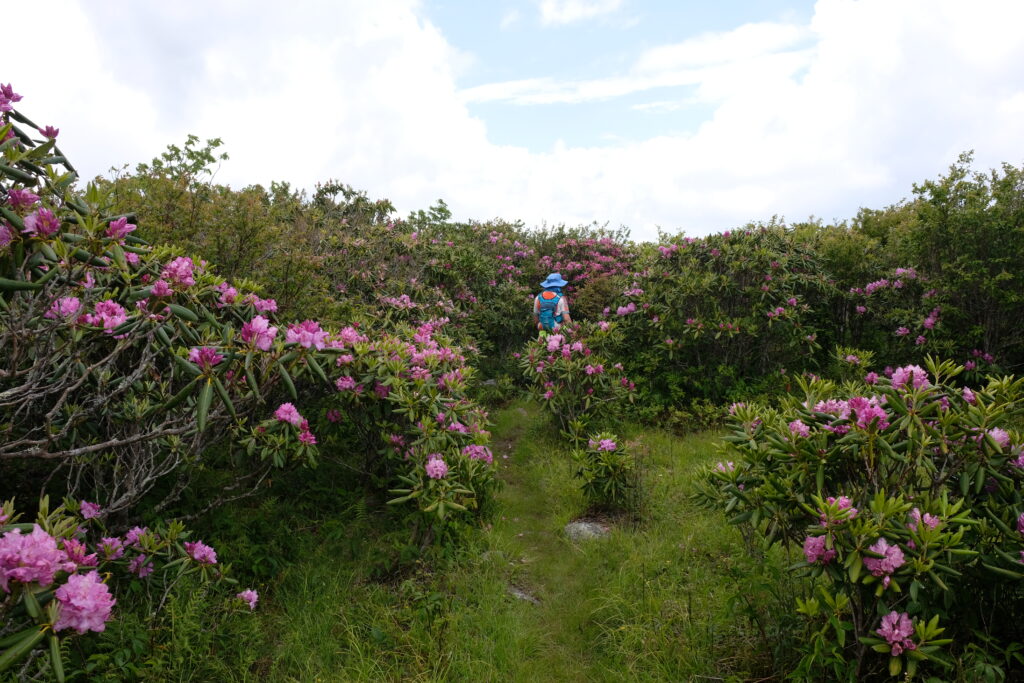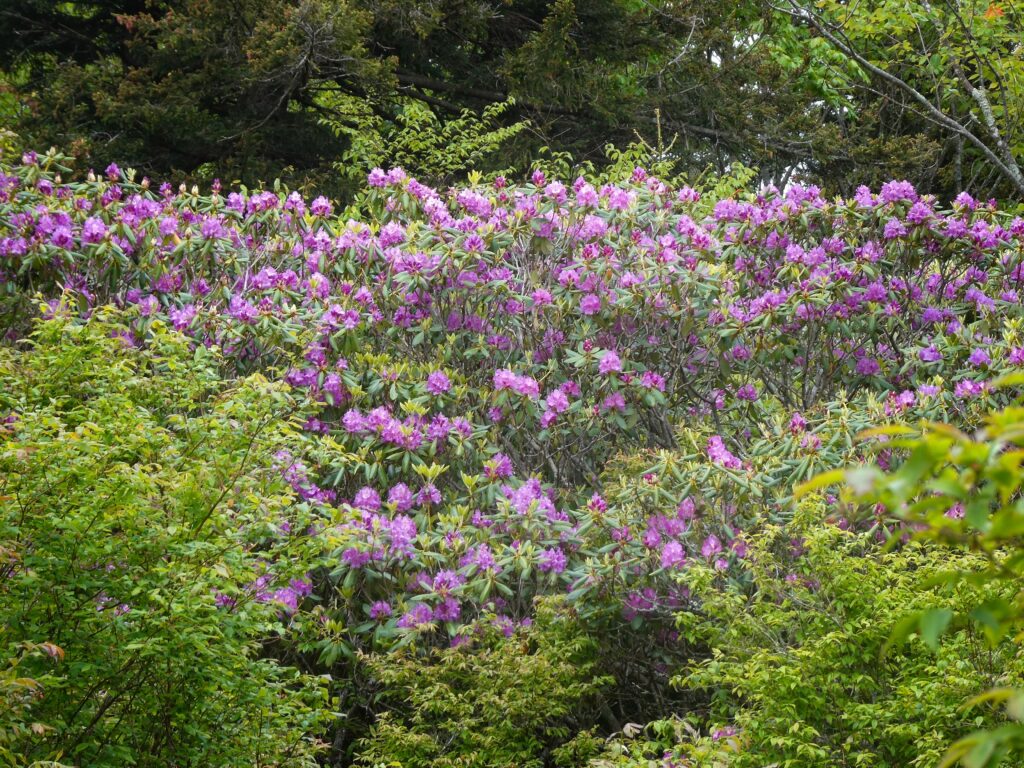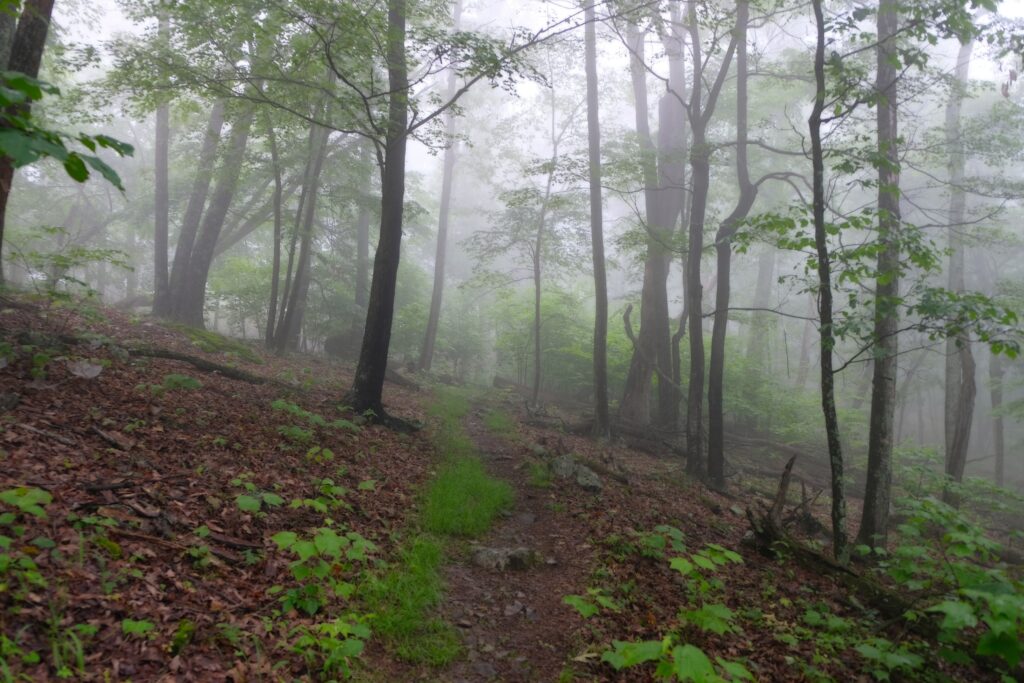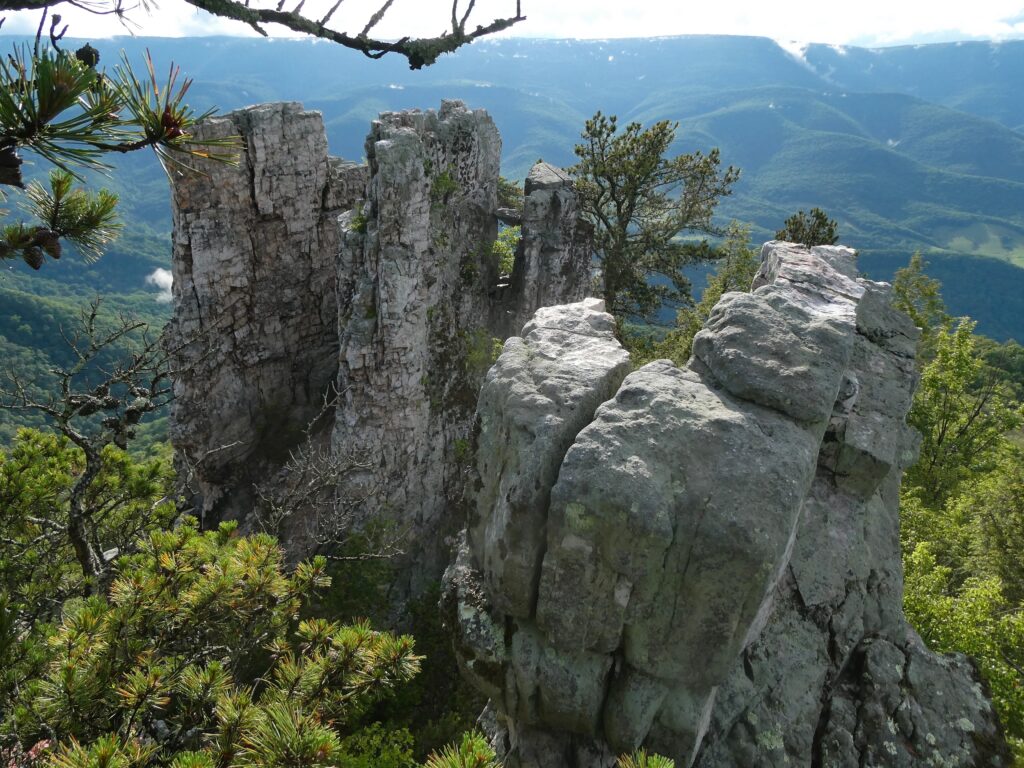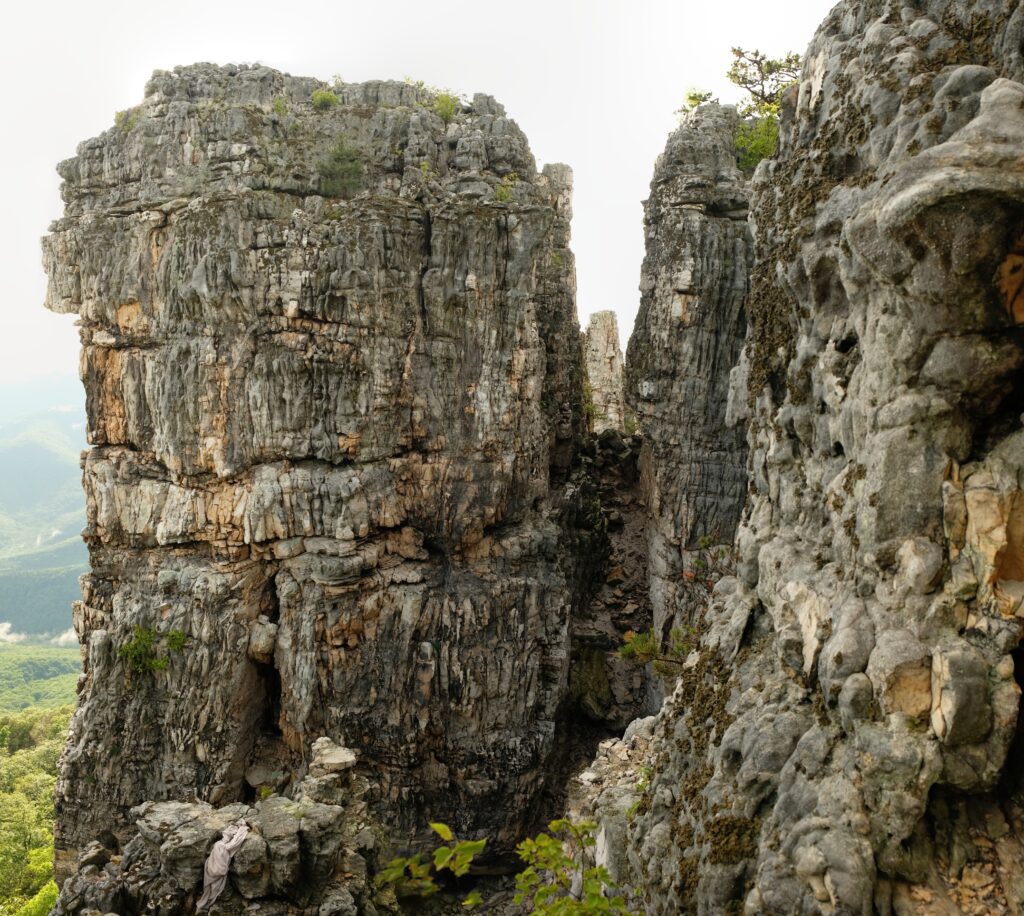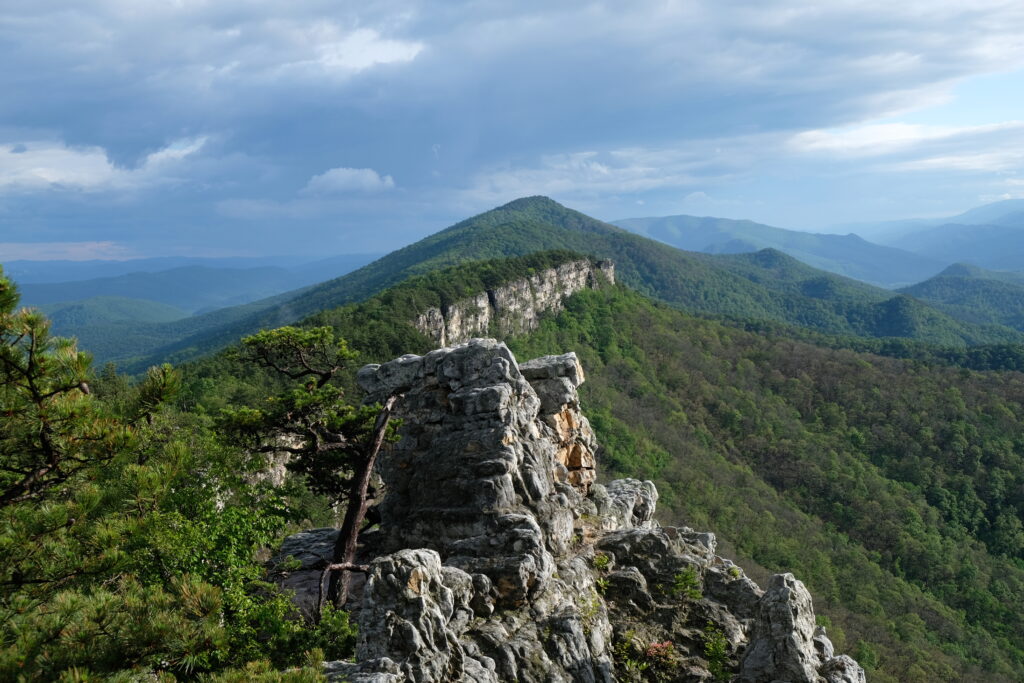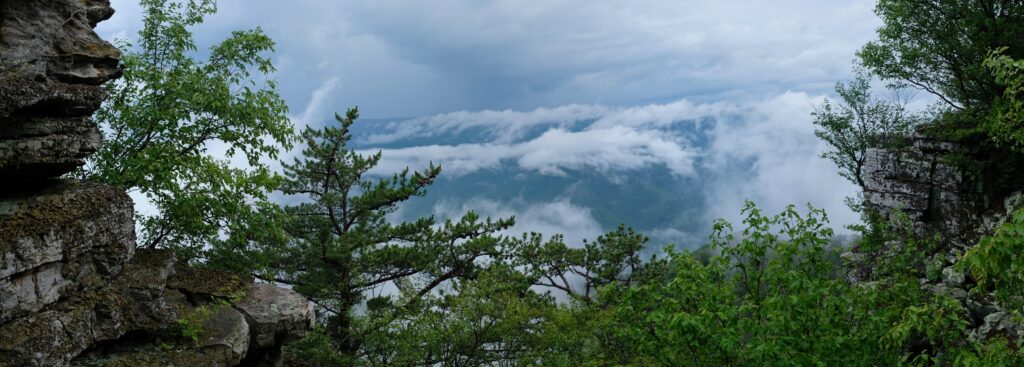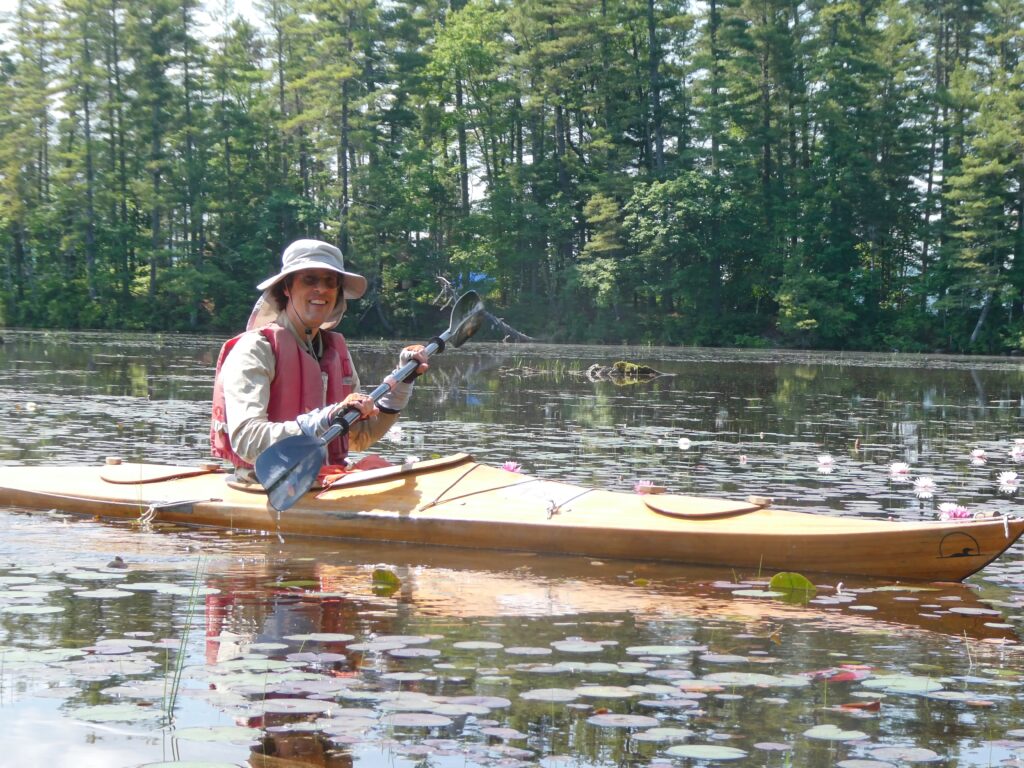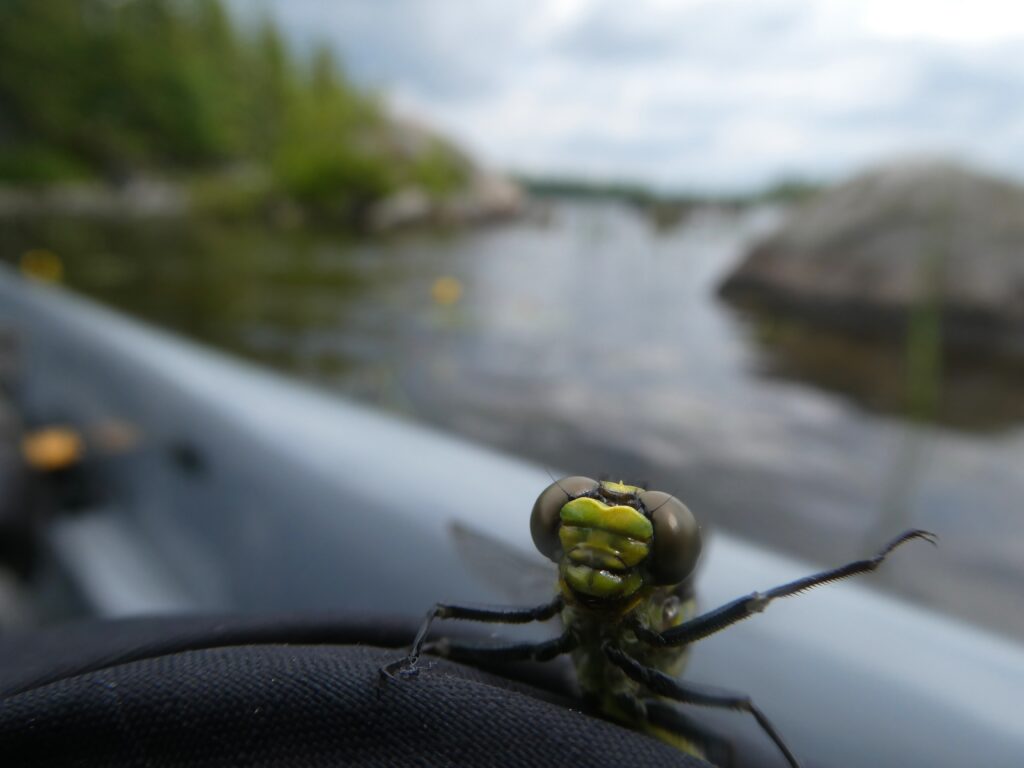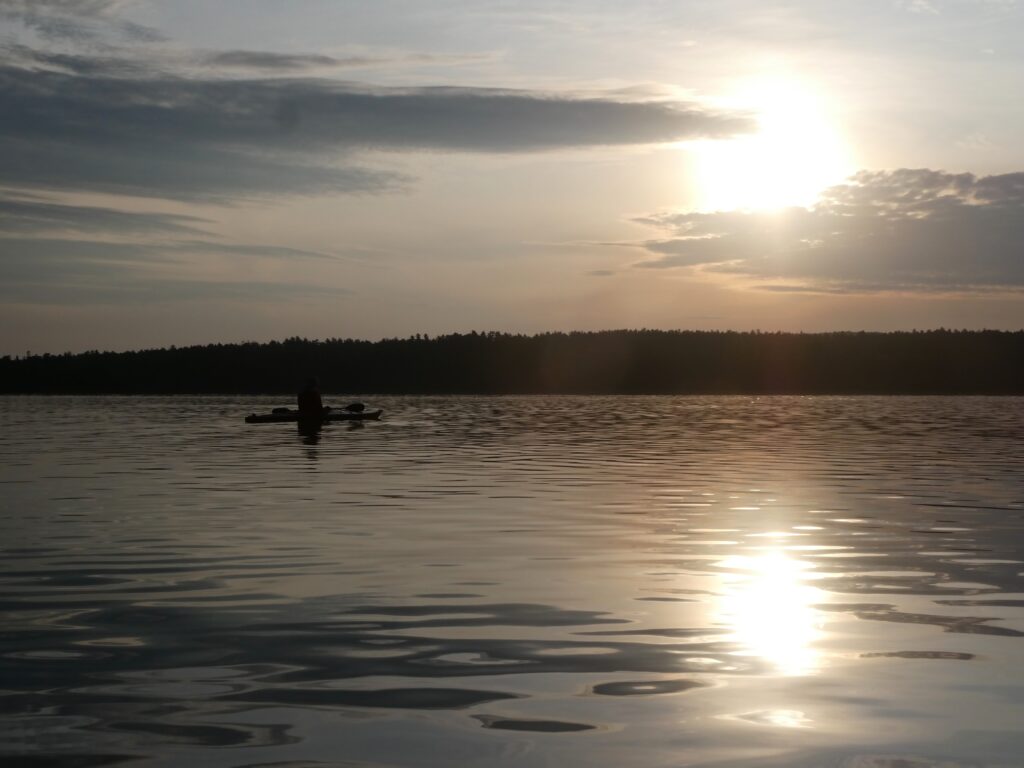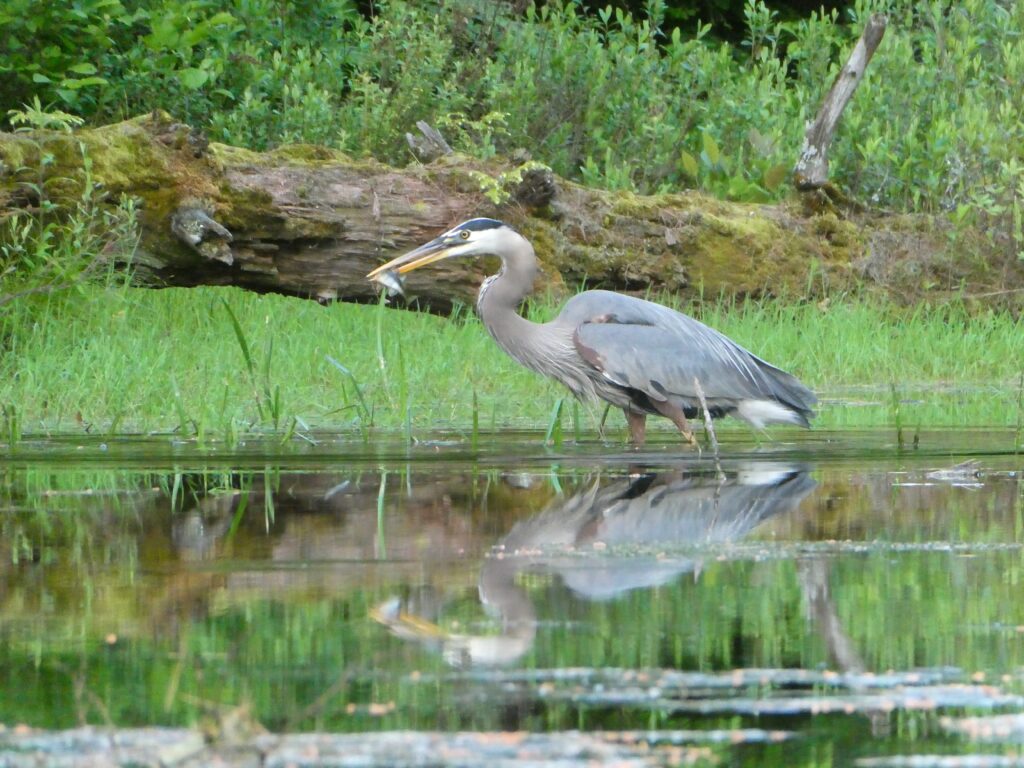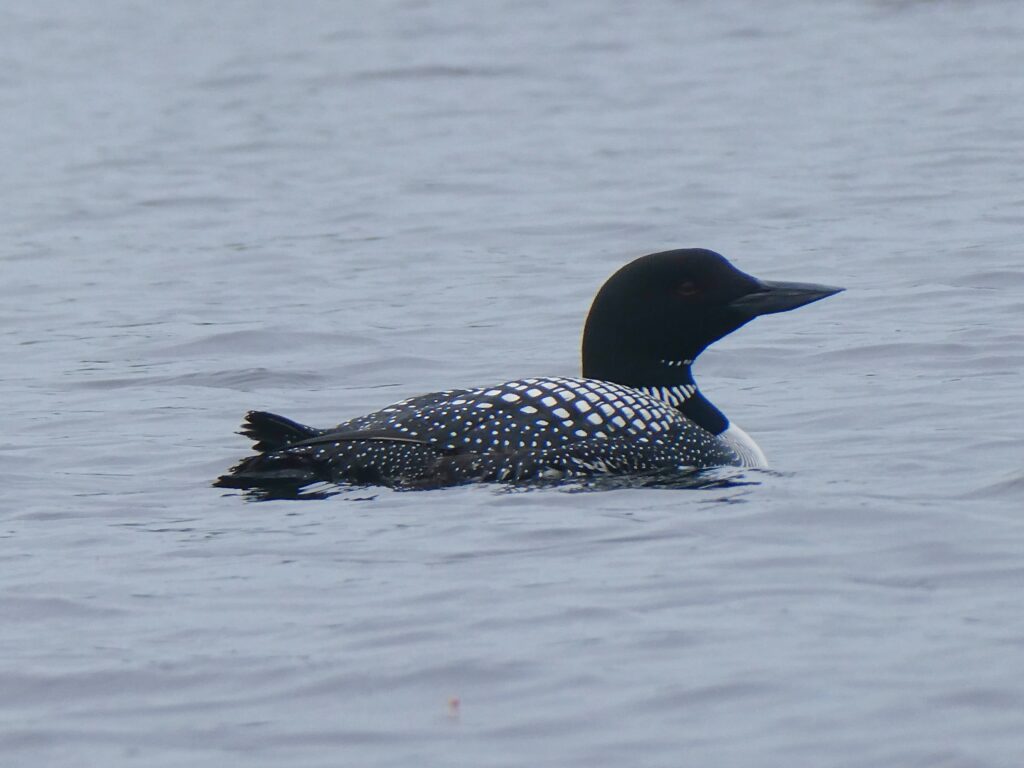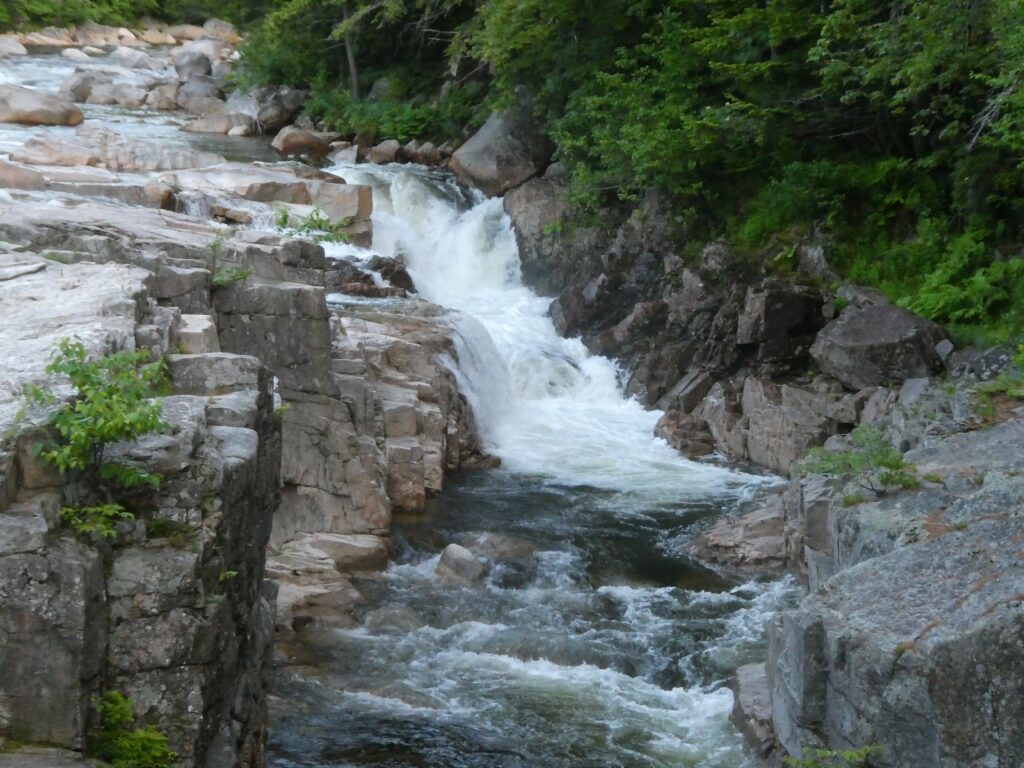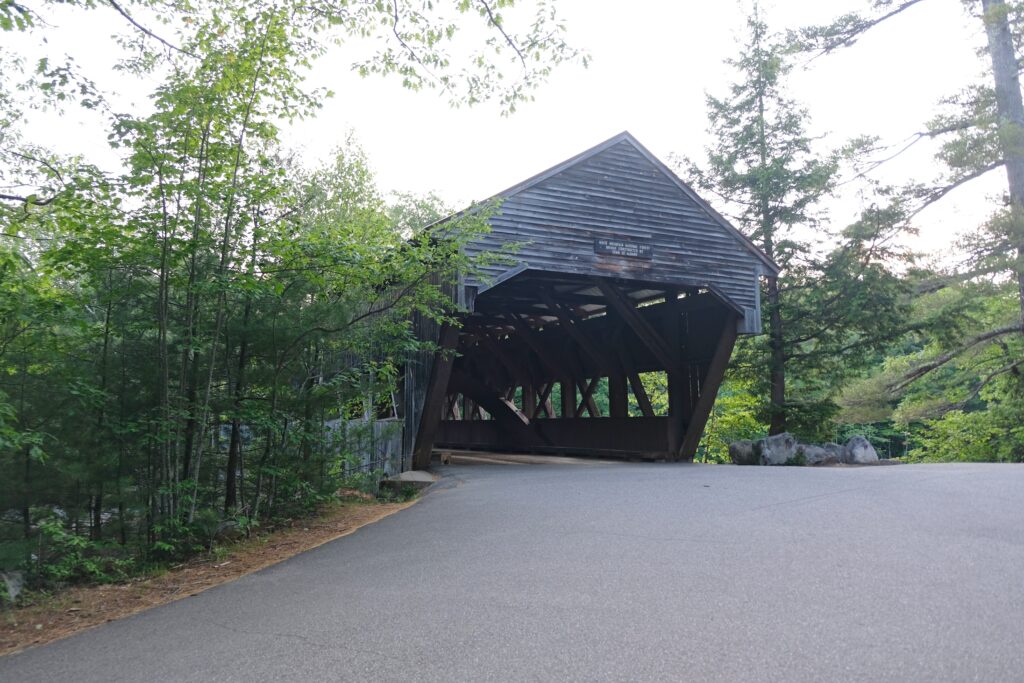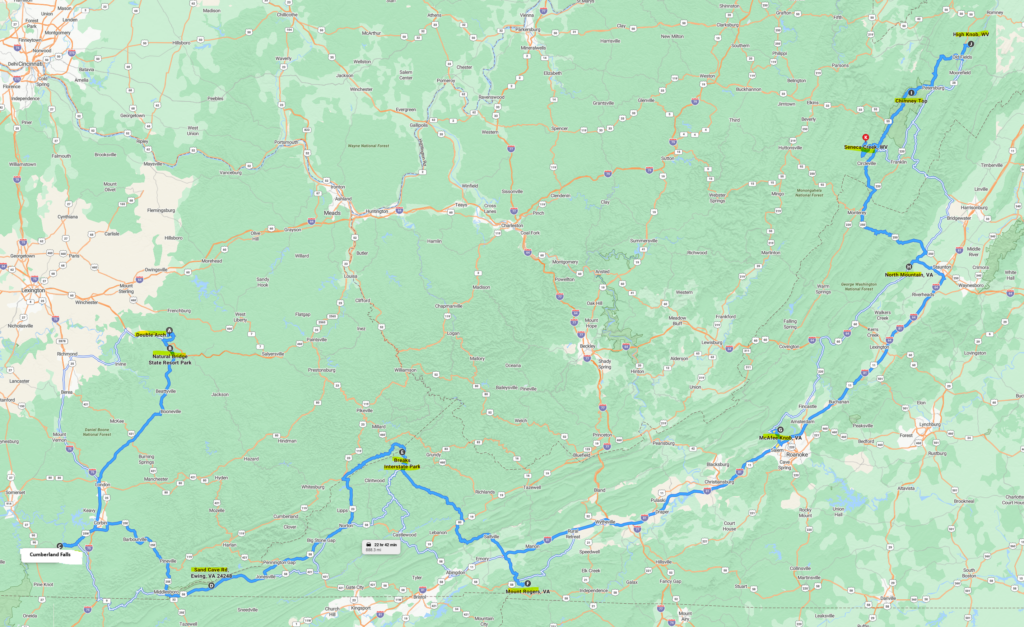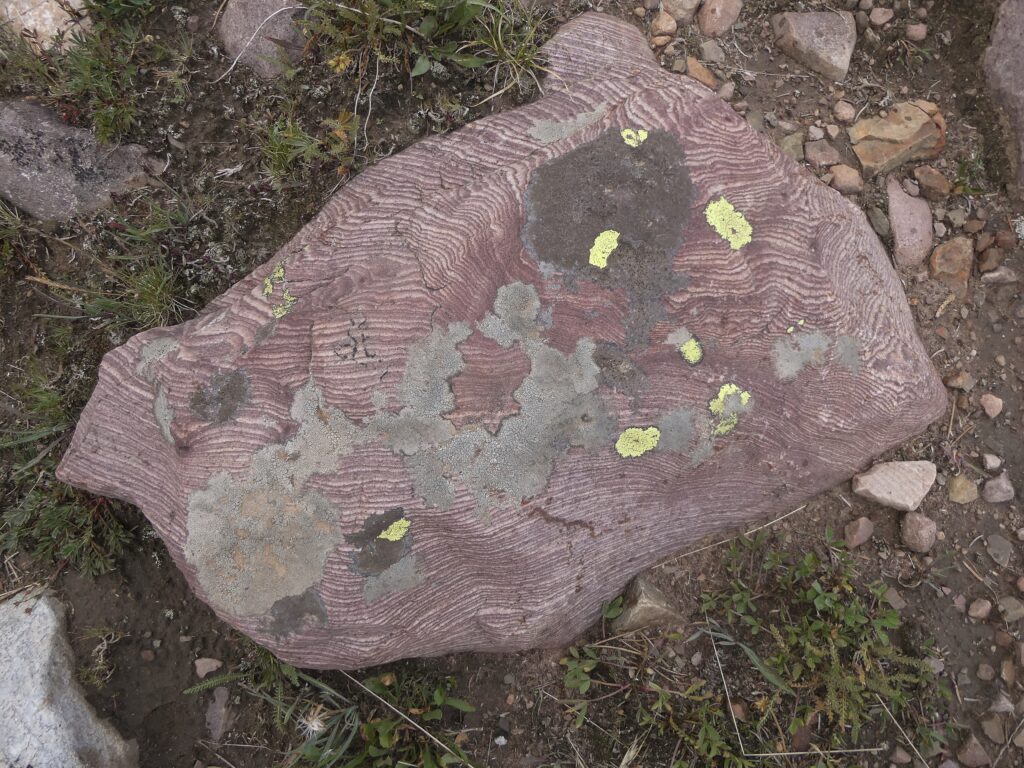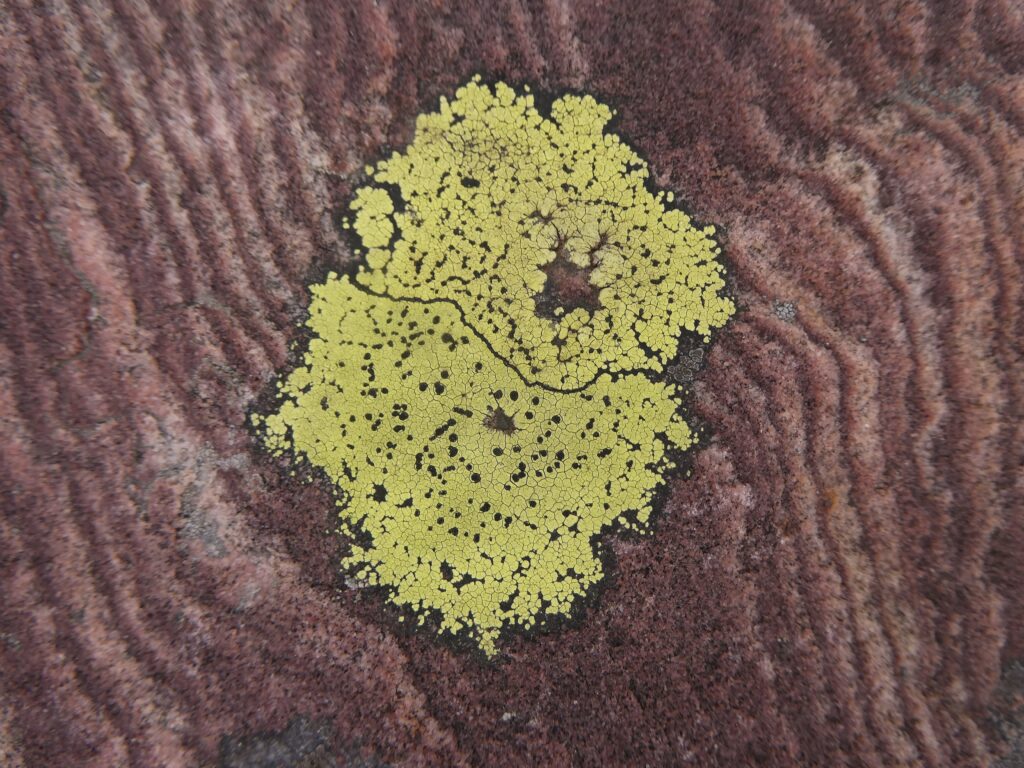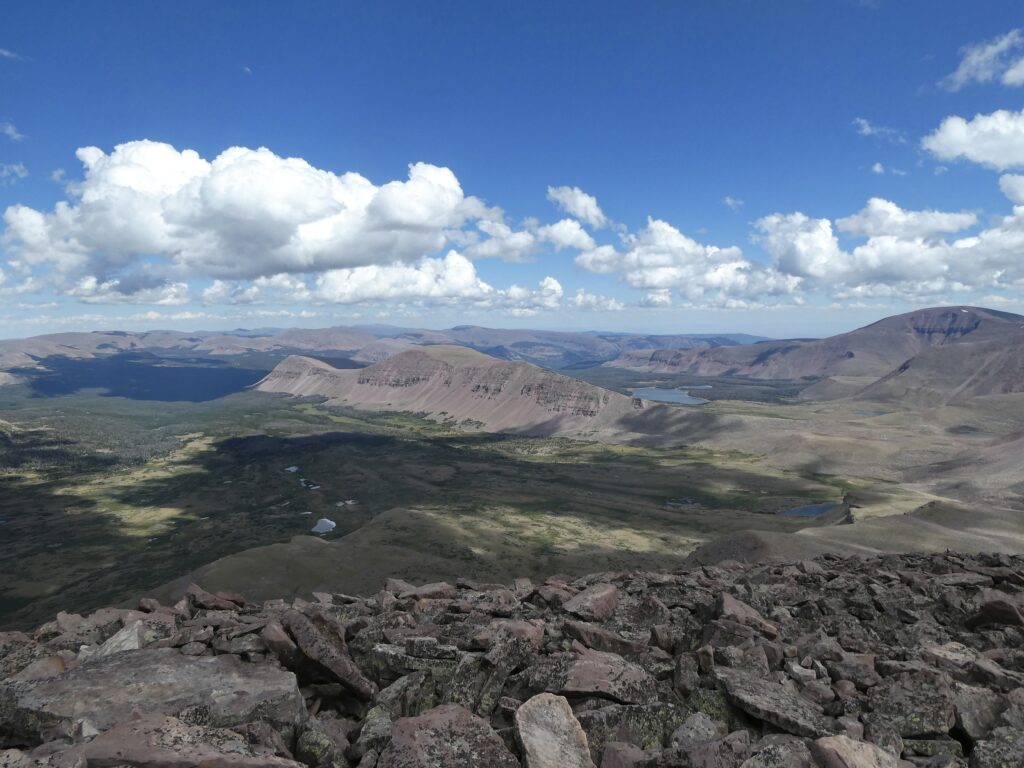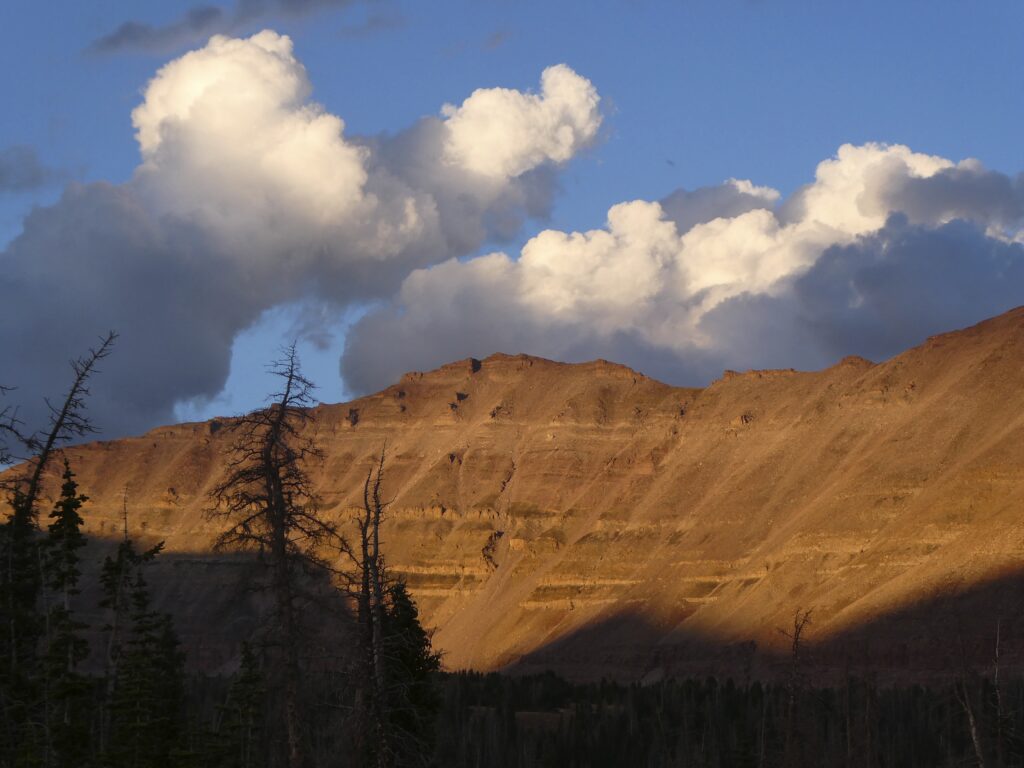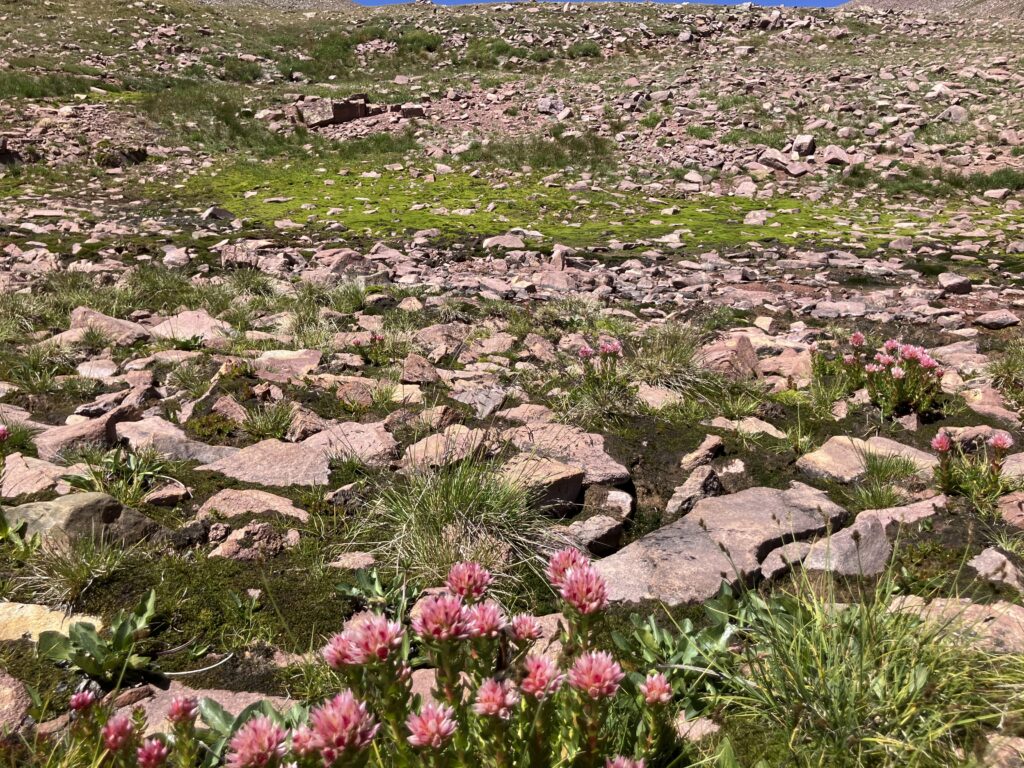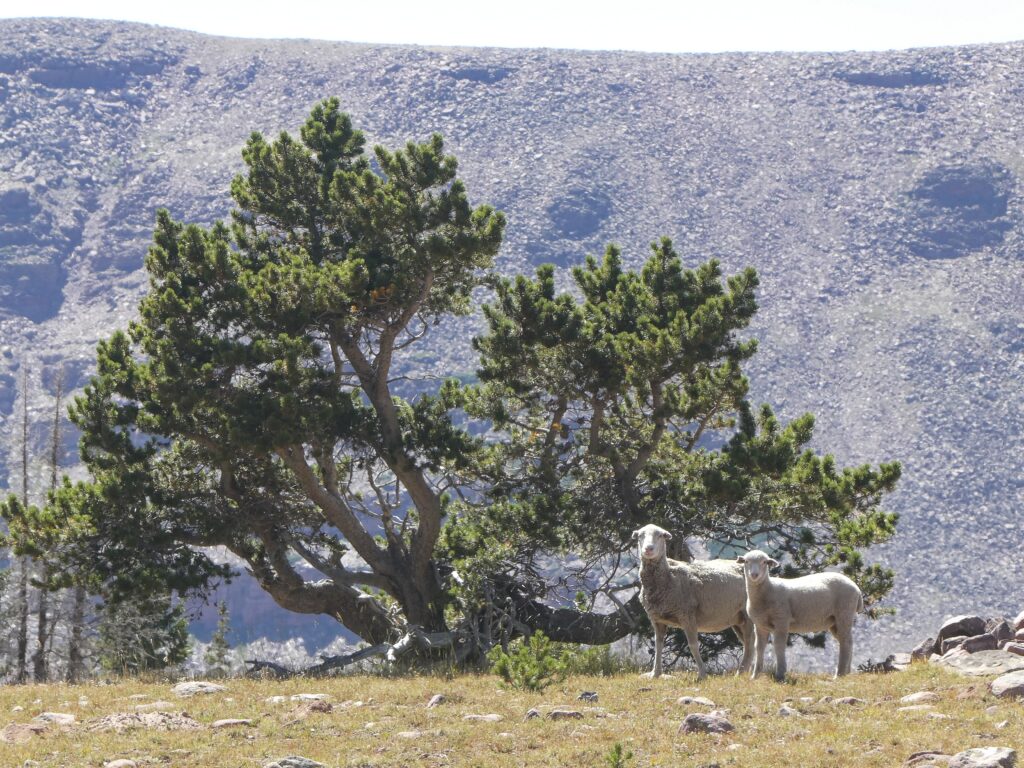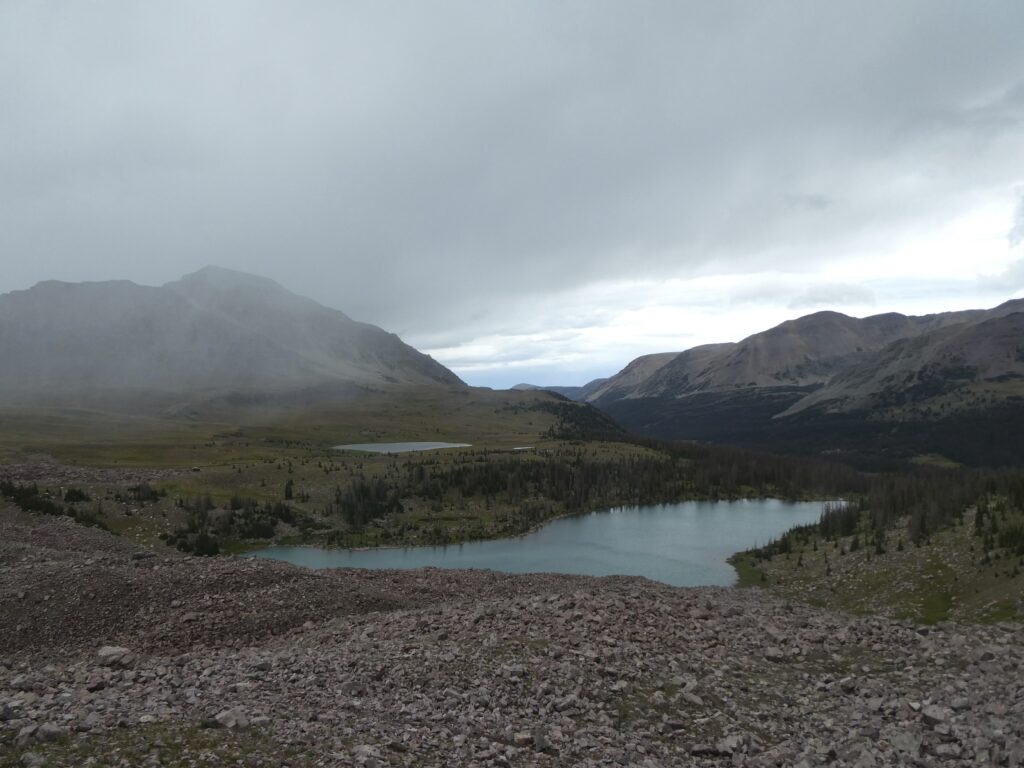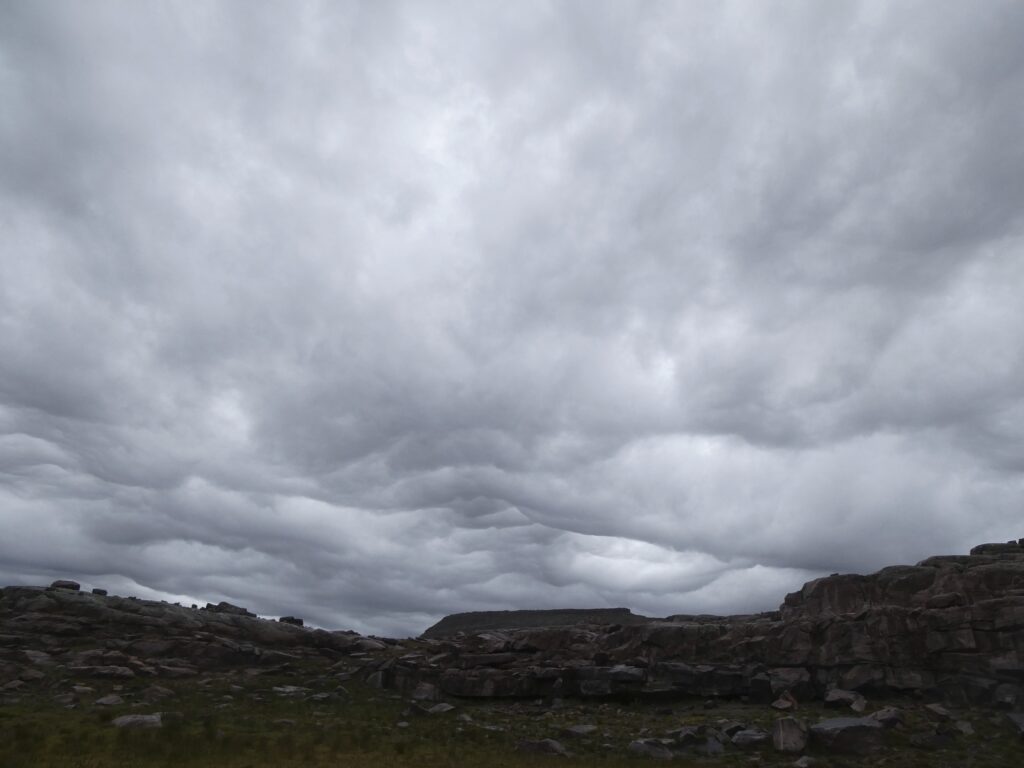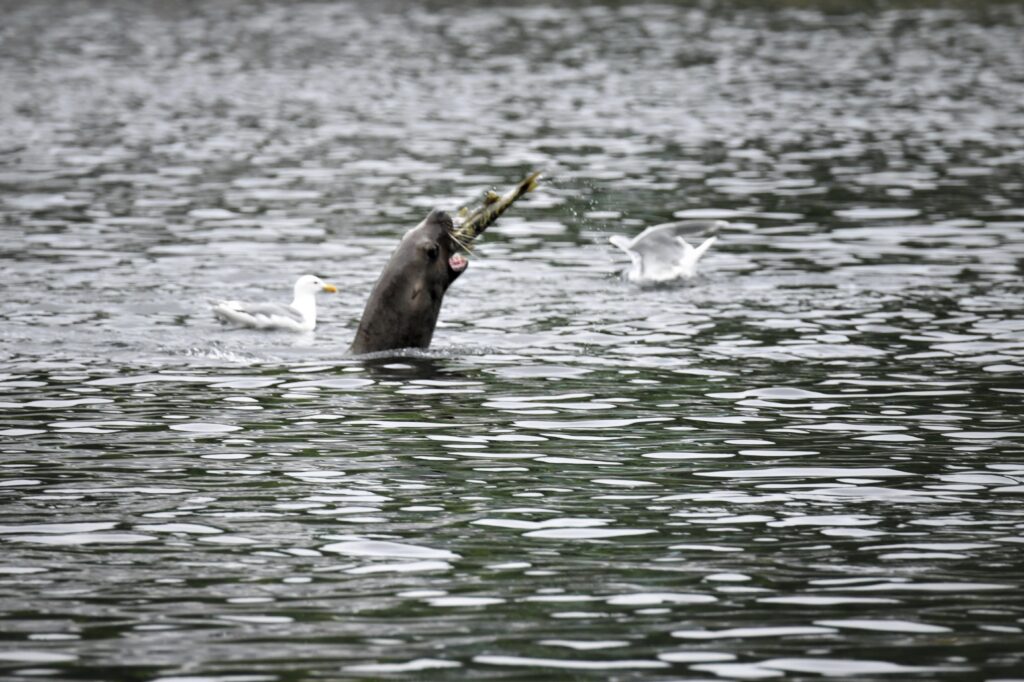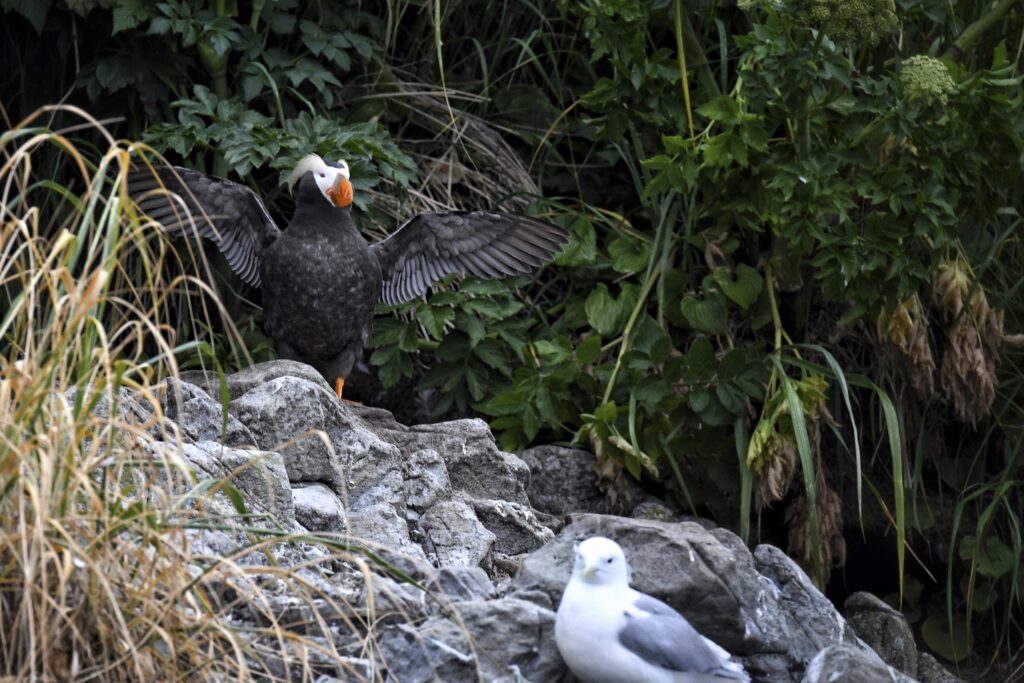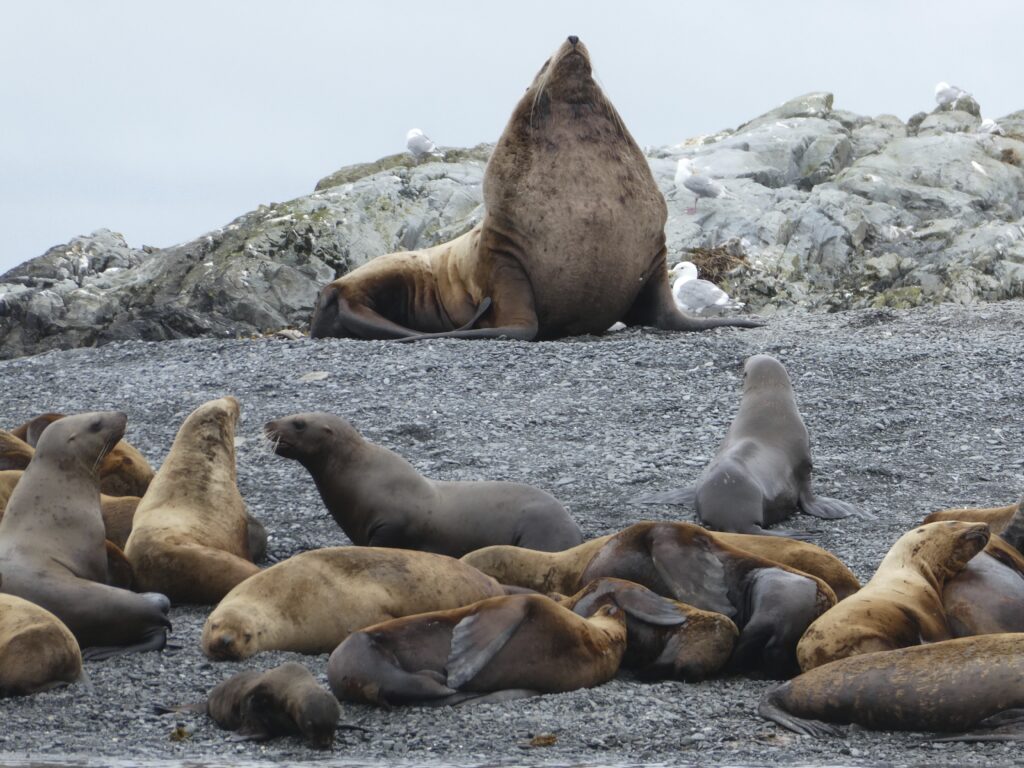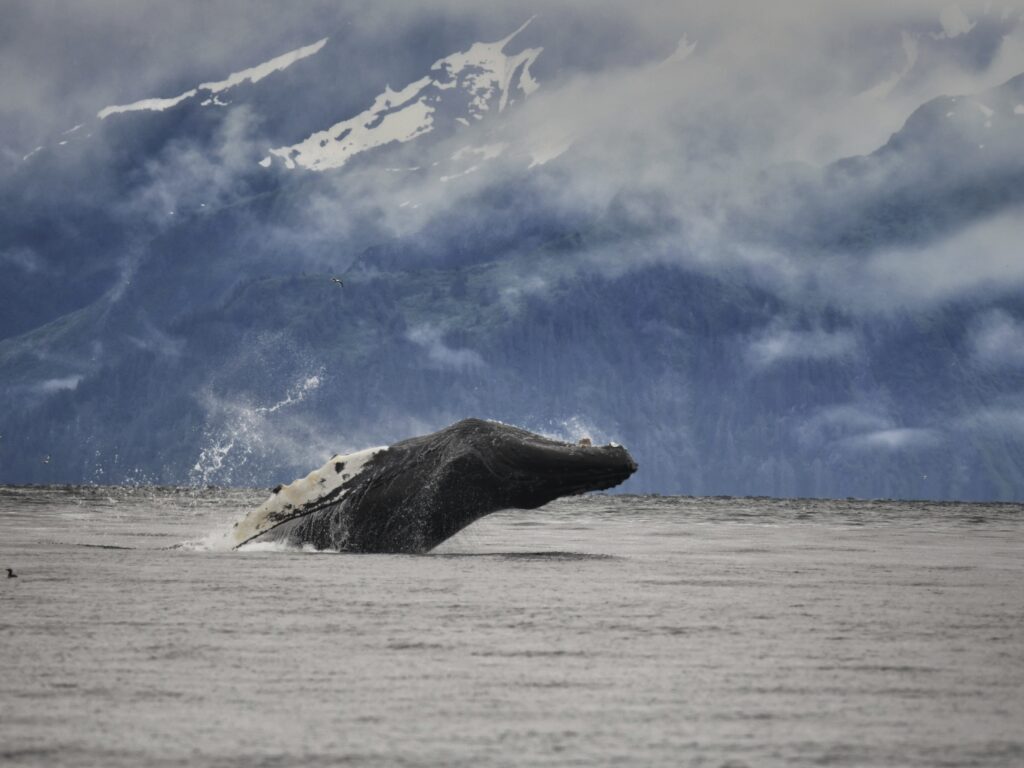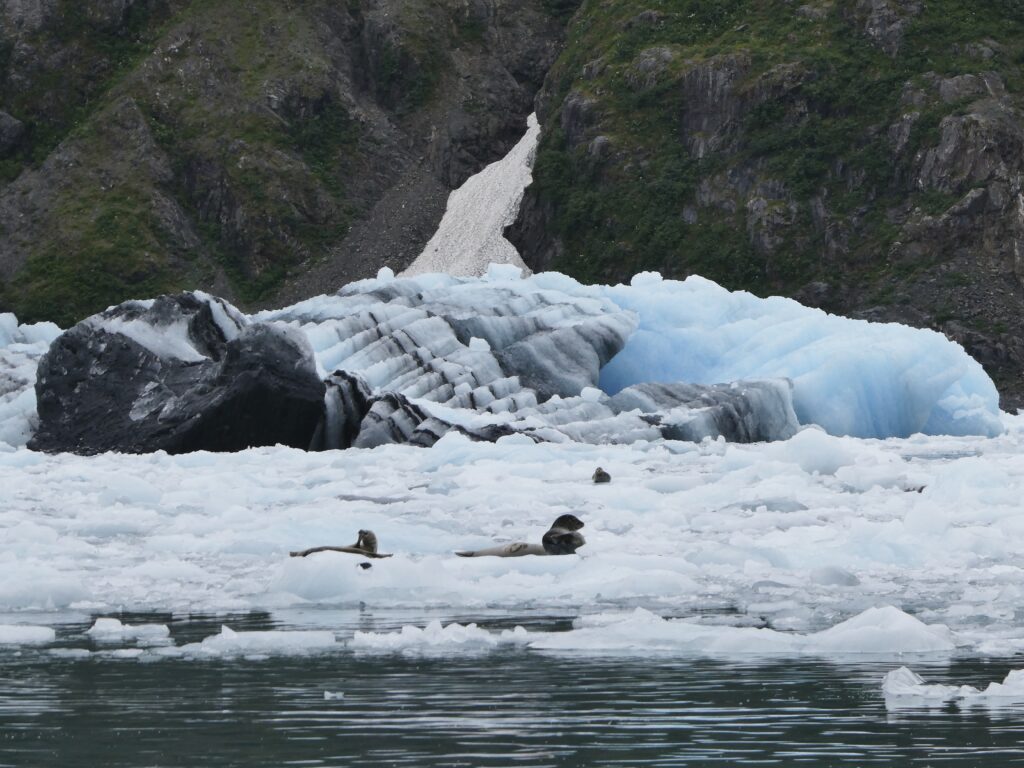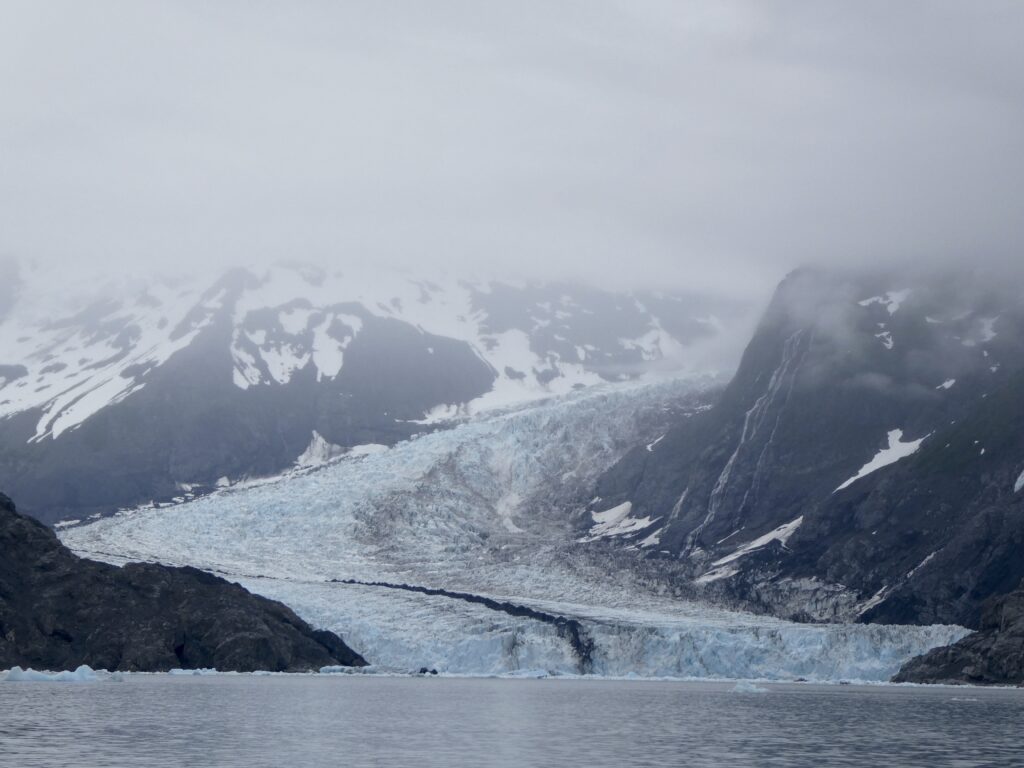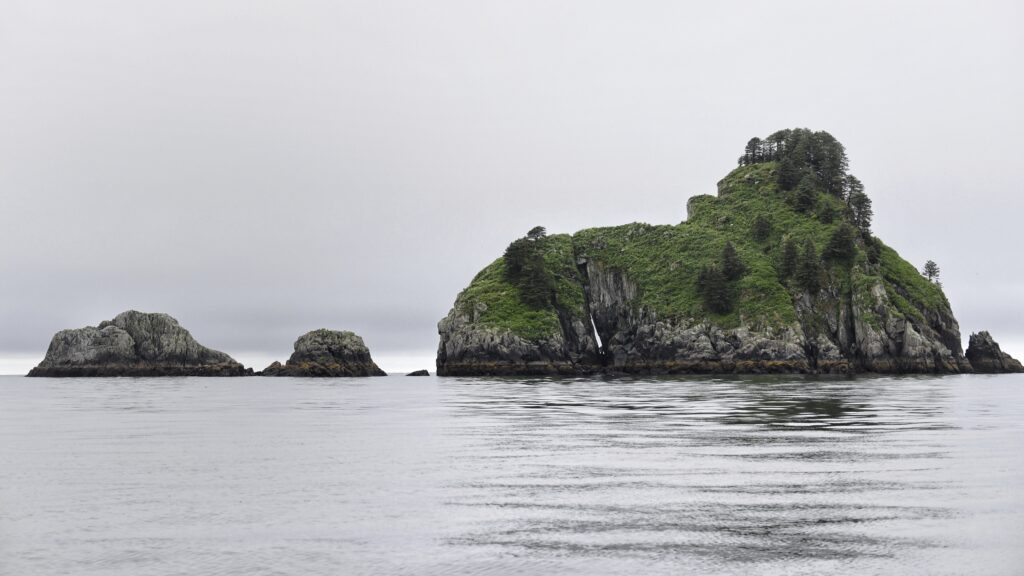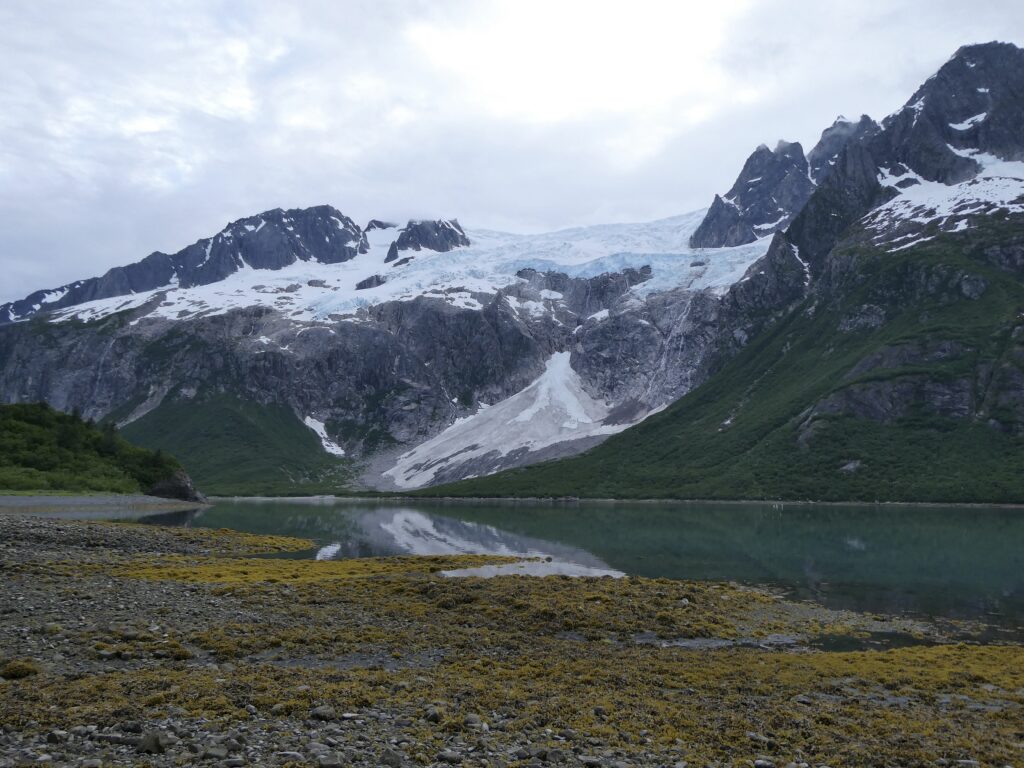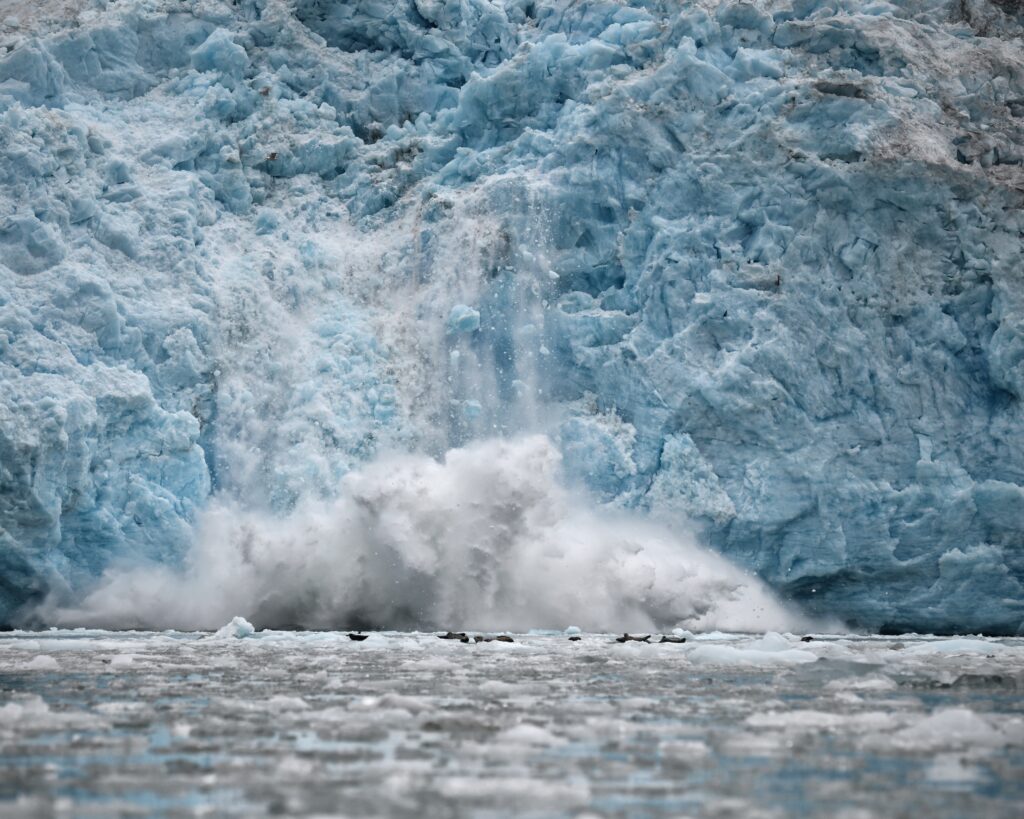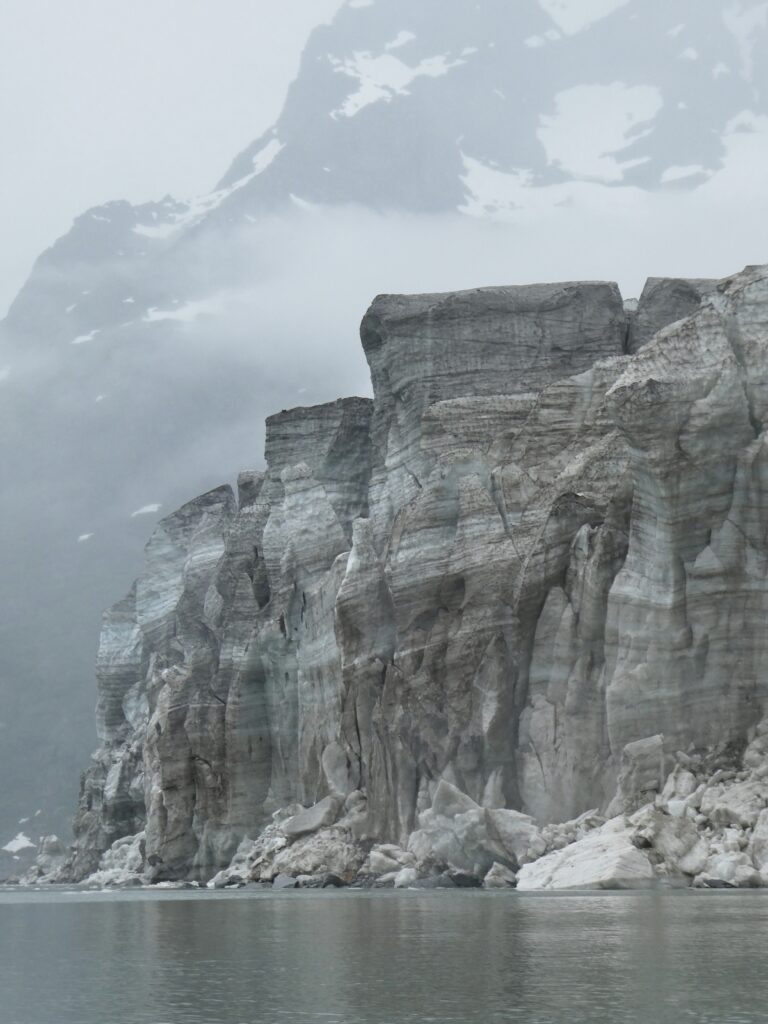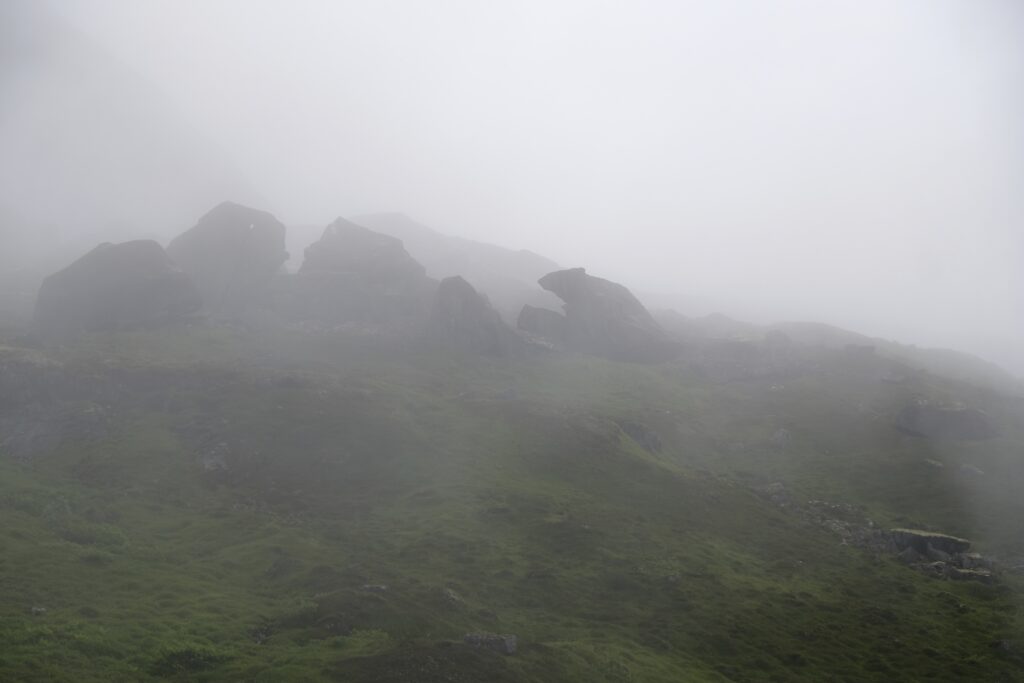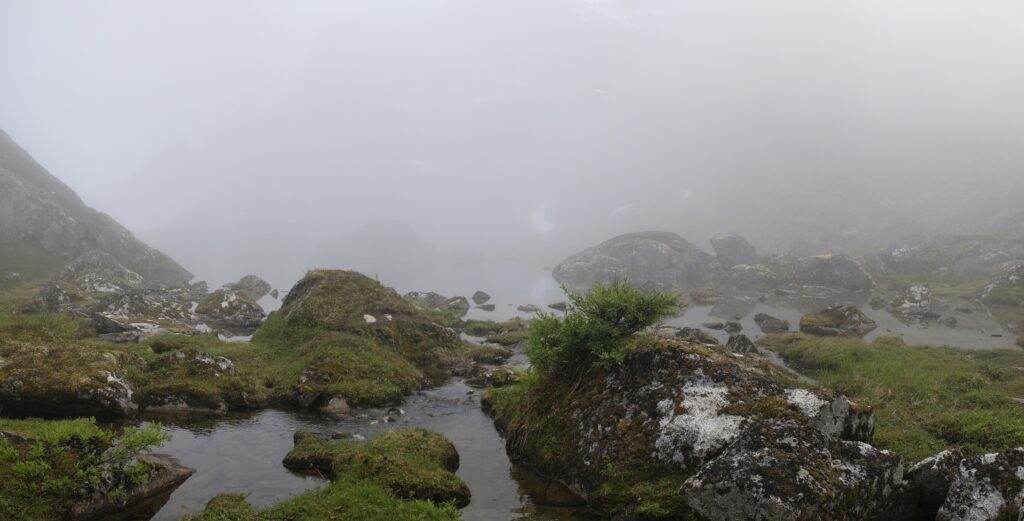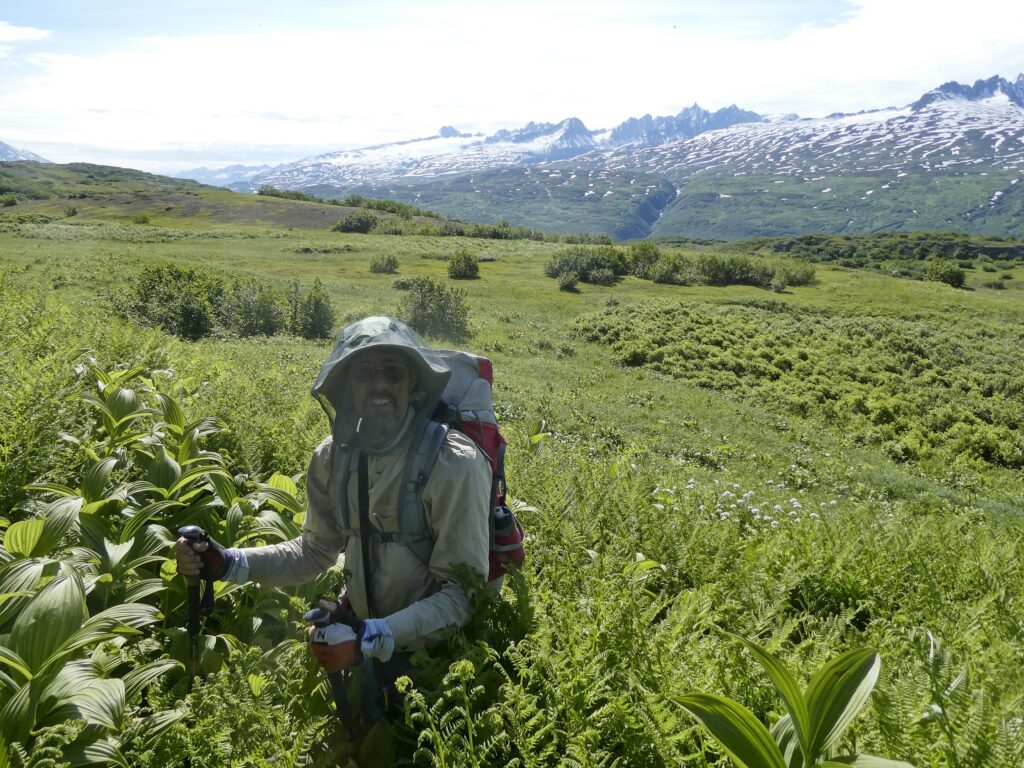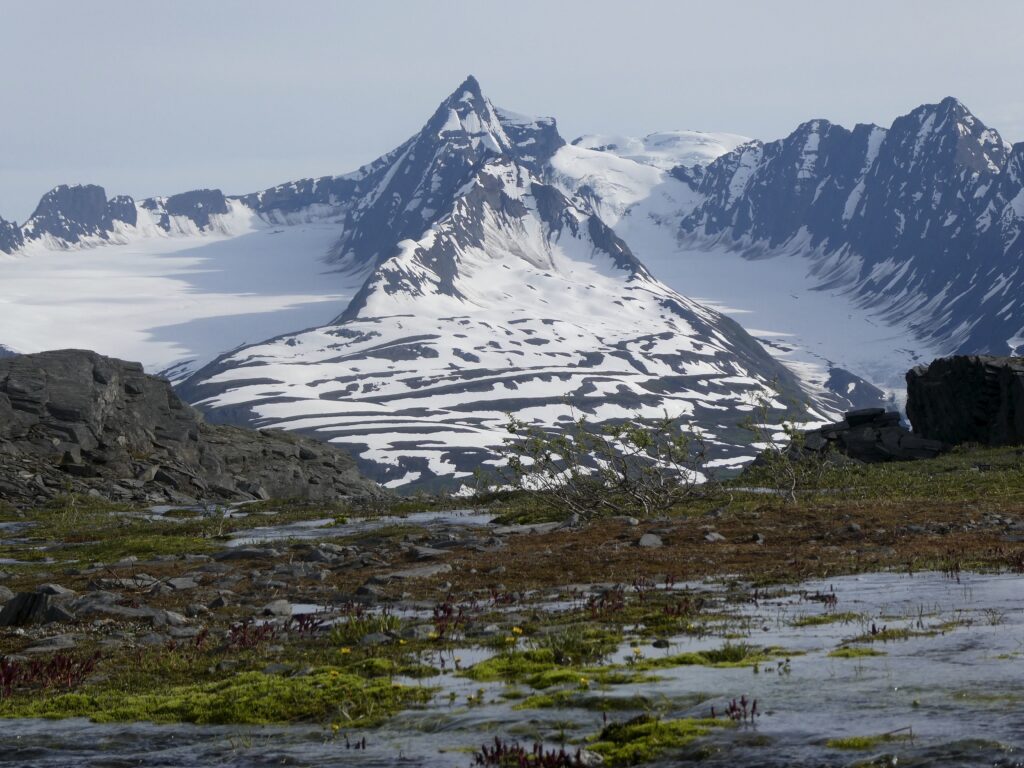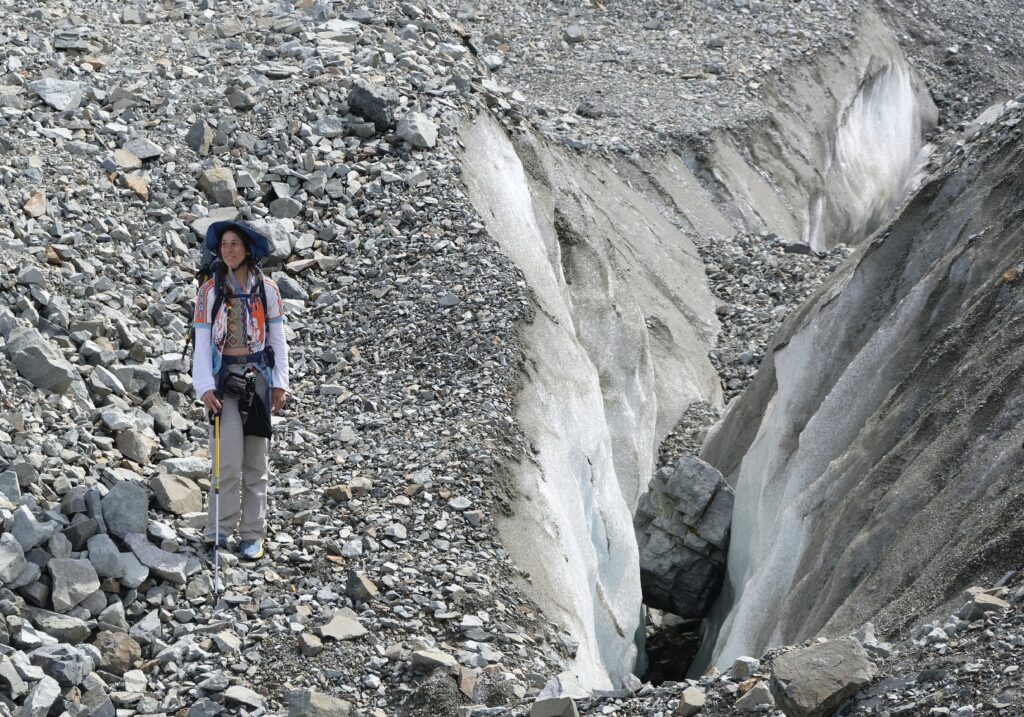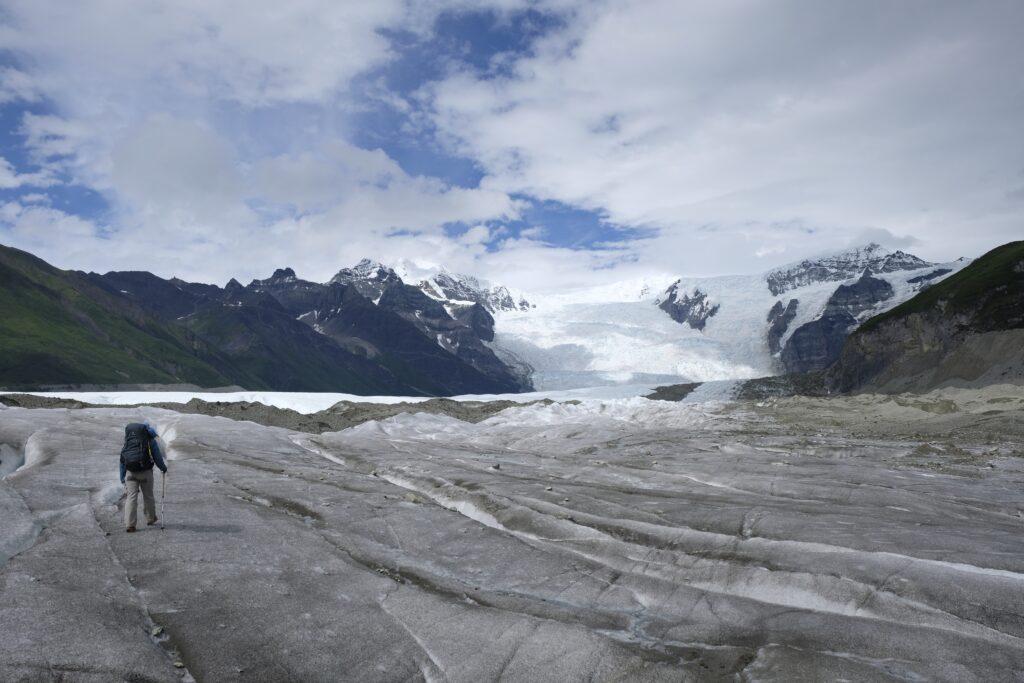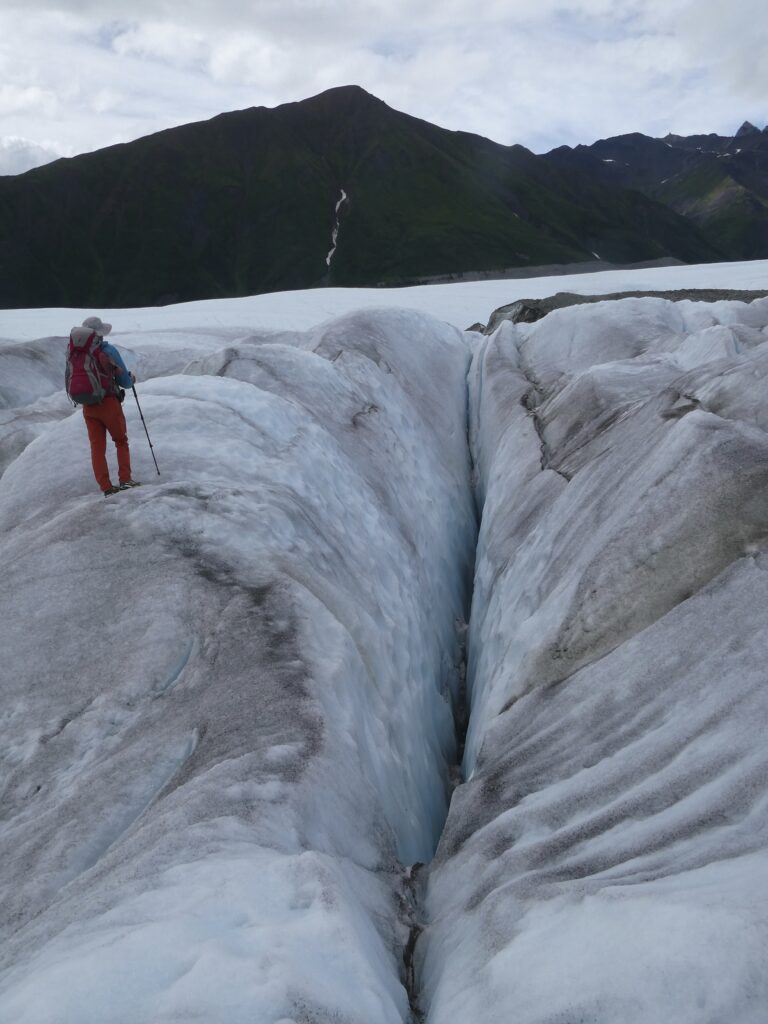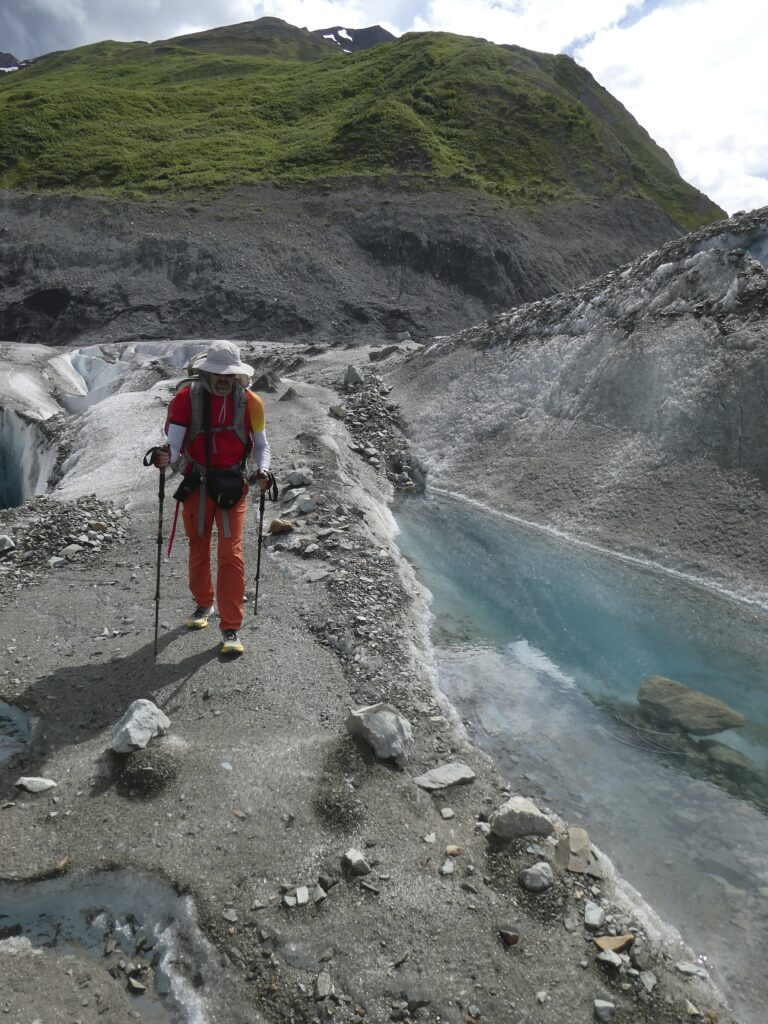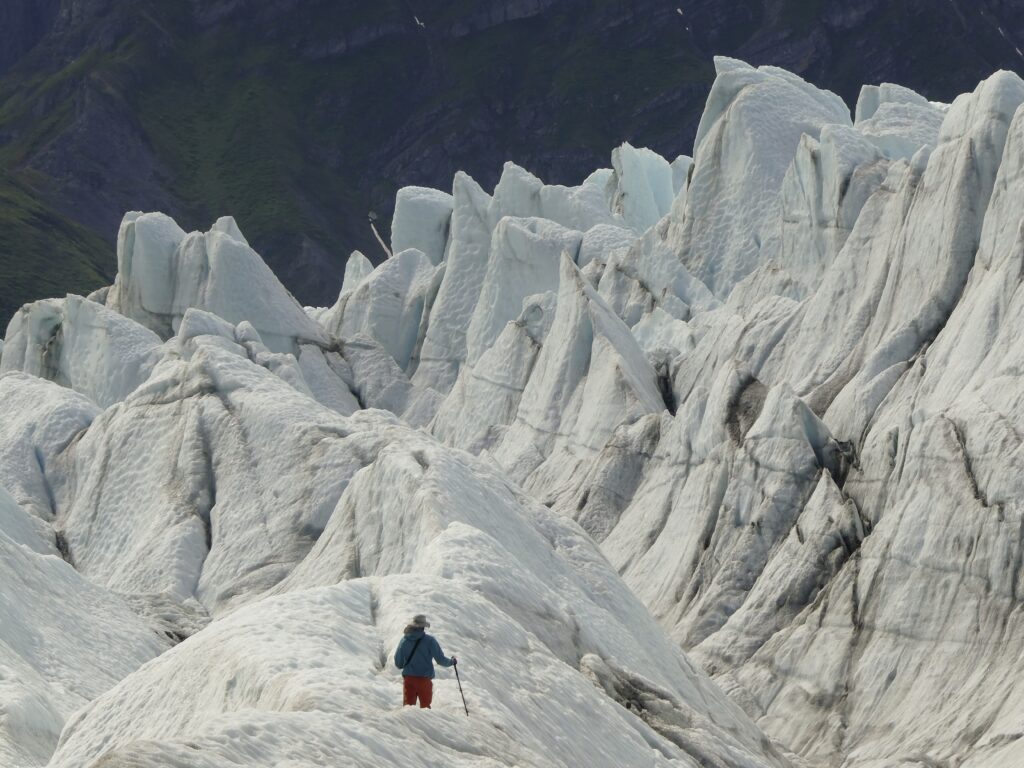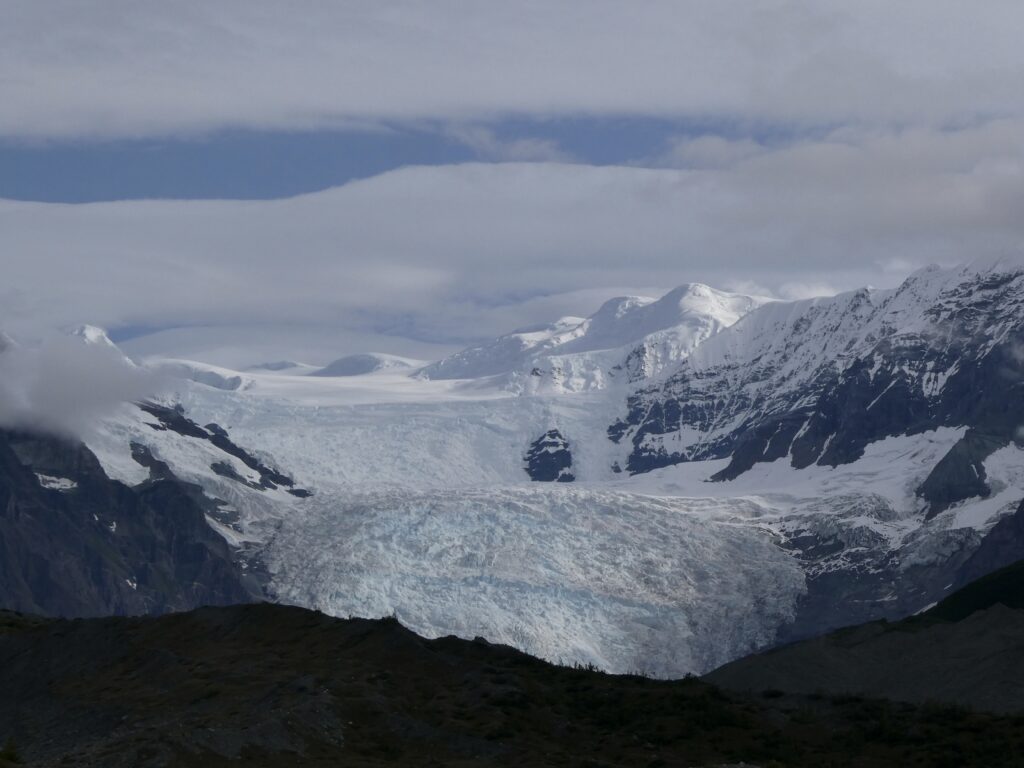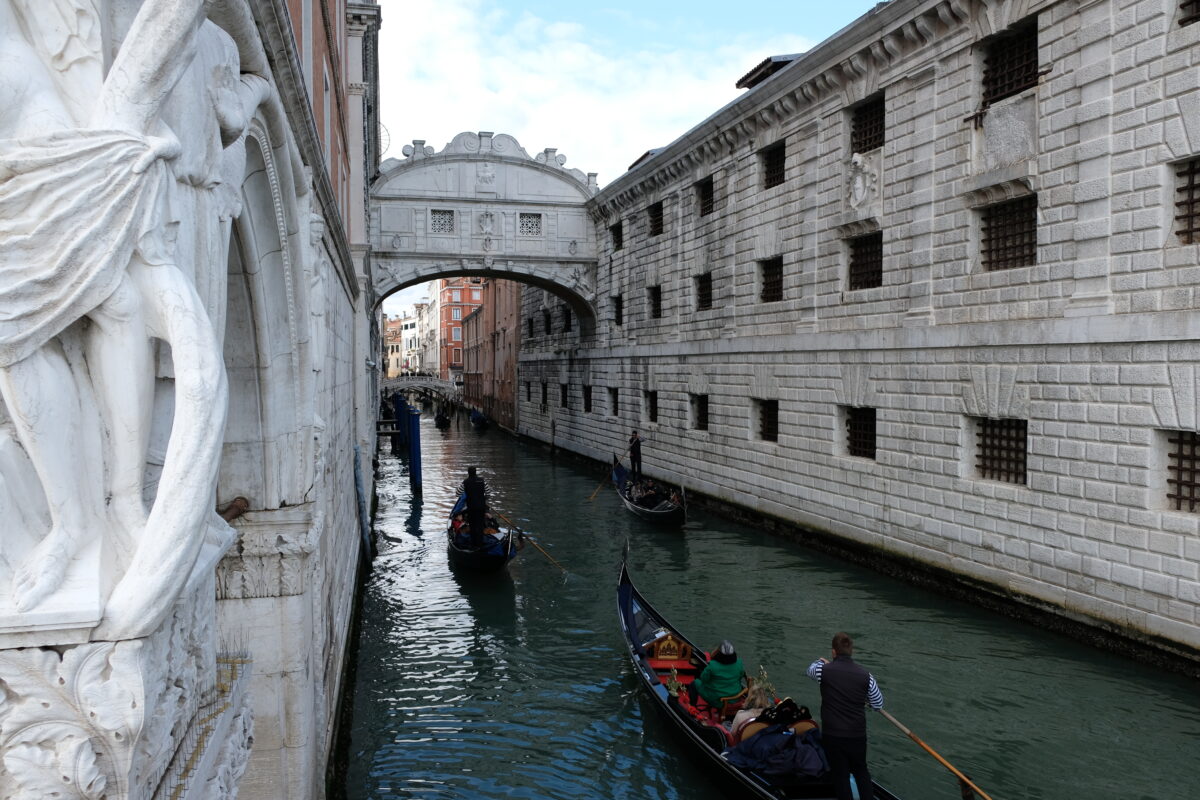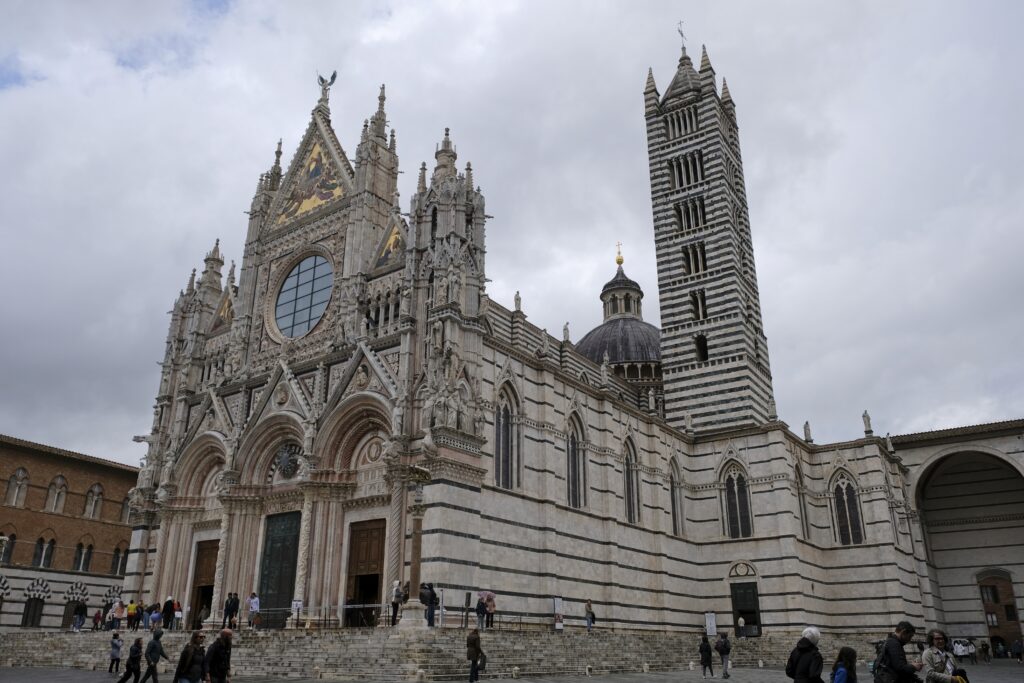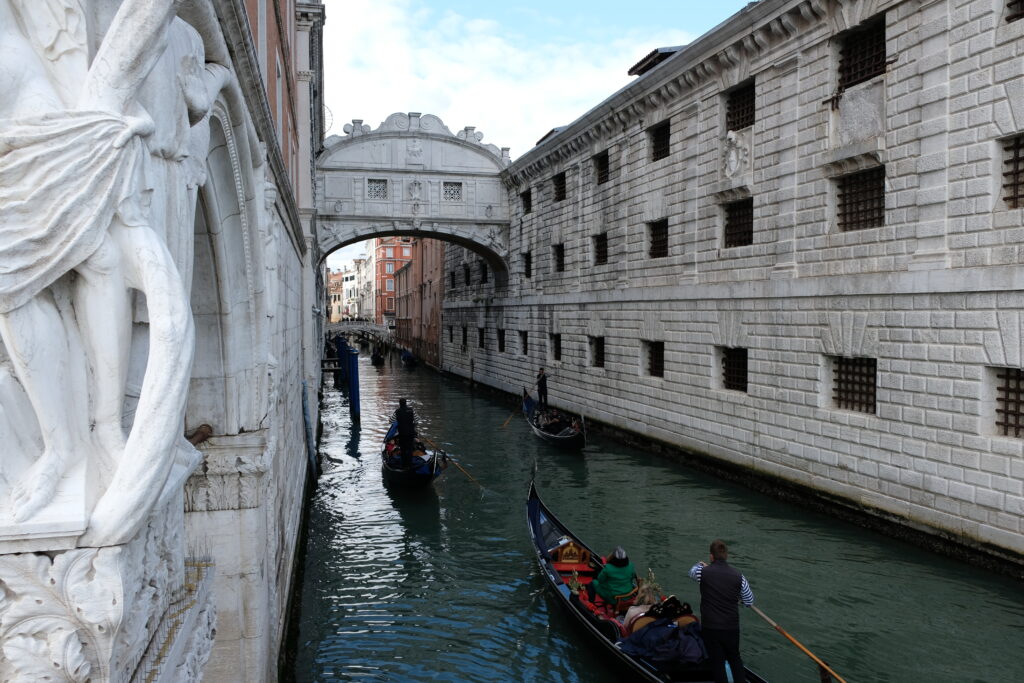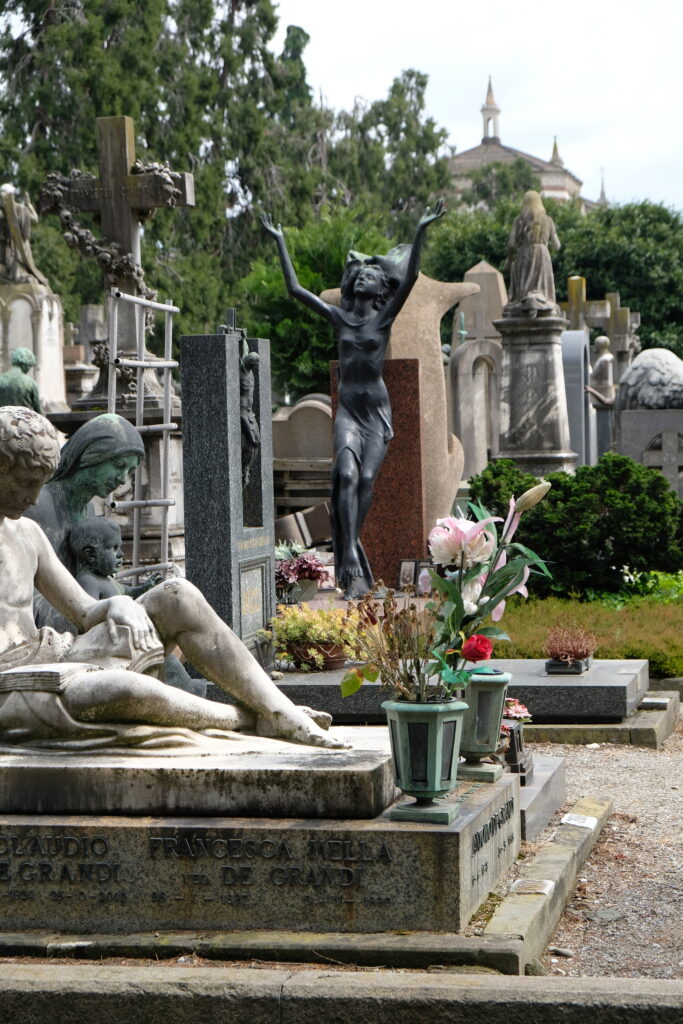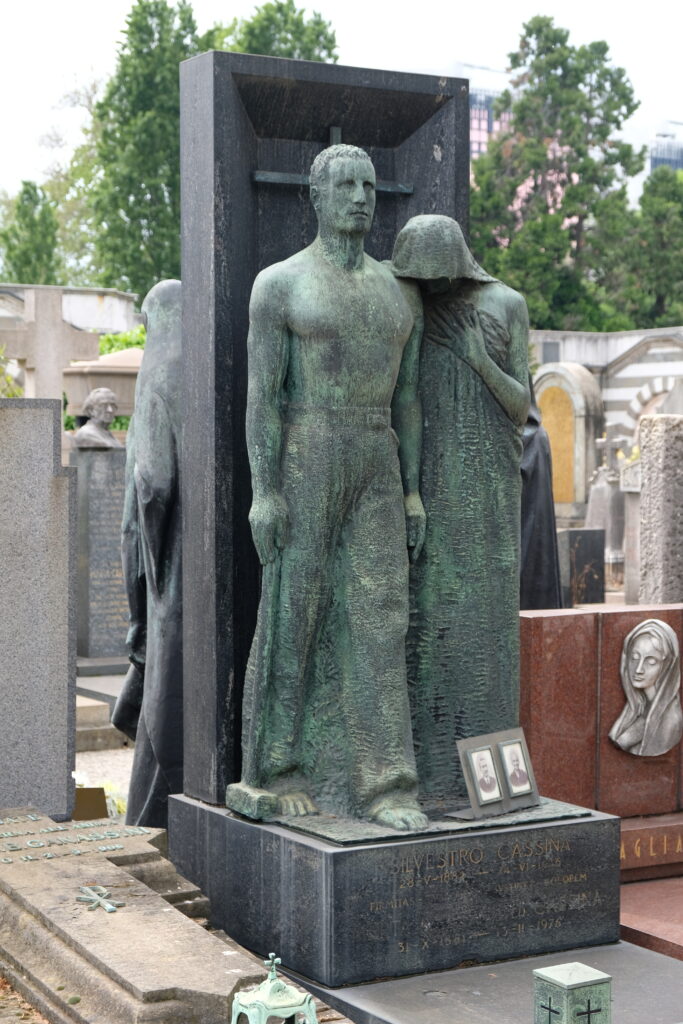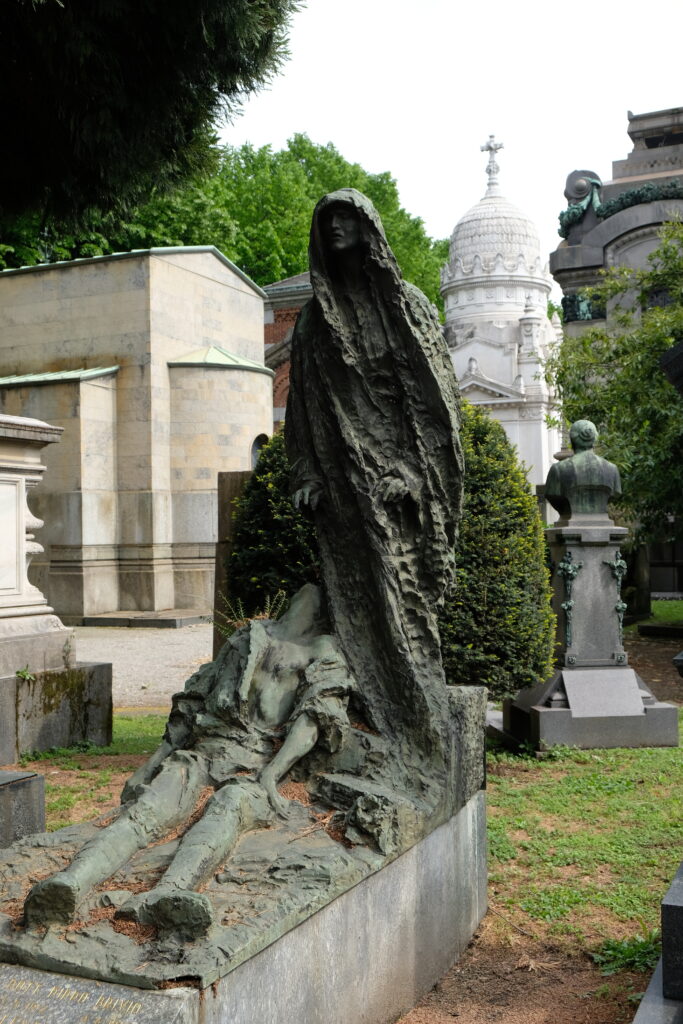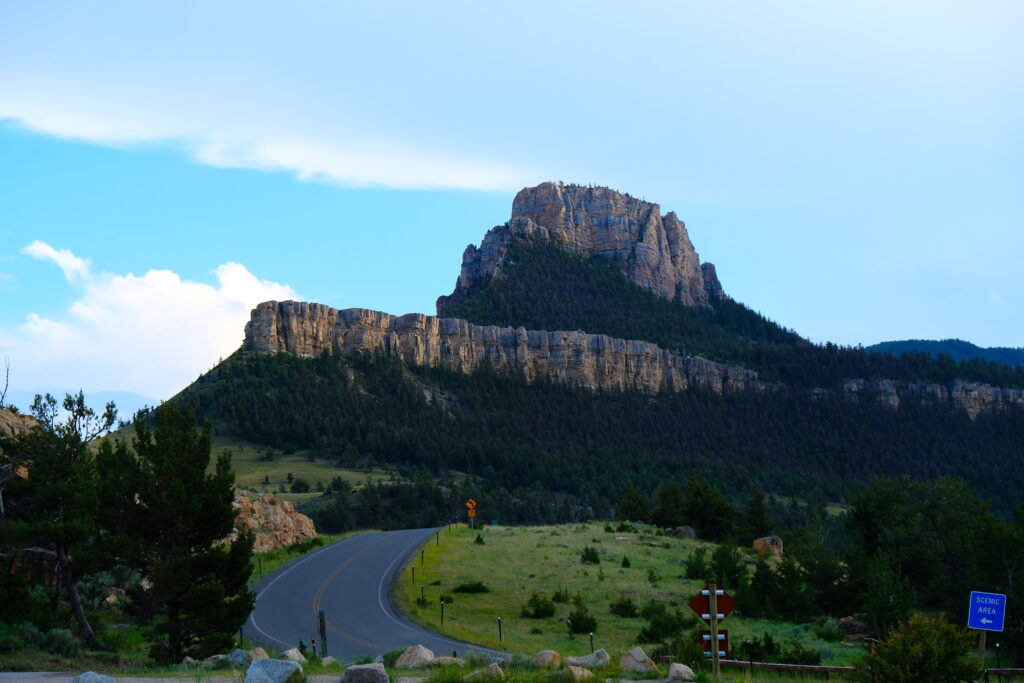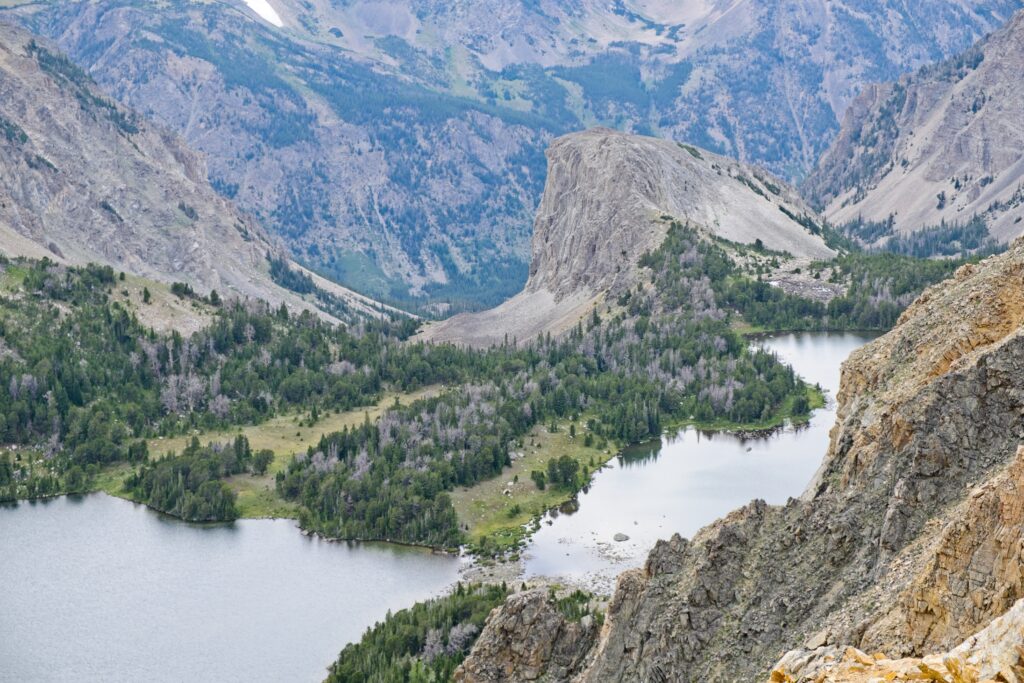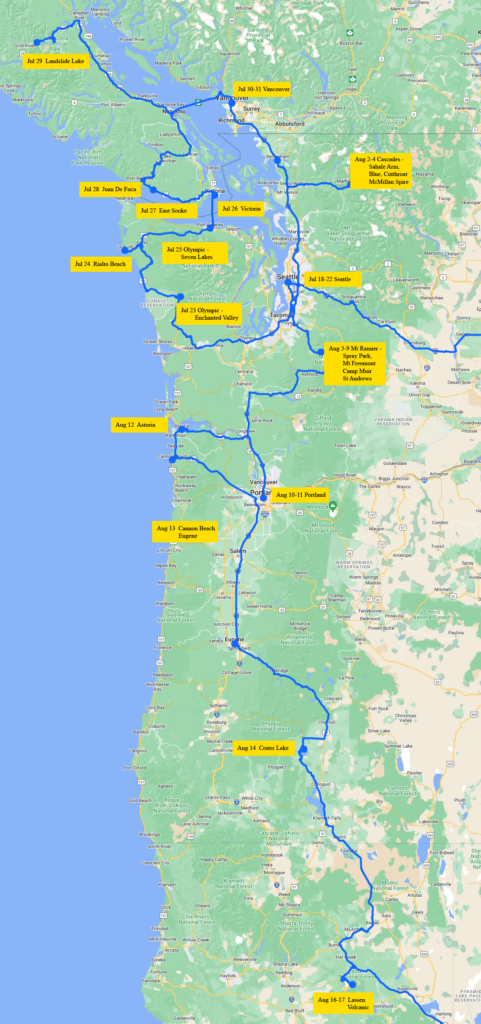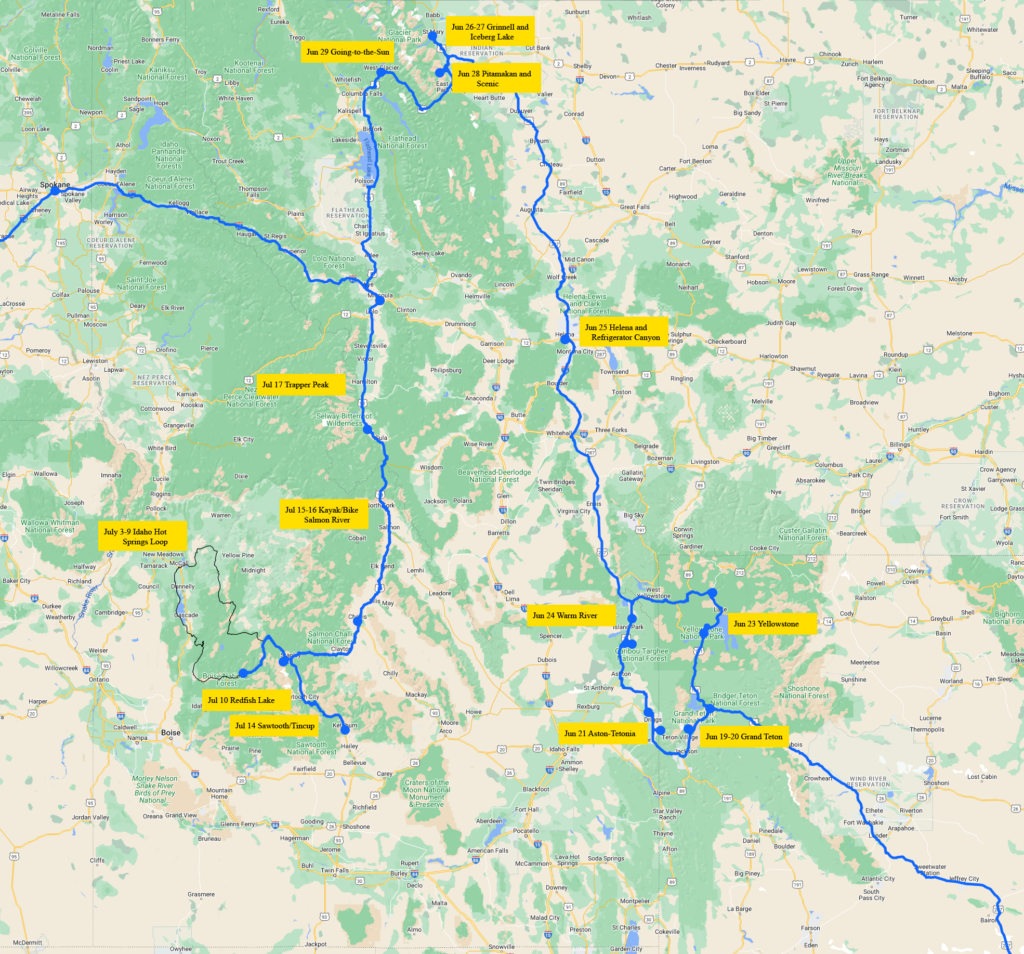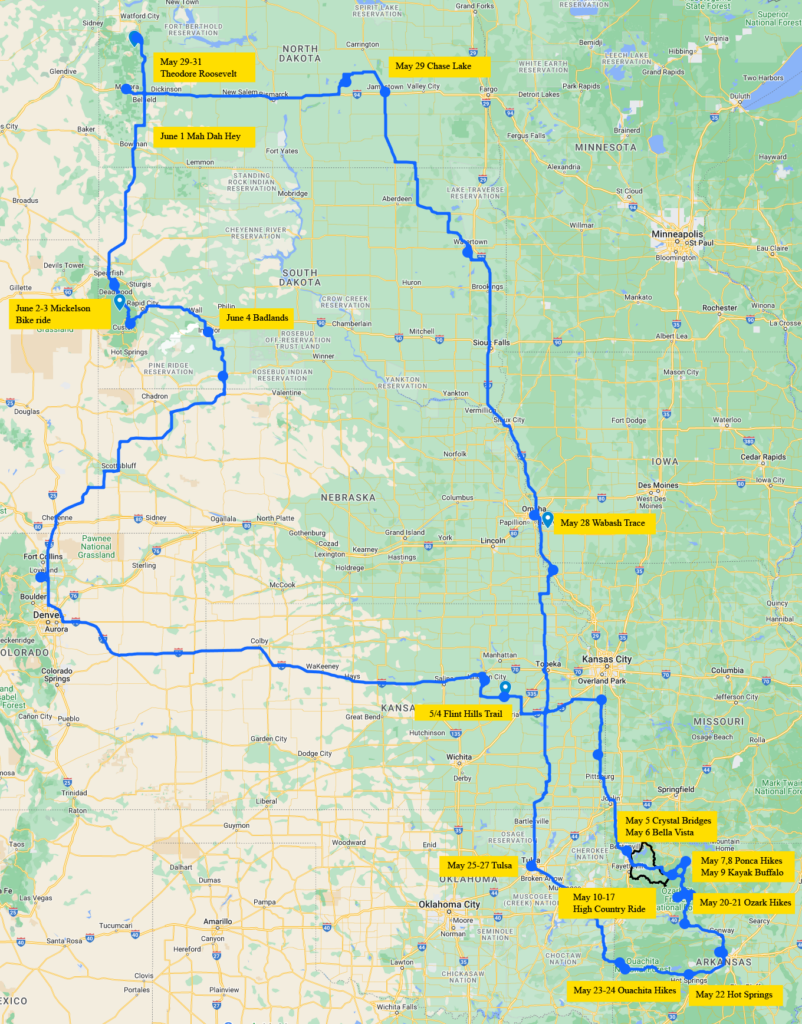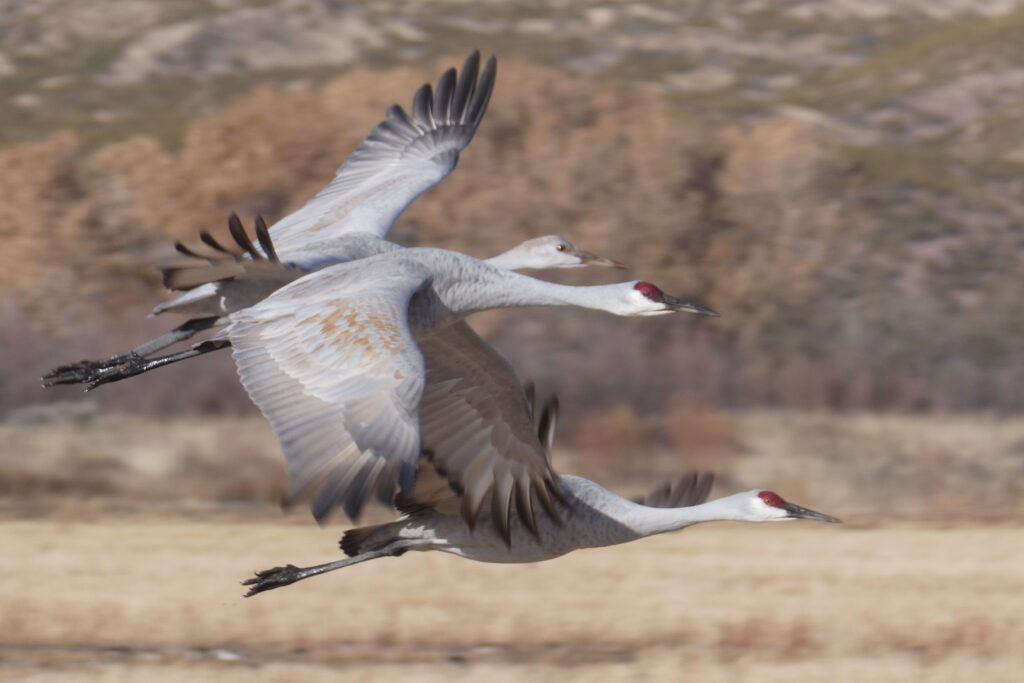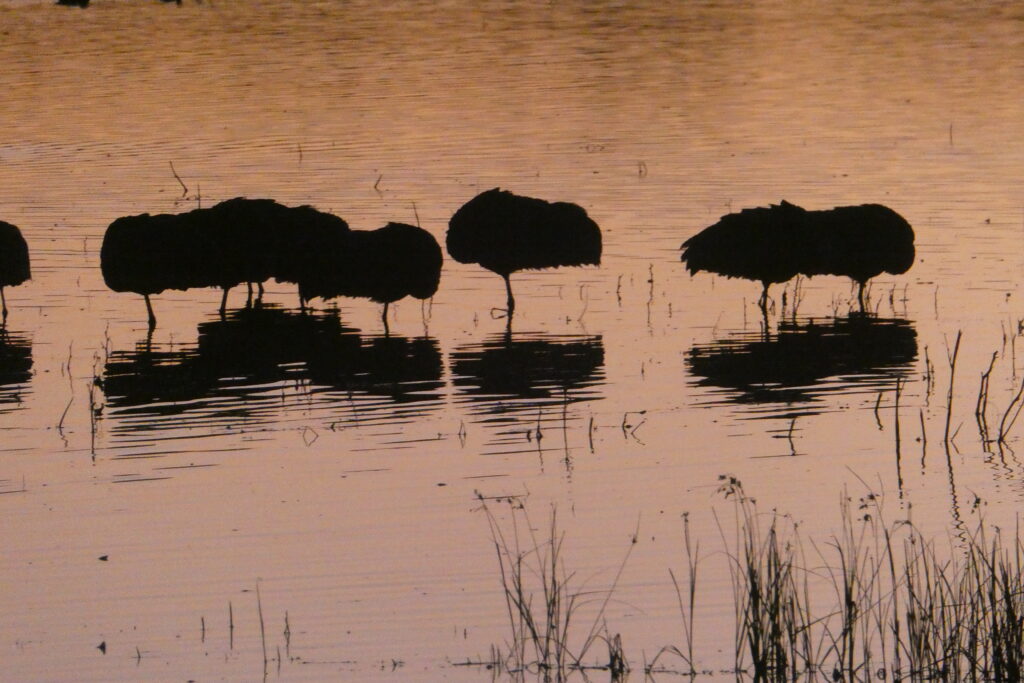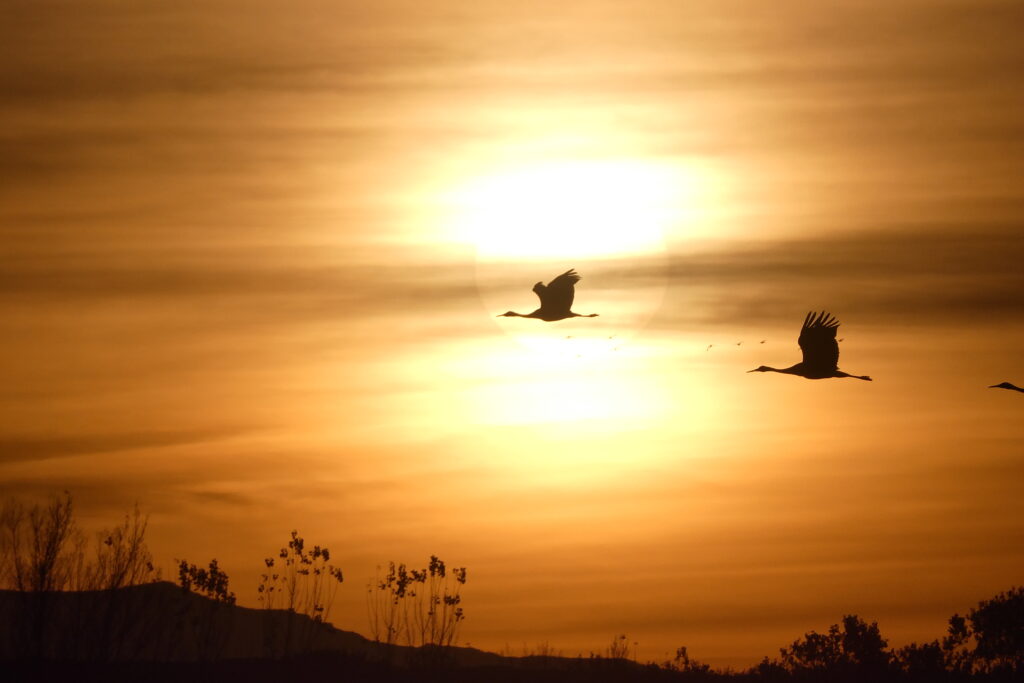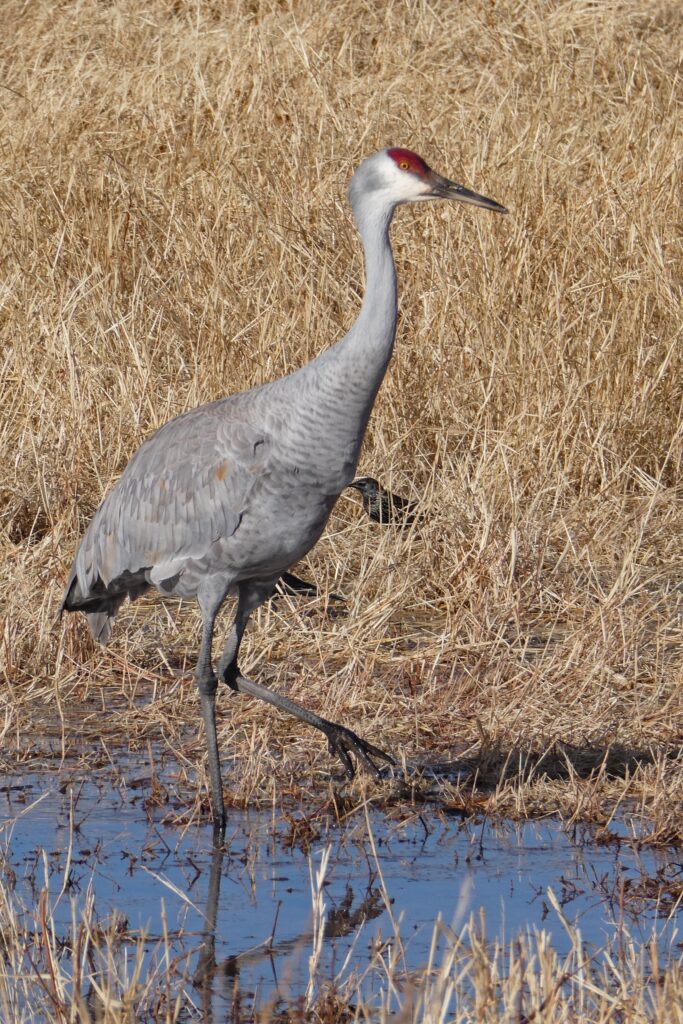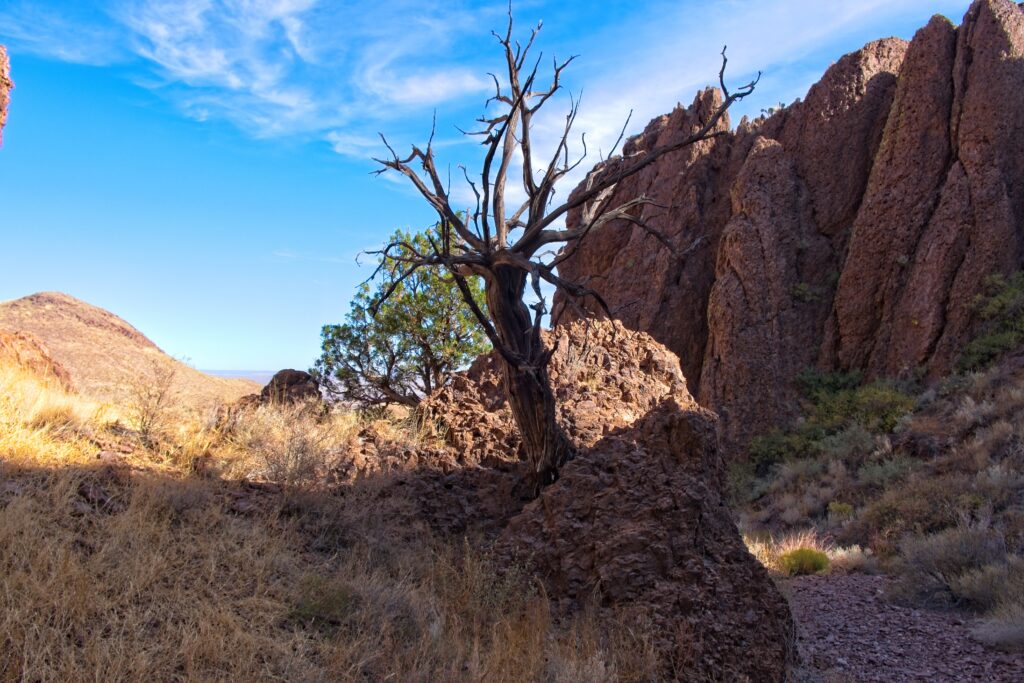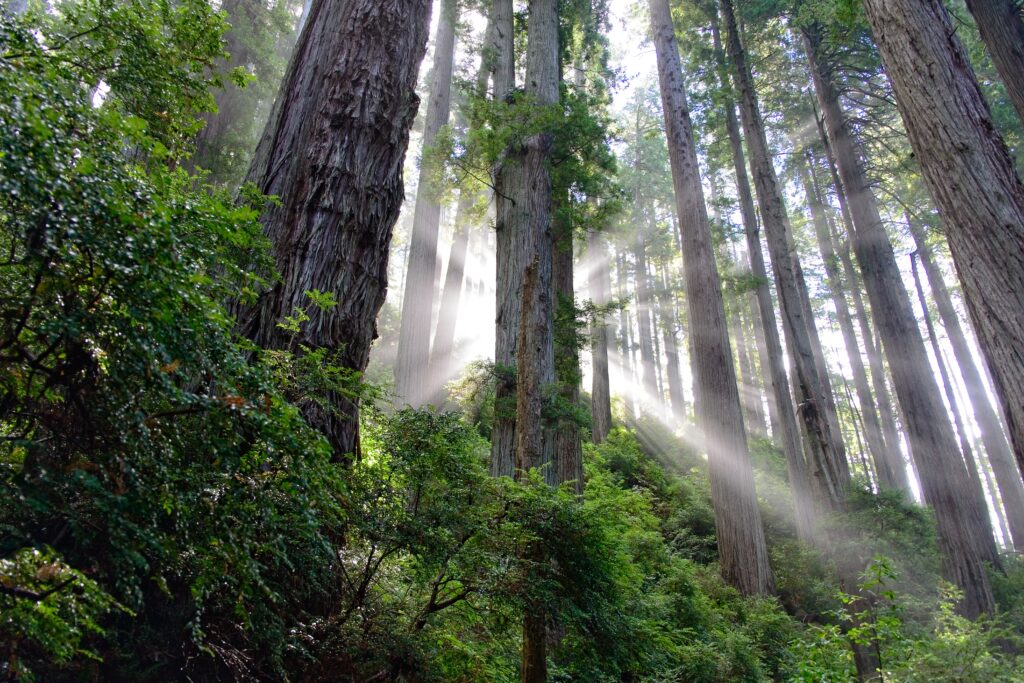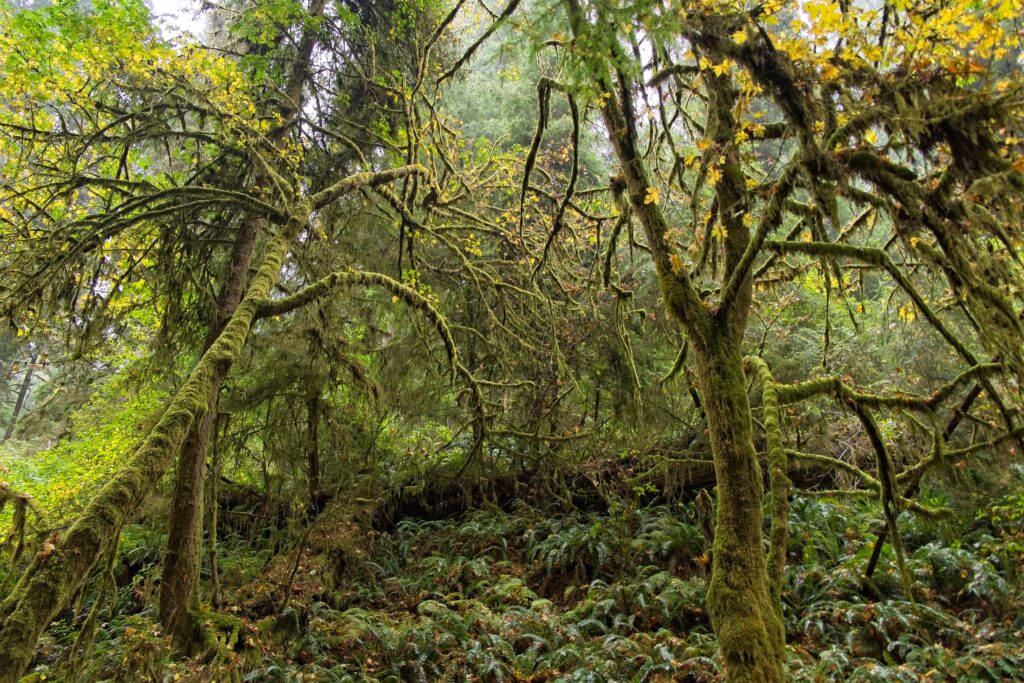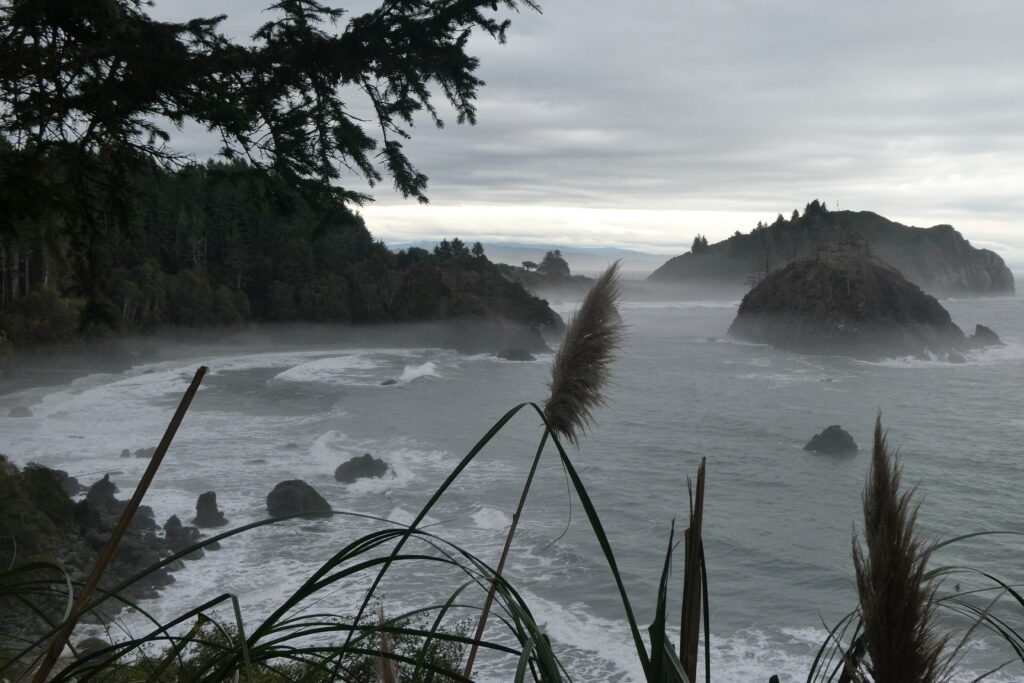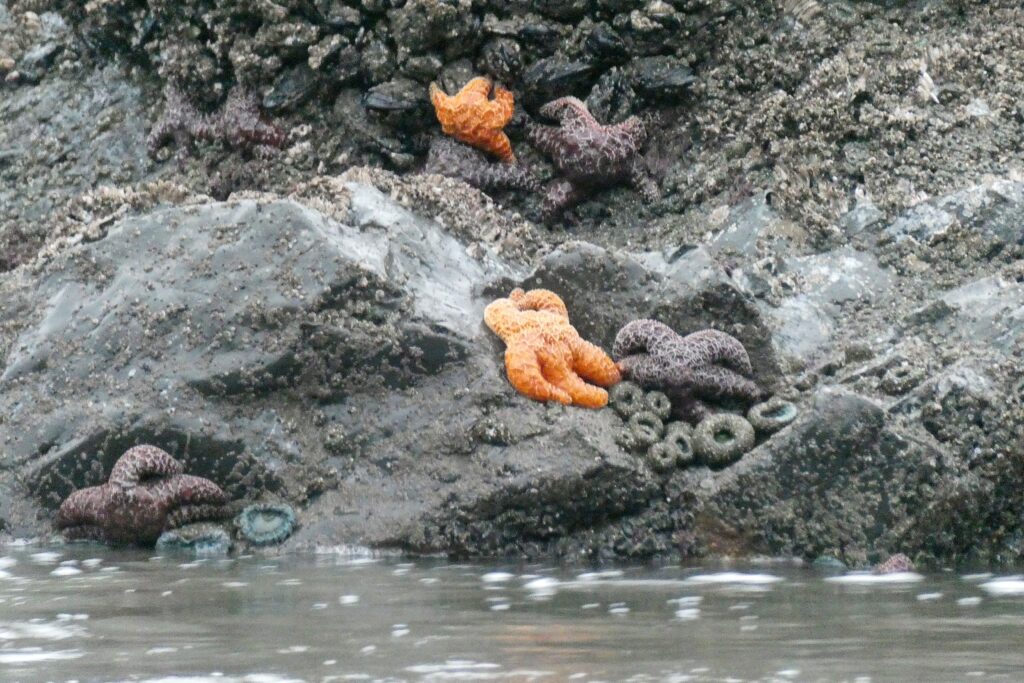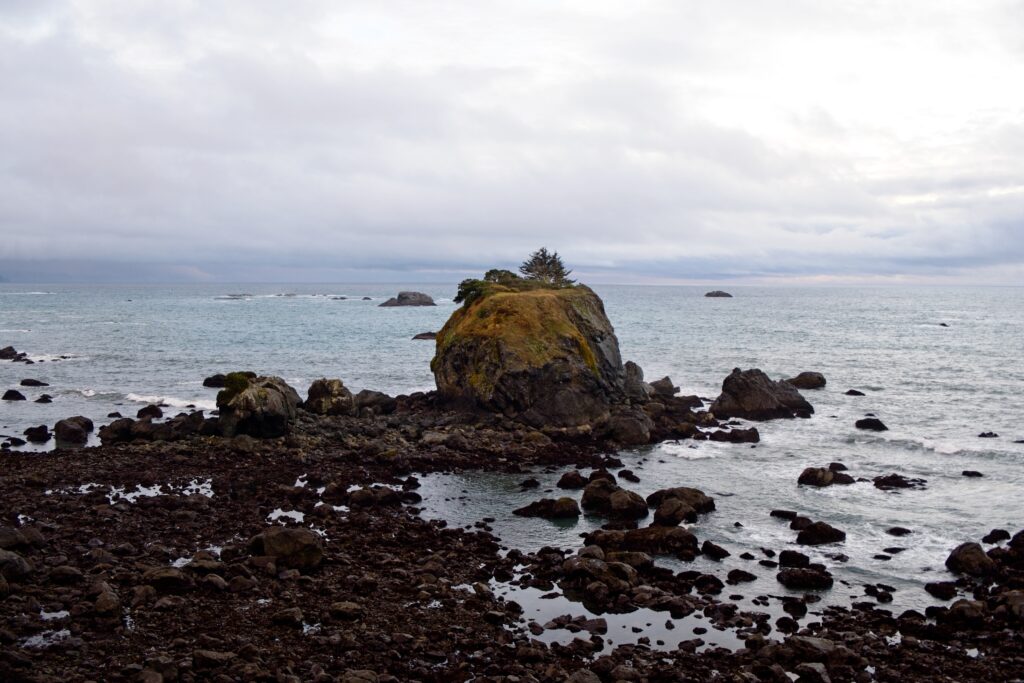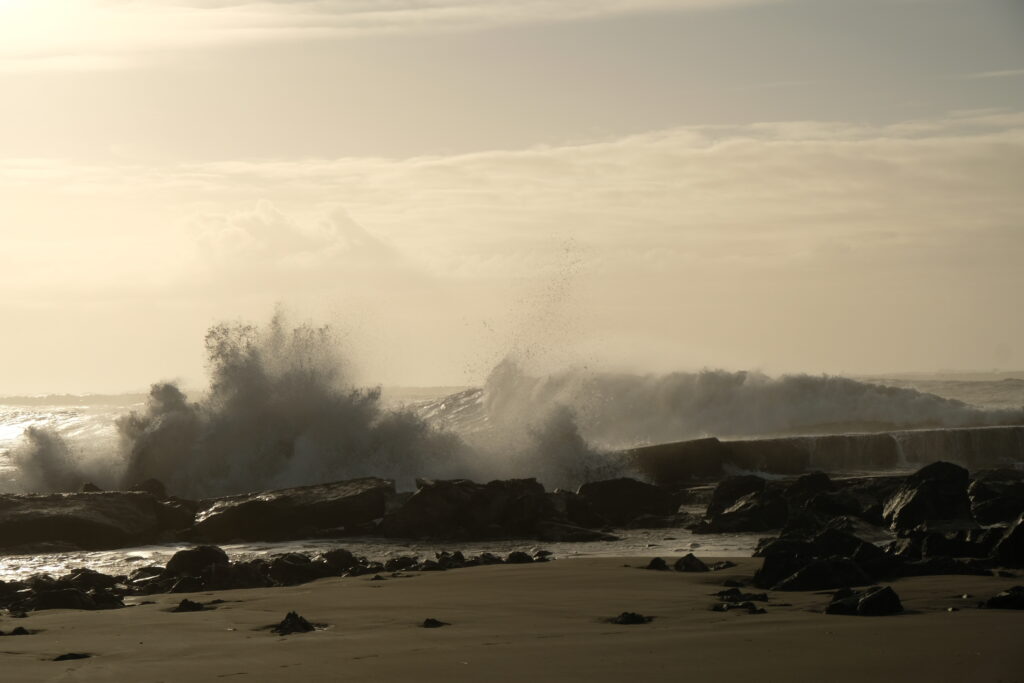This summer we took a long trip, primarily to see Kira’s parents in Massachusetts. Part 1 describes our trip from CO to MA and kayaking at Conway Lake. After returning from Conway Lake, we spent a couple weeks in Massachusetts with Kira’s family. We also went on some of the hikes that Kira did as a kid and visited her brother and his family.
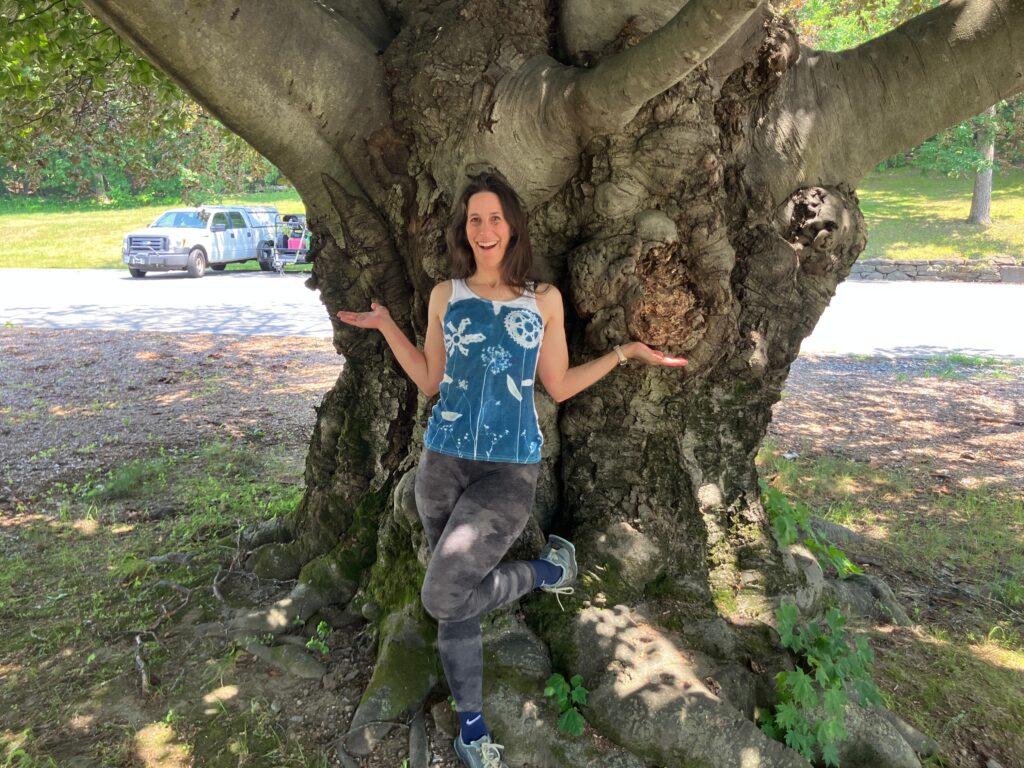
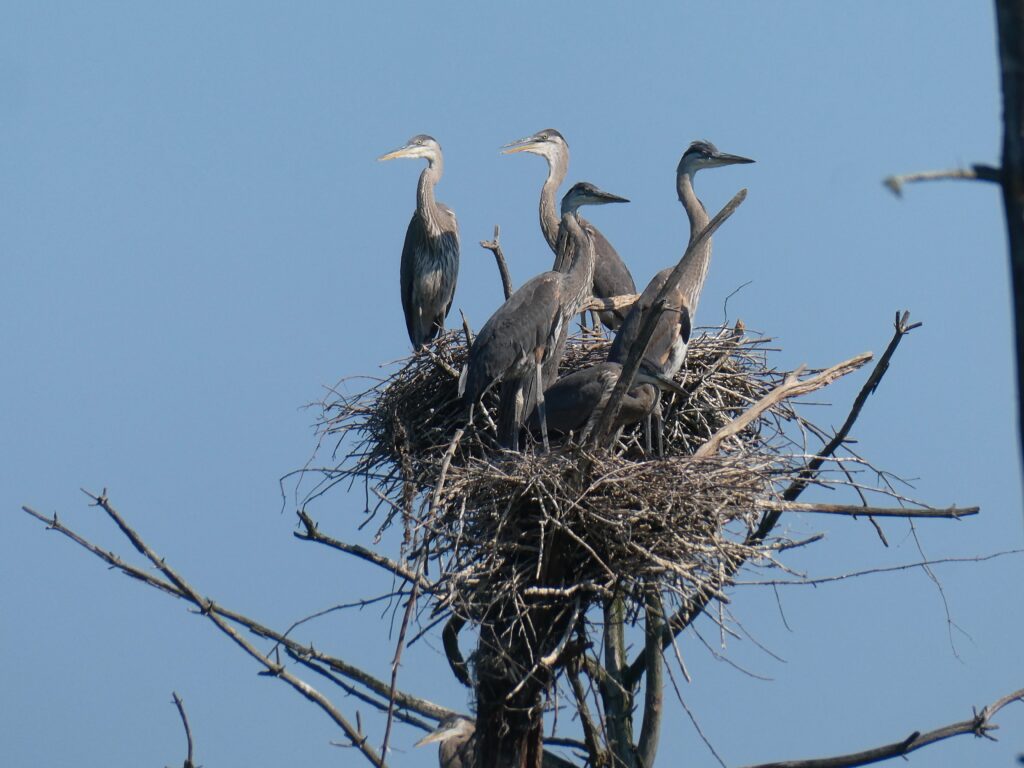
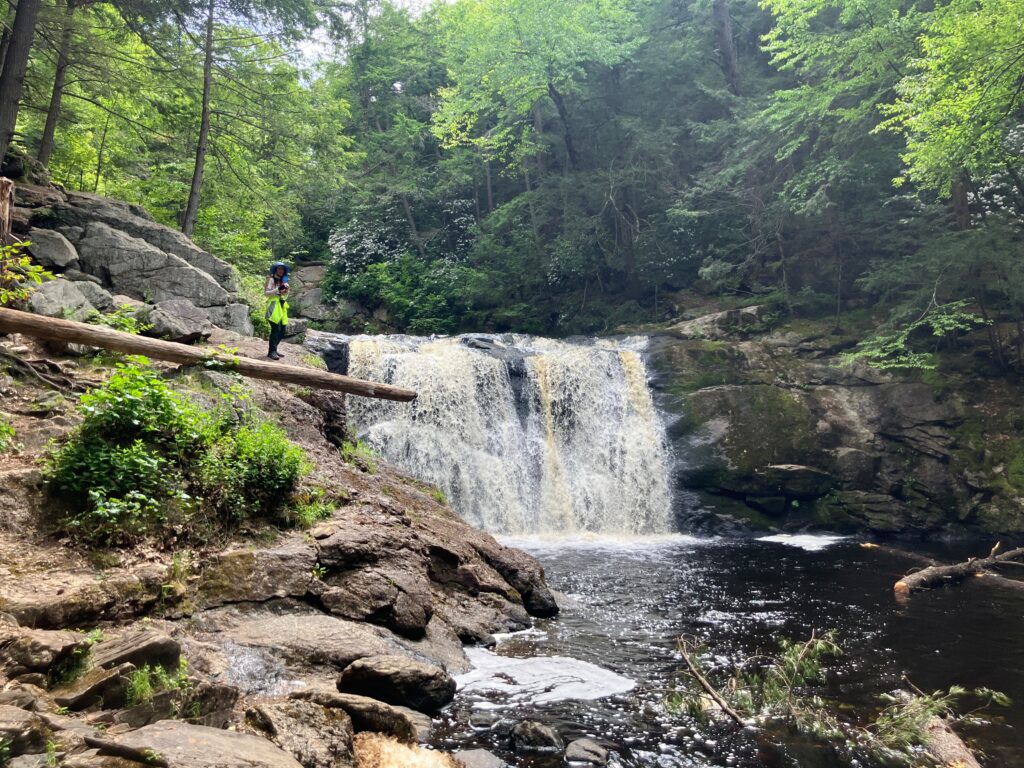
Next, we headed north through Maine and into New Brunswick. We had originally planned a longer trip into Canada to go to Nova Scotia or the Gaspe peninsula. But we had a hard time finding hikes that would be both quiet and interesting enough to justify the drive.
Our first hike was Tumbledown Mountain. This hike was not super interesting but had a fun little scramble section. Our next stop was an old growth forest area near Black Mountain. This was probably the best of several old growth forest hikes that we did on this trip. We used the website Old-Growth Forest Network to find places that probably haven’t been logged. They are usually very small chunks of land and vary a lot. Sometimes they look a lot like a normal forest, but others have a distinct feel with fewer bushes and small plants, bigger trees, more ferns and lichen, and just feel old and quiet.
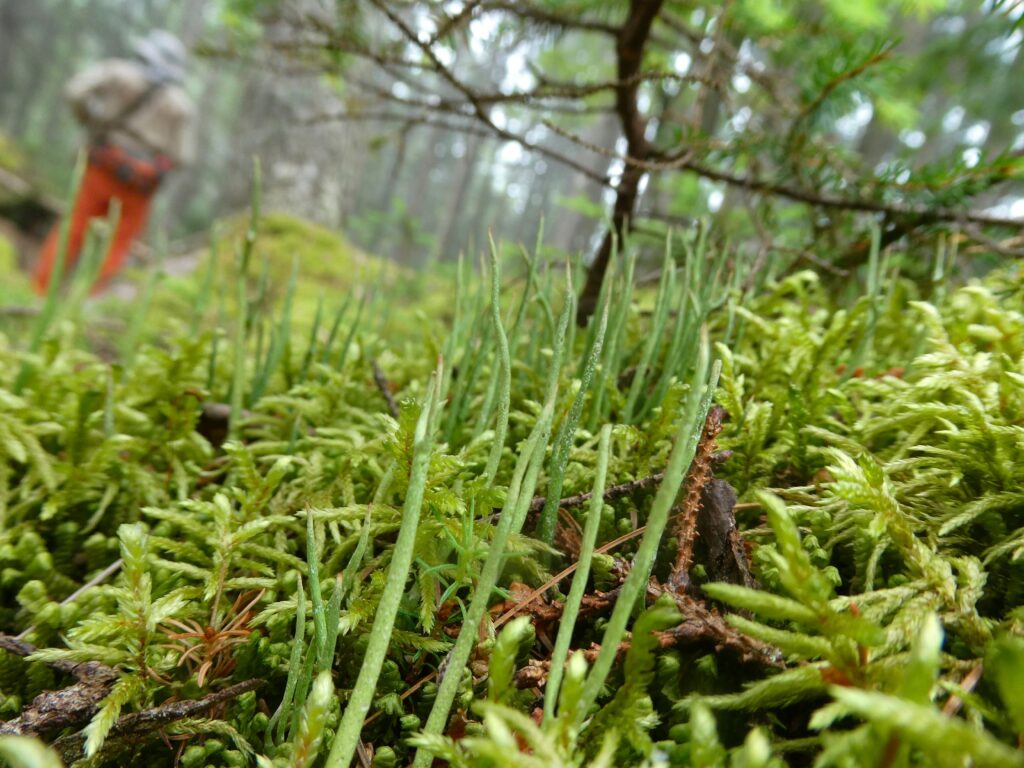
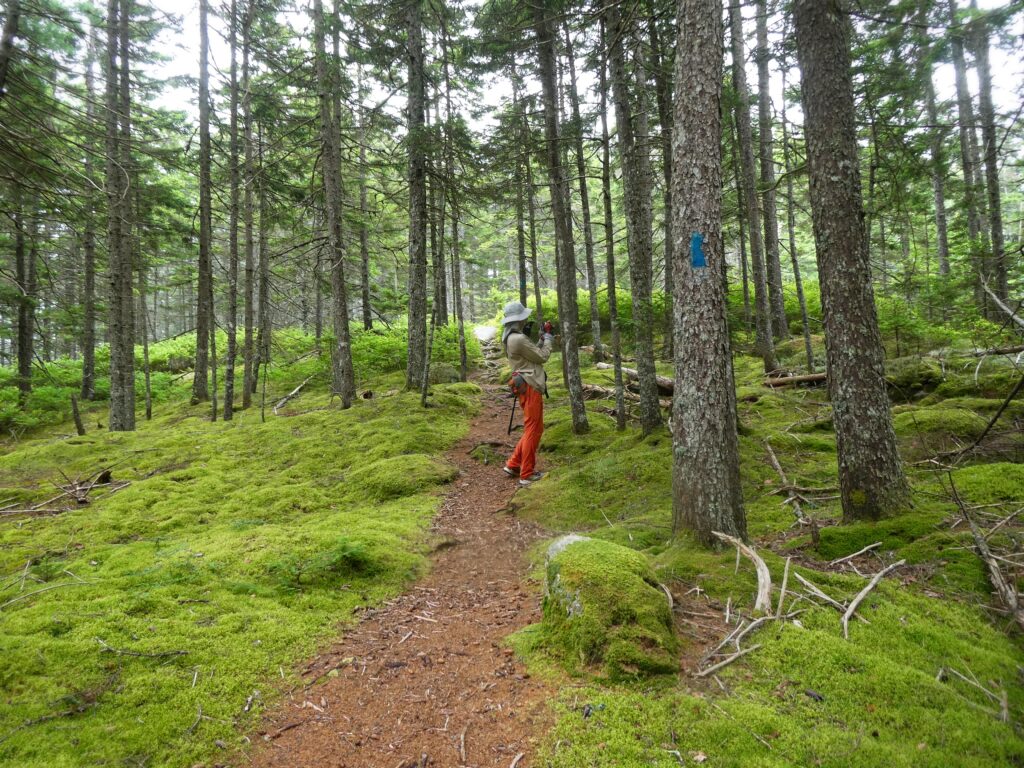
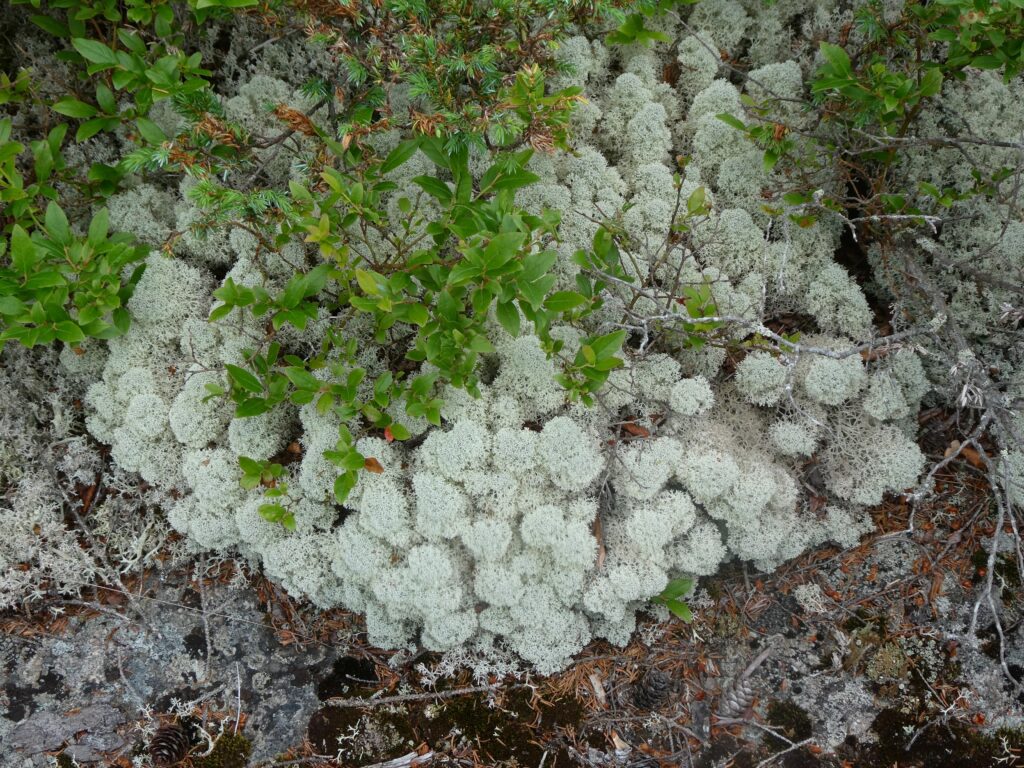
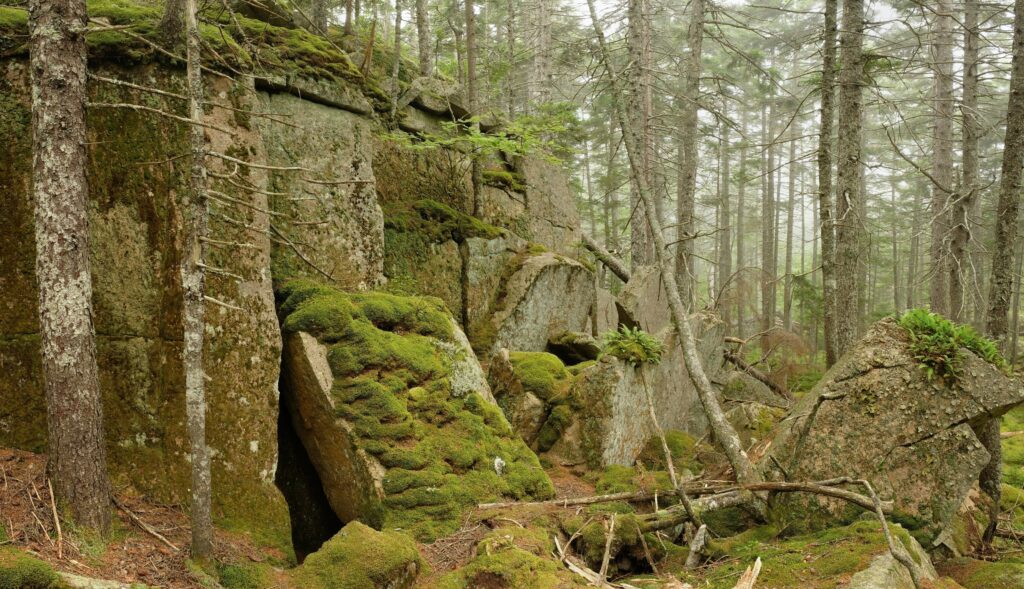
Our last stop in Maine was Cutler Coast. We did the Fairy head loop which included some beach, some coastal cliffs and some forest. Our first stop in Canada was Irving Nature Park which was very similar. Cutler was the better hike, but Irving did have a marsh area.
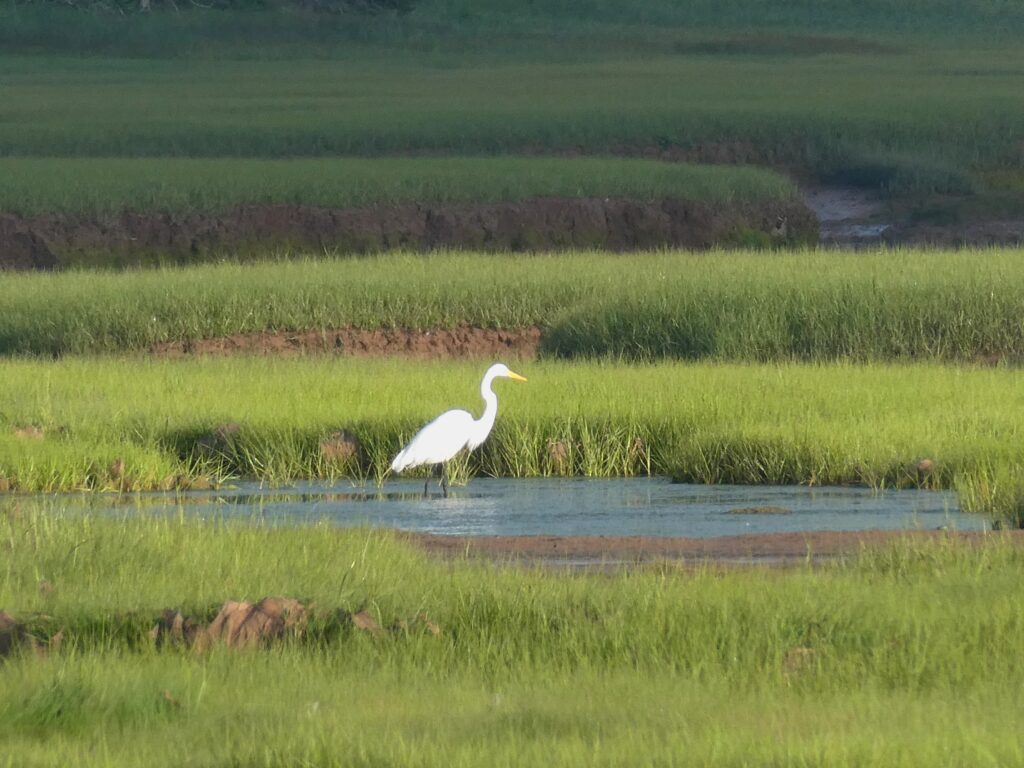
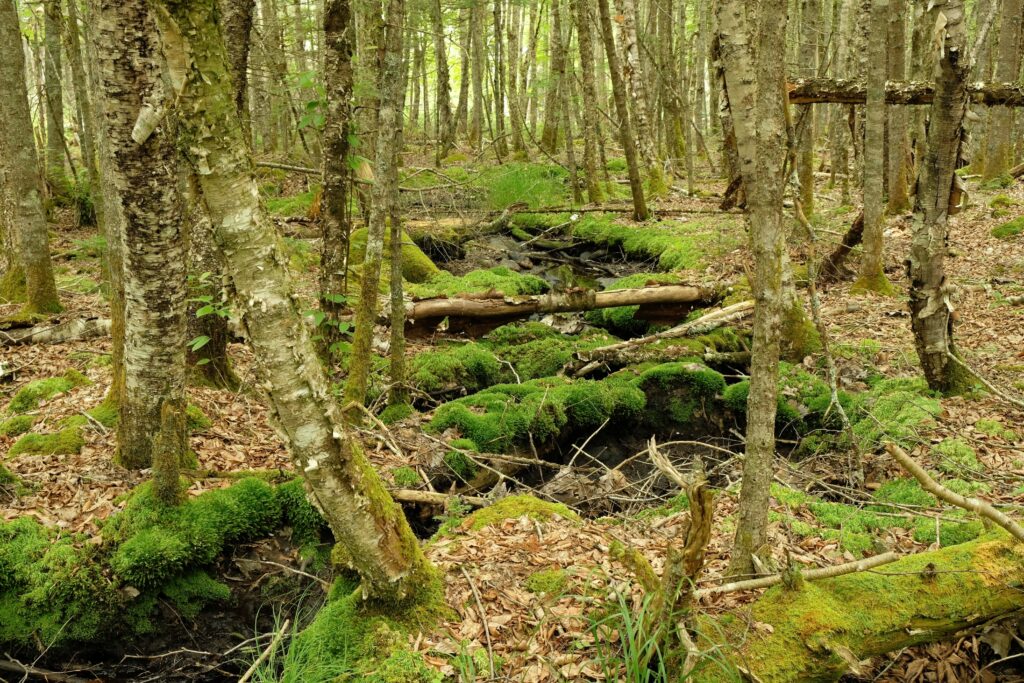
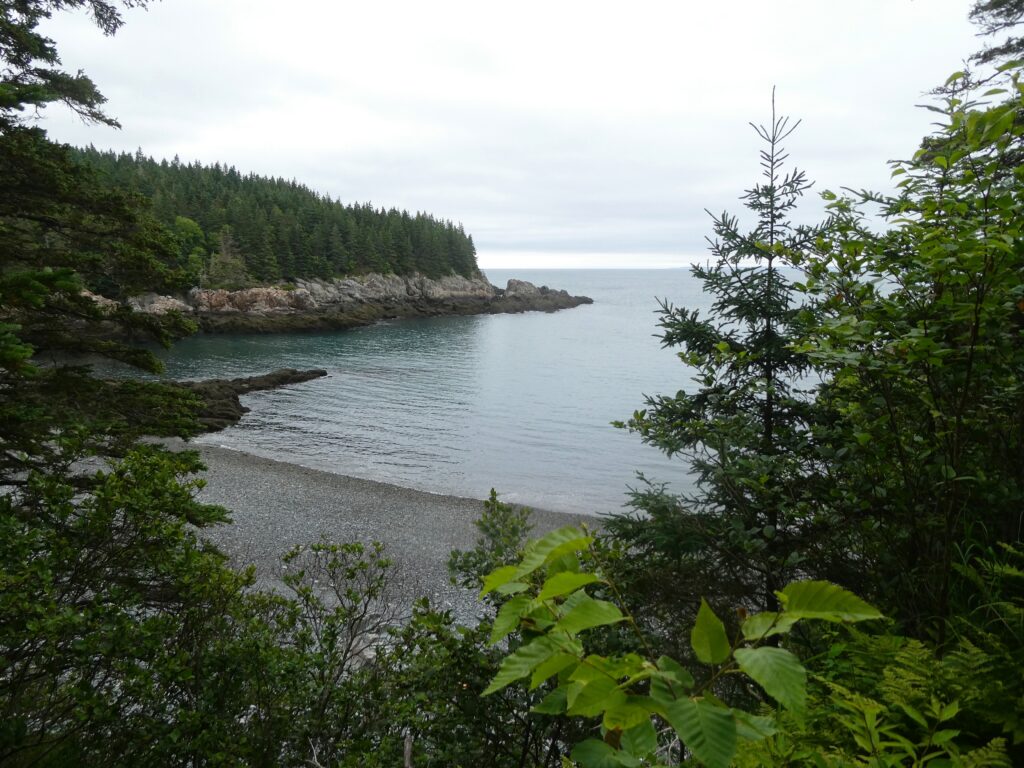
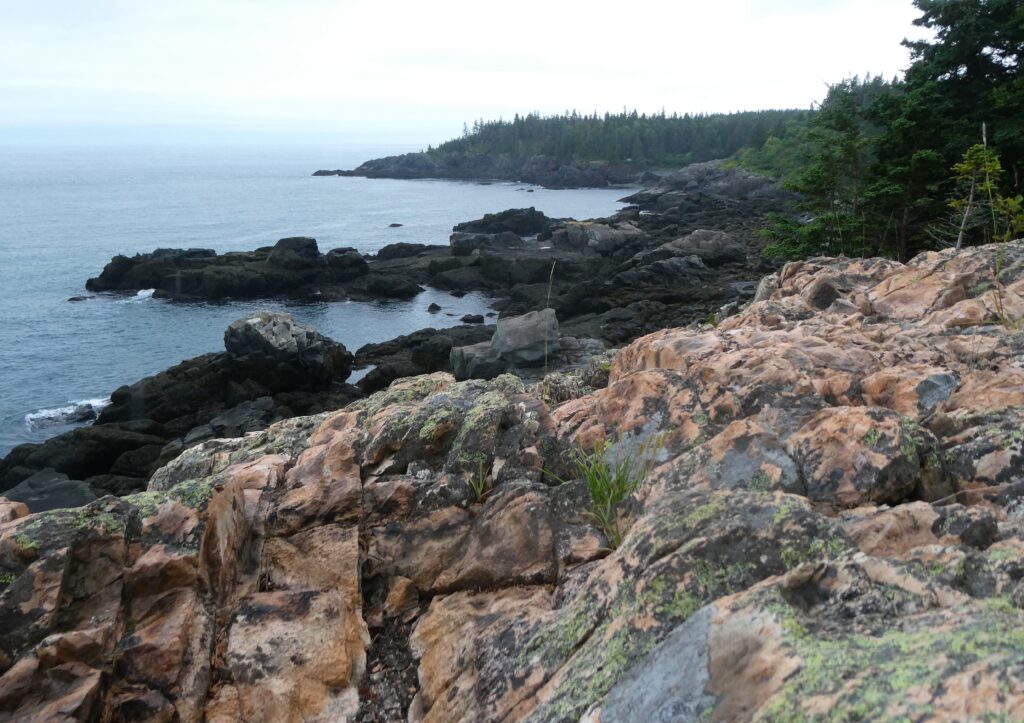
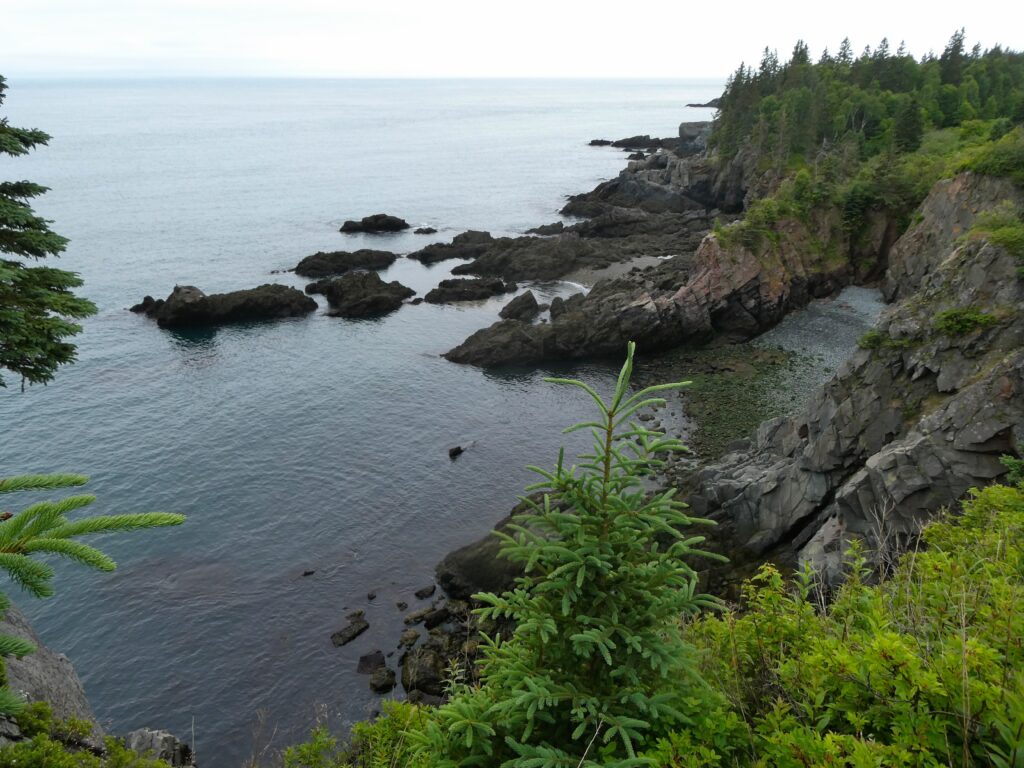
On the way to Fundy National Park, we drove through Fundy Trail Provencial Park. Fundy Trail was a nice drive along the coast with a few very short hikes along the way. At Fundy National Park, there were more people around and we had to start early or late to avoid running into people on our hikes. In the middle of the day, we tried to do really unpopular hikes or hikes outside the park. The environment was similar to the other coastal areas that we saw in Maine with lots of green, rocky ocean cliffs, and waterfalls. While looking for a place to sleep, we stumbled upon a marsh (man-made) that had lots and lots of frogs.
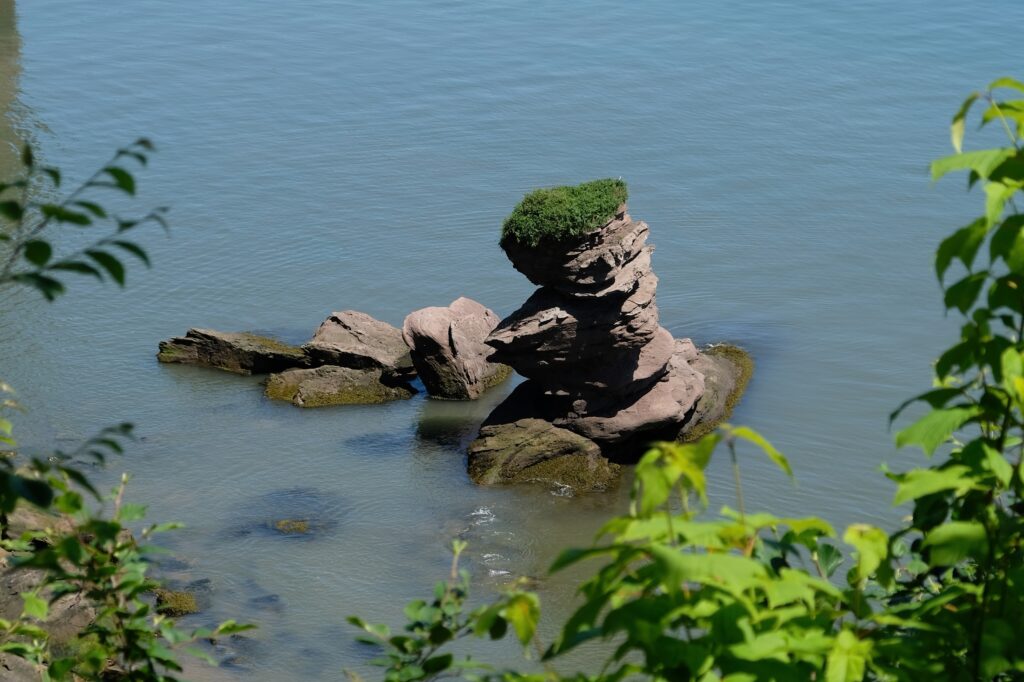
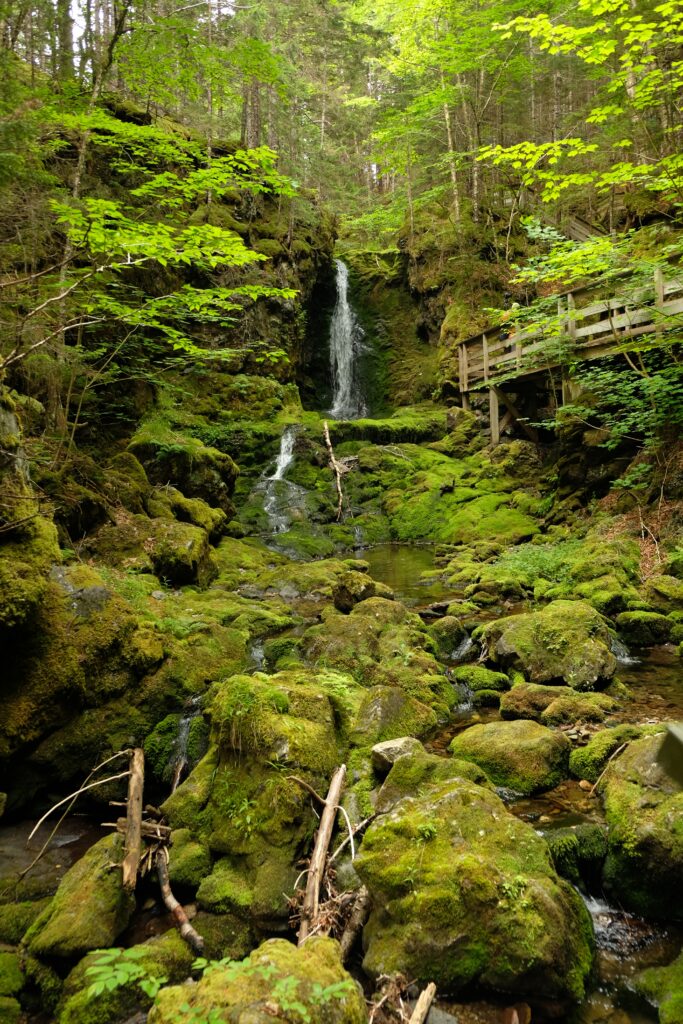
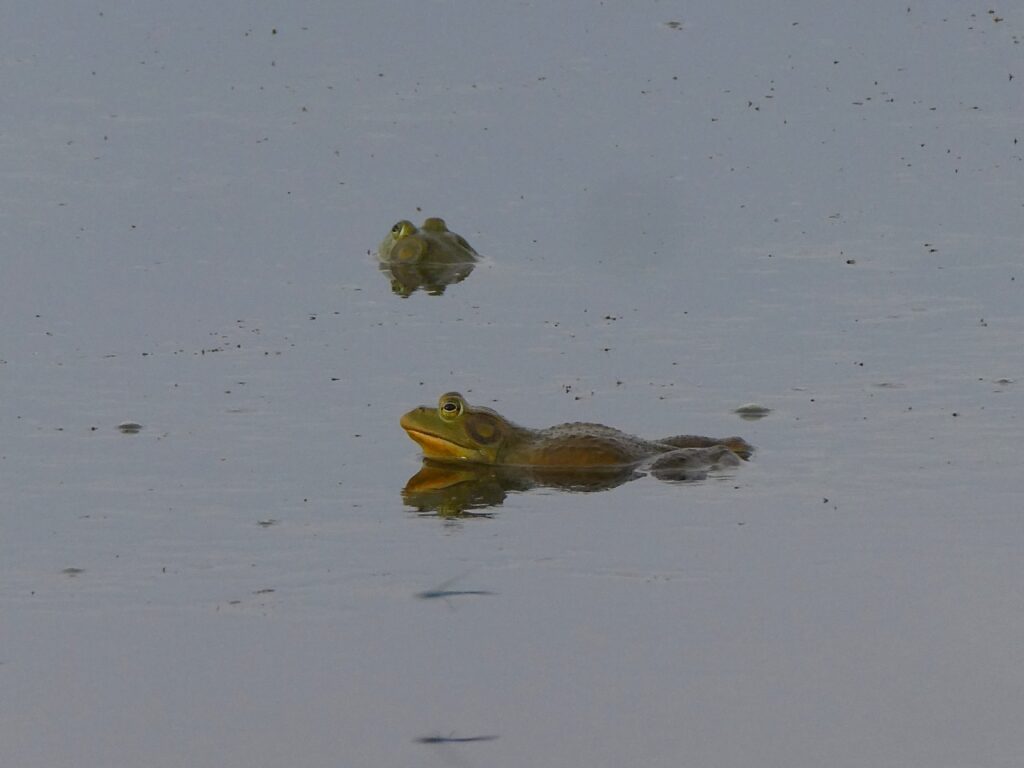
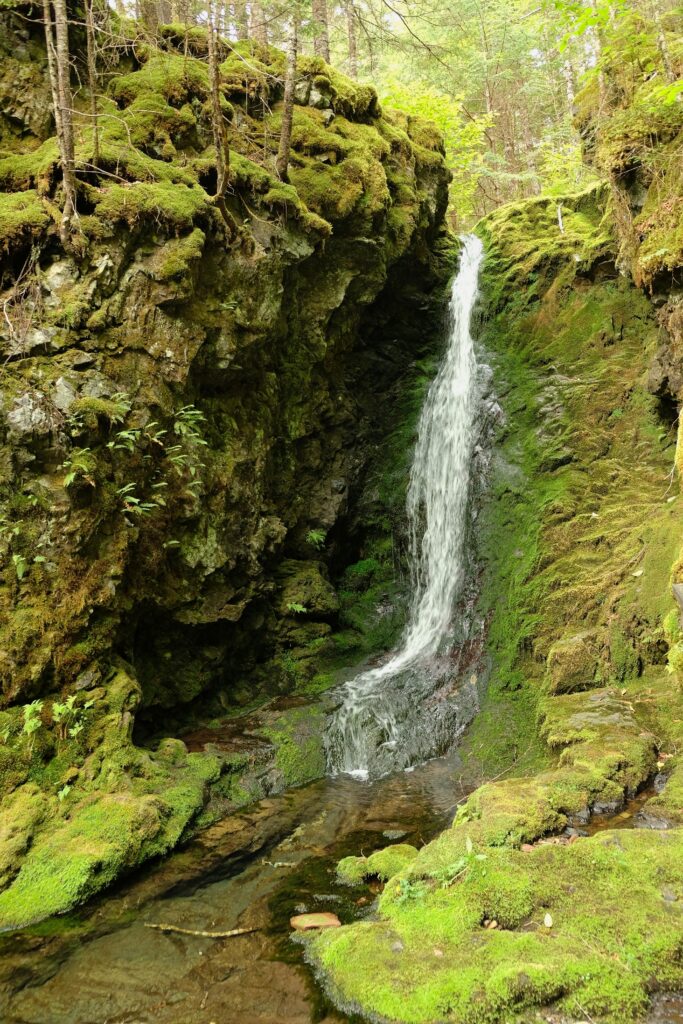
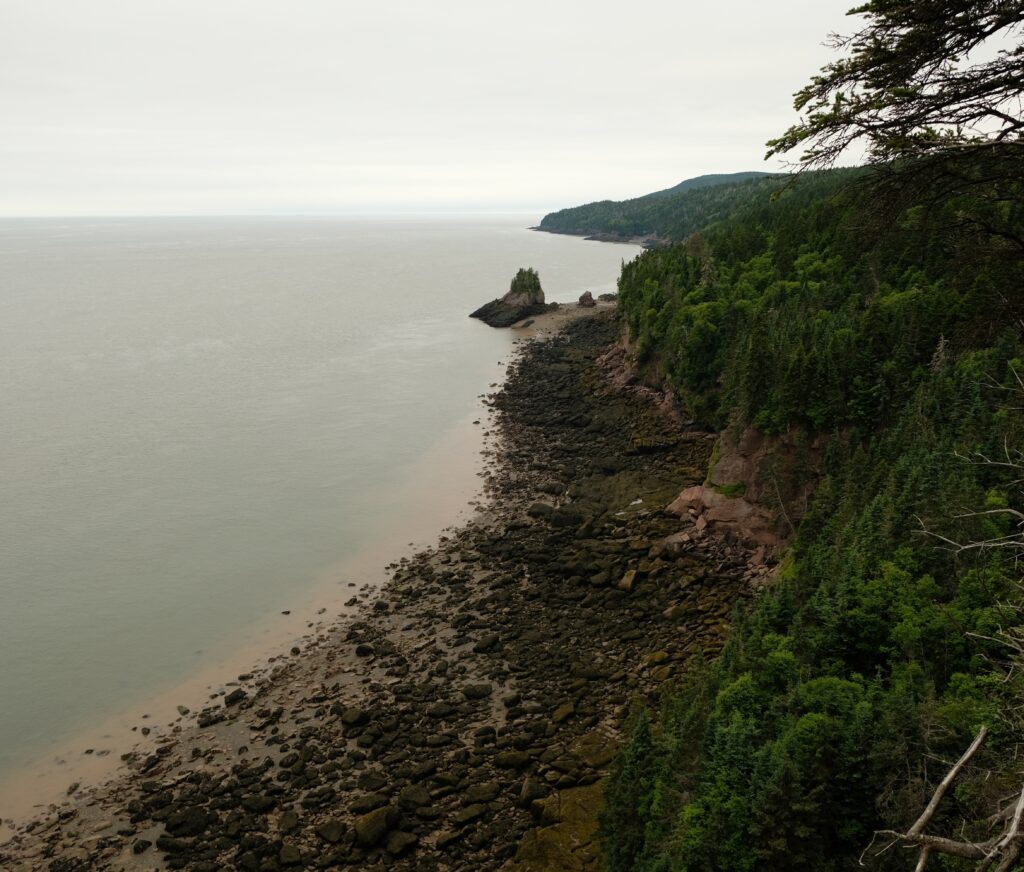
On the way back to Massachusetts, we did a few more hikes in Maine. The first was at Gulf Hagas (the “Grand Canyon of Maine”). This was a good hike through a gorge with several waterfalls. The rock in the canyon is vertical slate. The hike was difficult (we were also trying to do it quickly because it was getting dark) with lots of up and down as we followed the edge of the gorge. One big complaint about this hike is that access is only through a privately owned area and road that charges an exorbitant entrance fee.
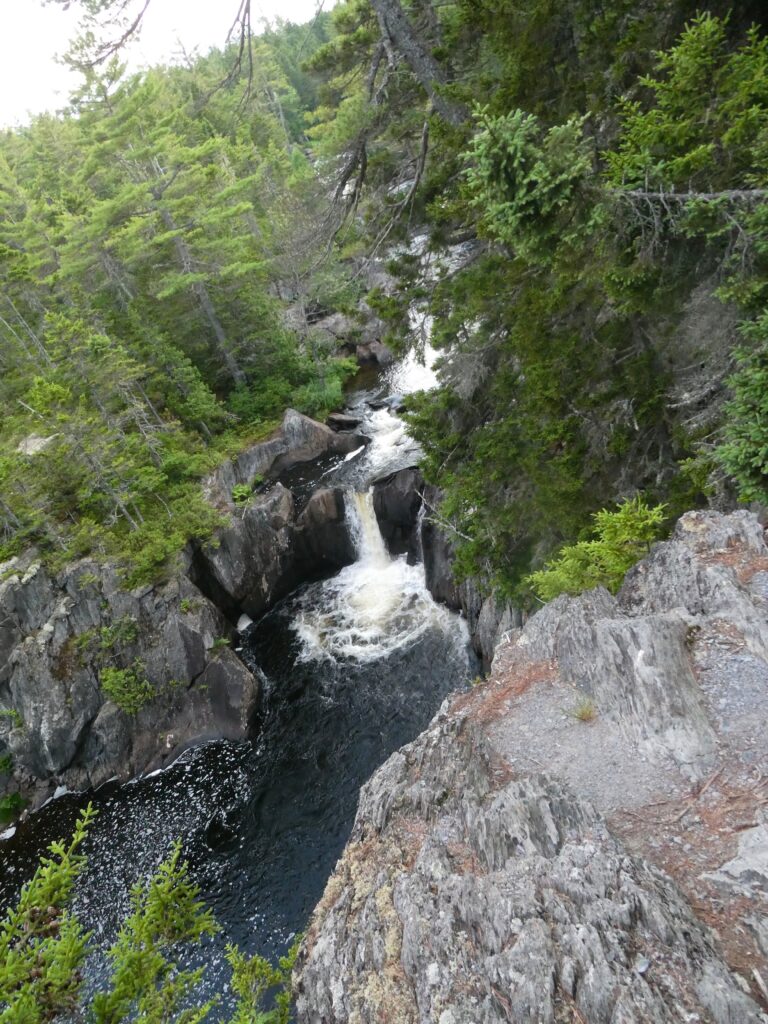
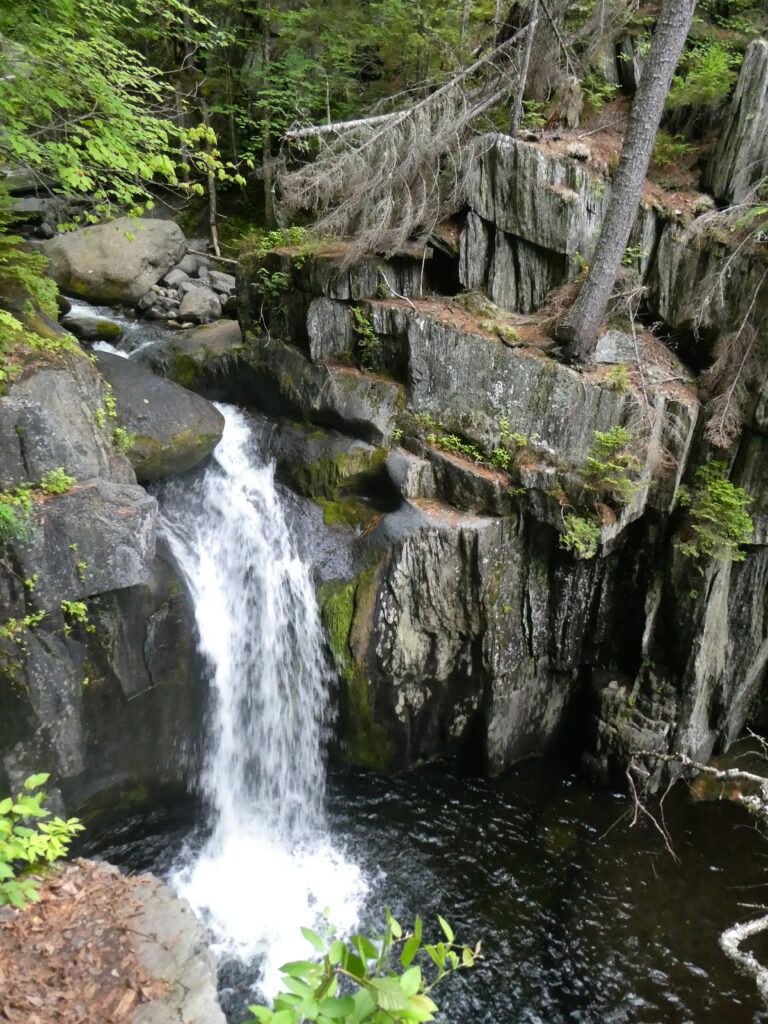
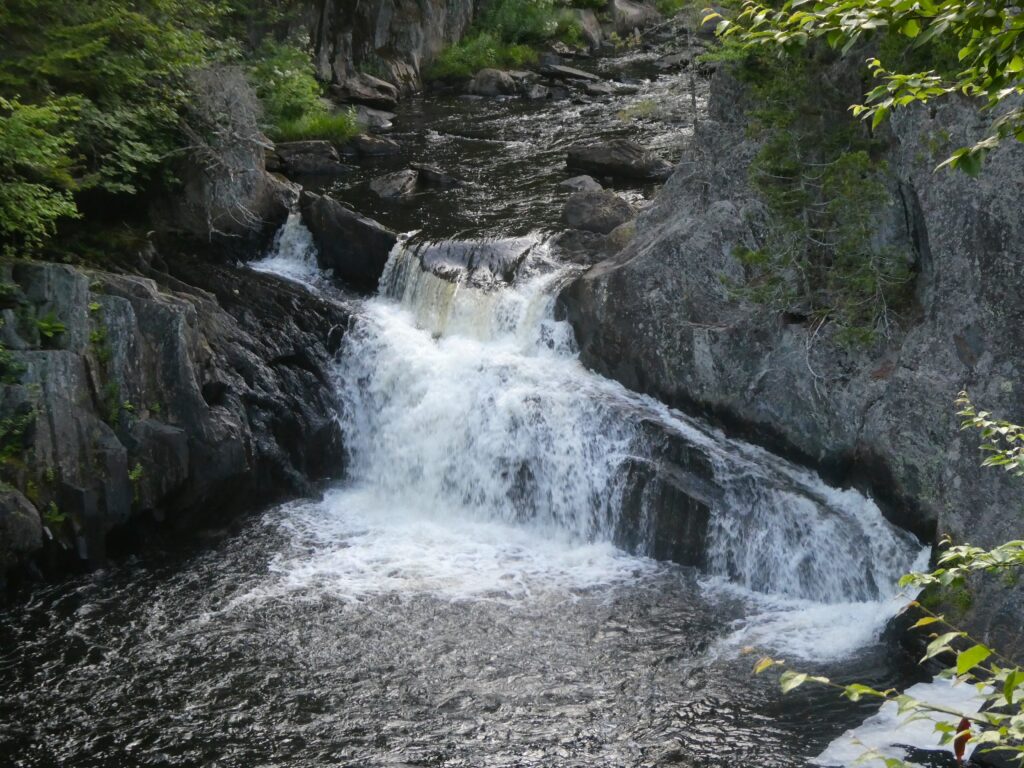
Our last hike in Maine was another old growth forest. We spent a few more days in Massachusetts before heading back to Colorado. On the way home, we stopped in New York to hand deliver a custom painting that Kira did for a client. We also hit three more old growth forests. One in MA, one in NY and one on the shore of Lake Erie. Then it was a couple days of driving through the Midwest before getting back to my mom’s house in Loveland.
